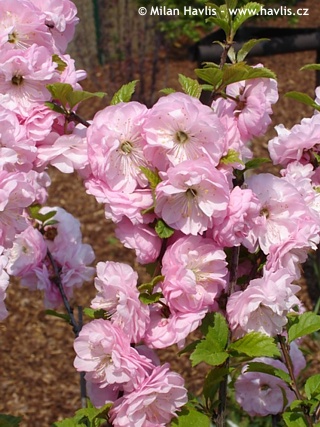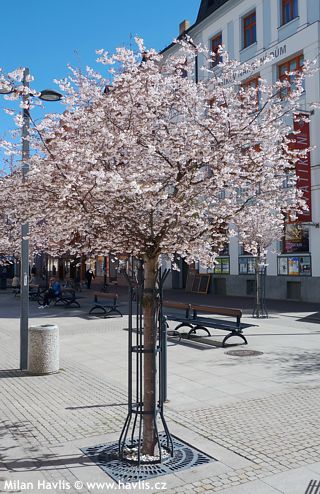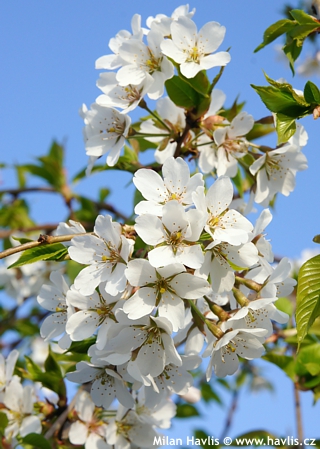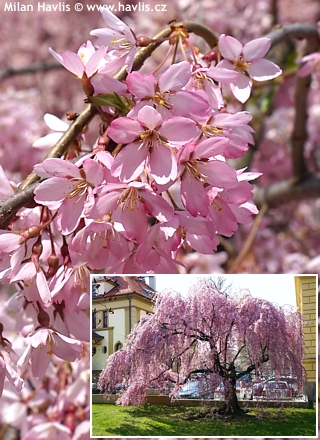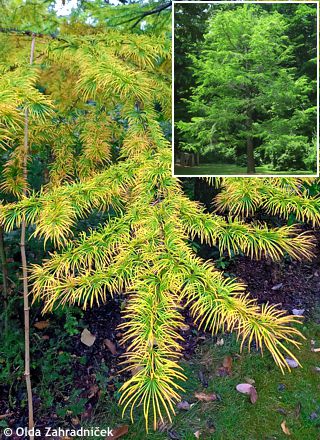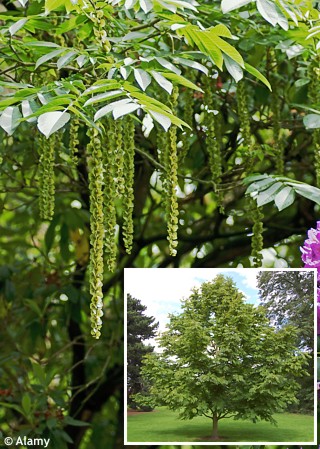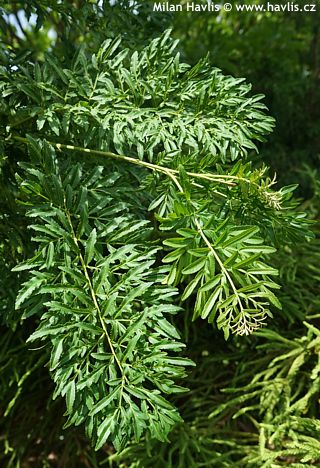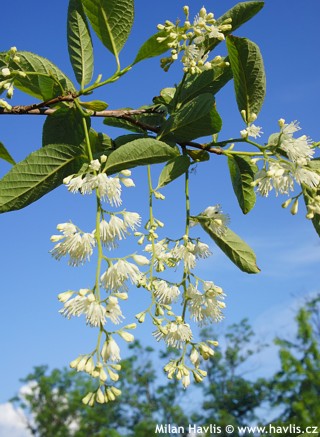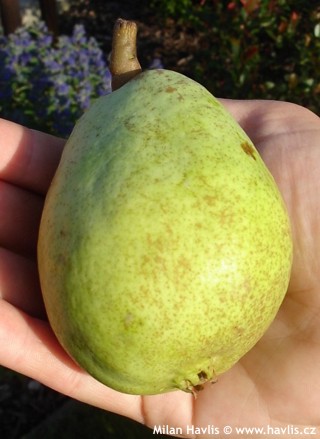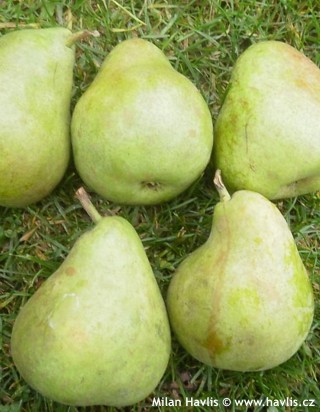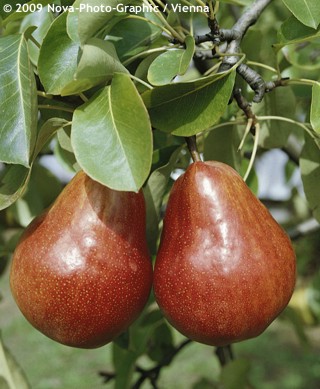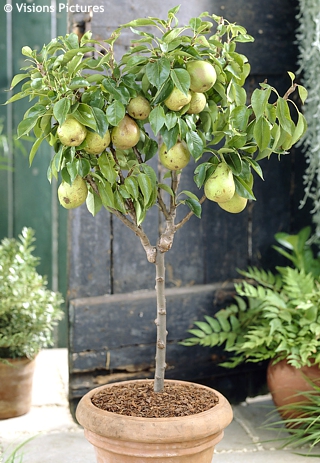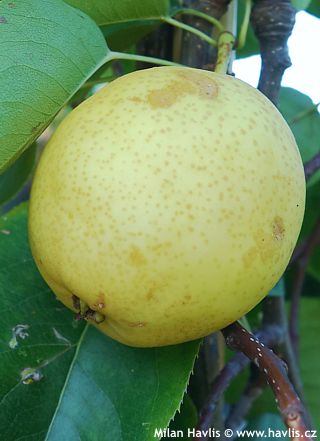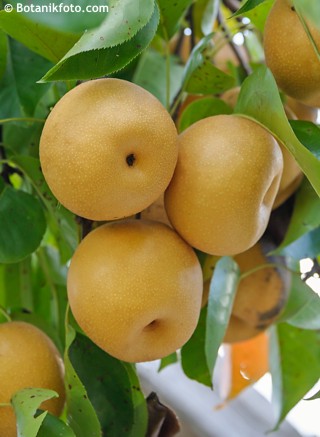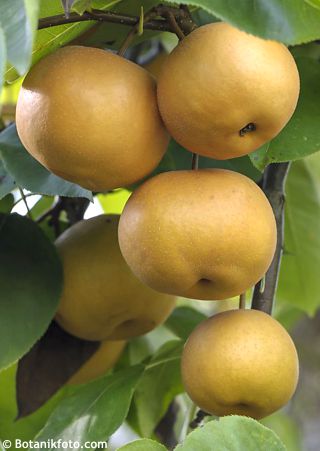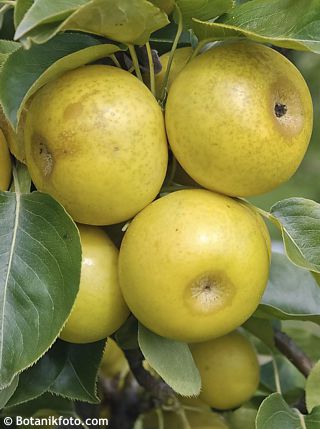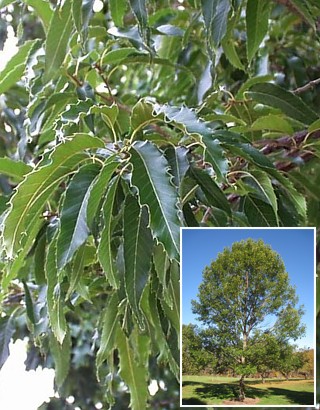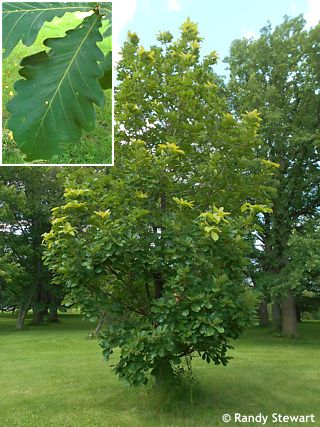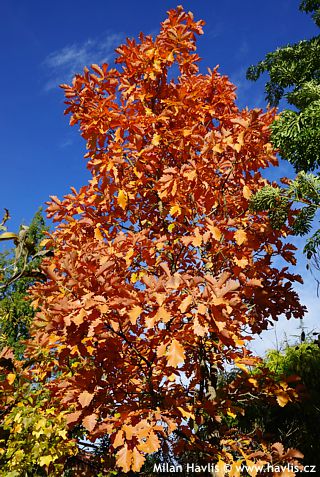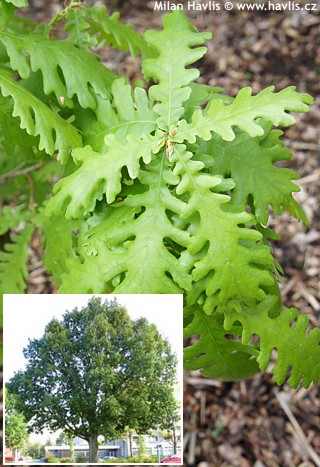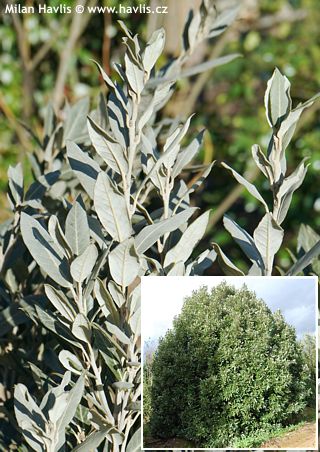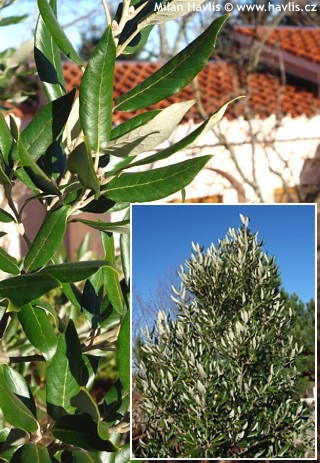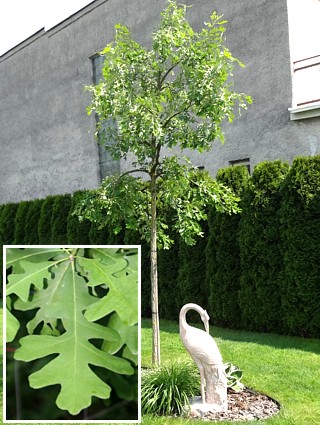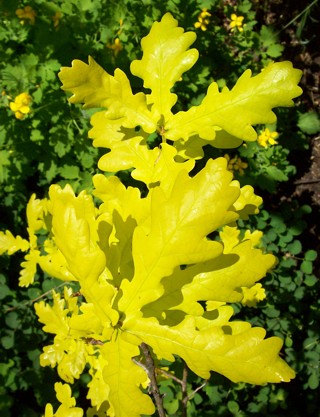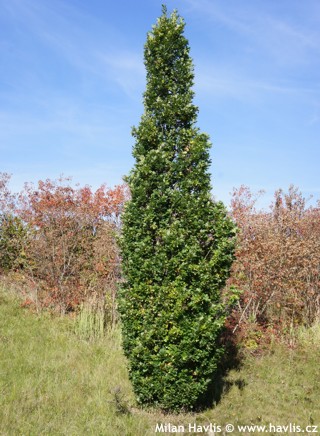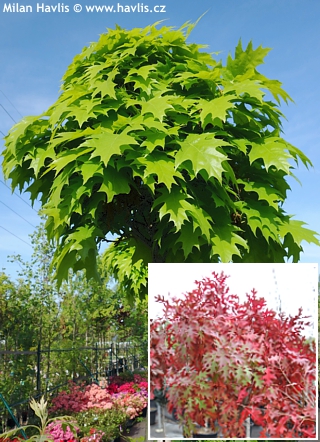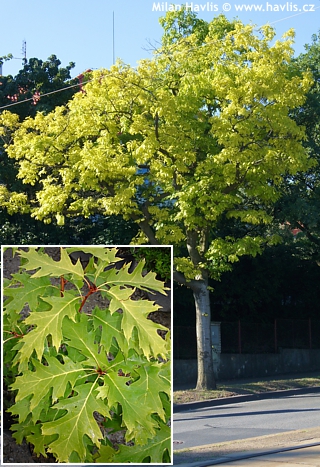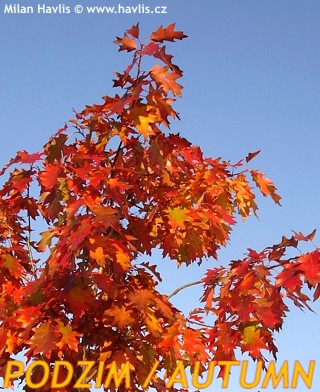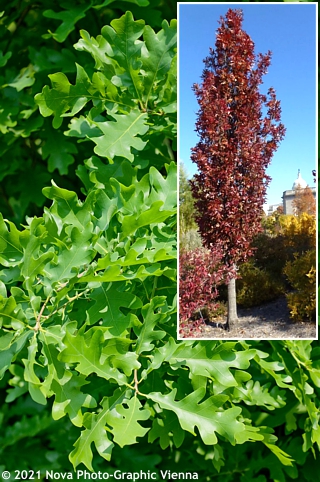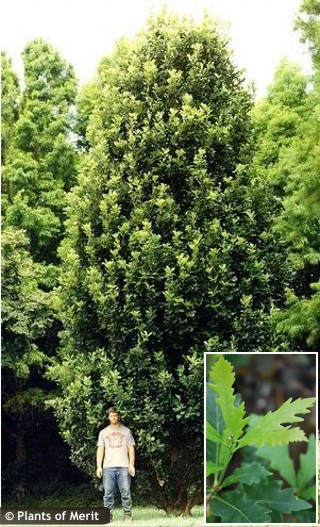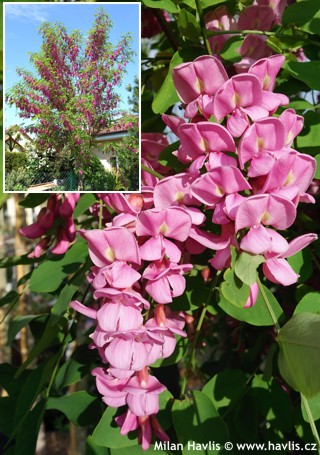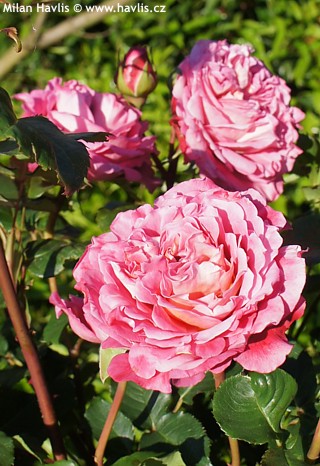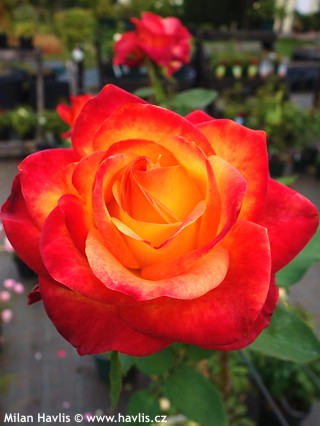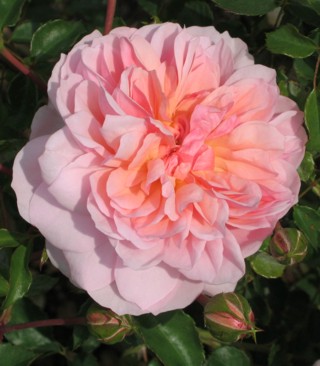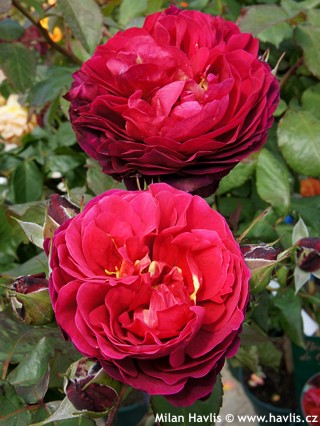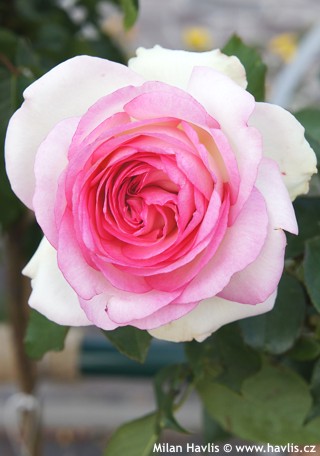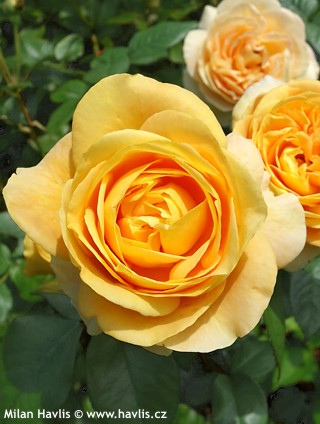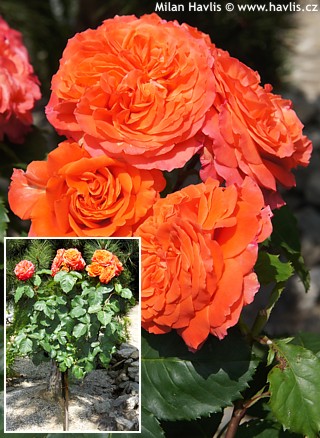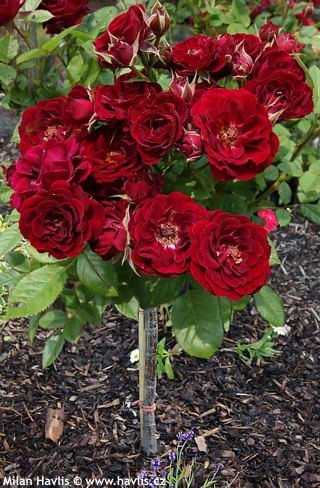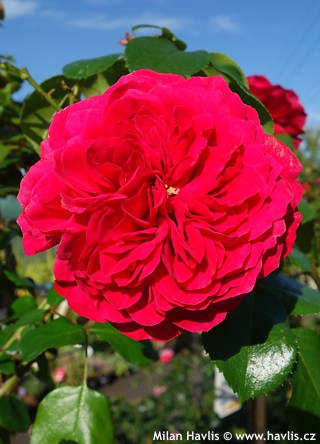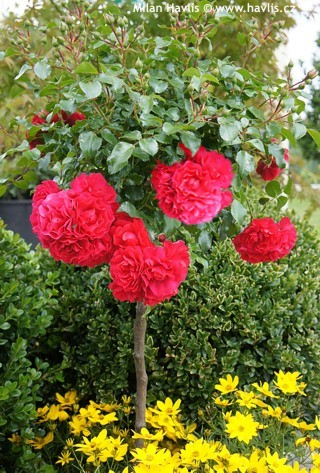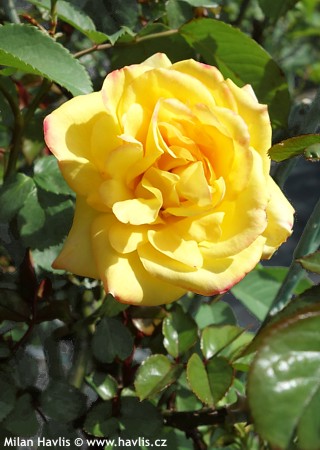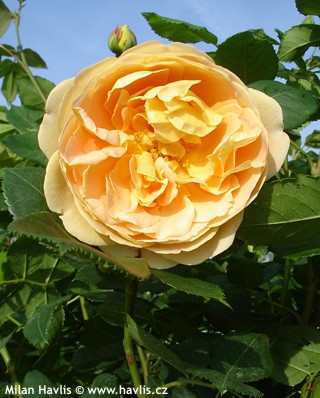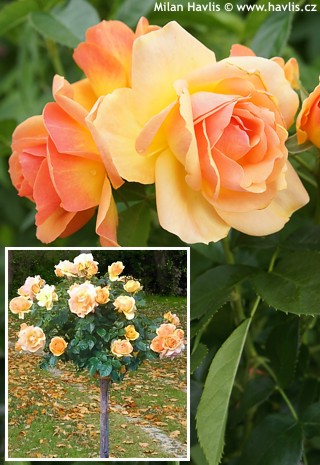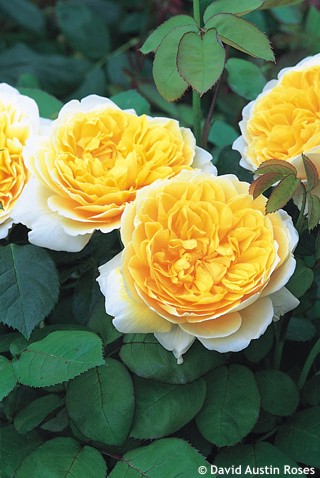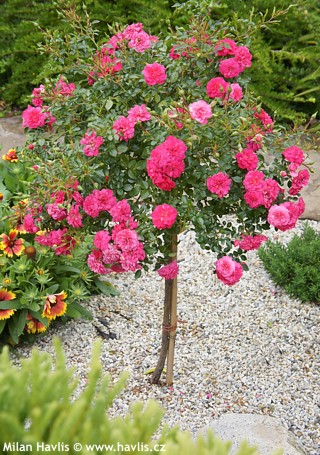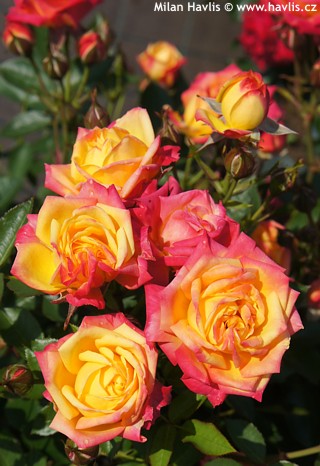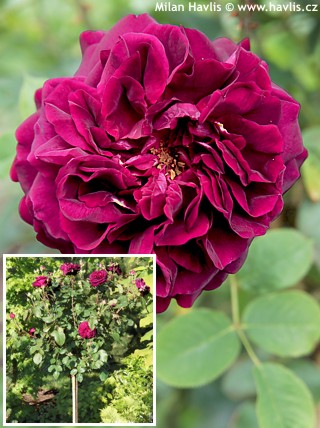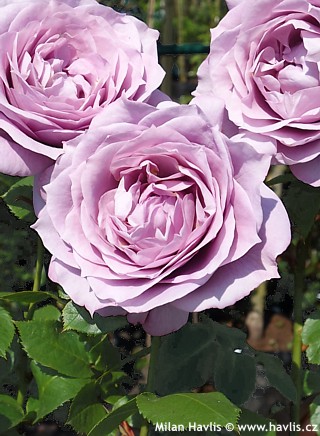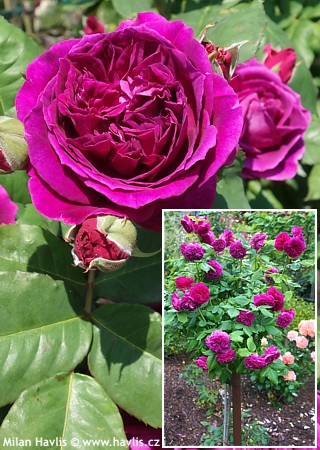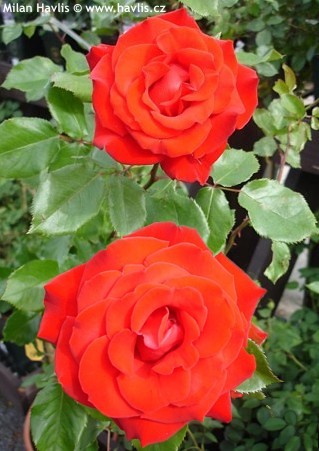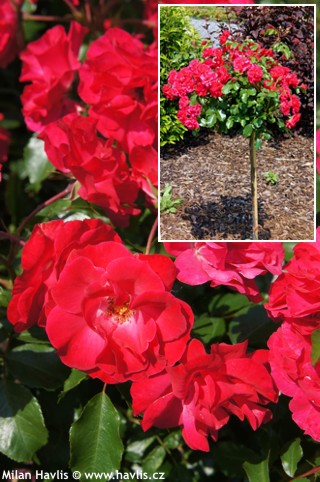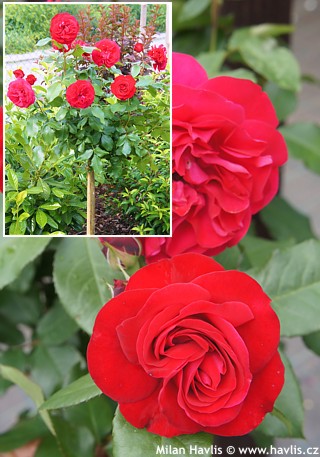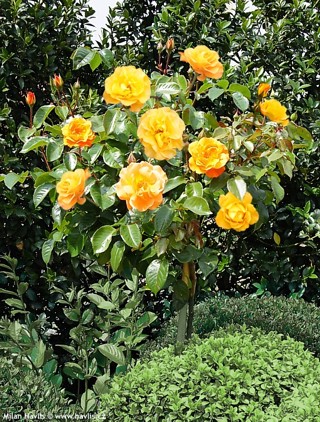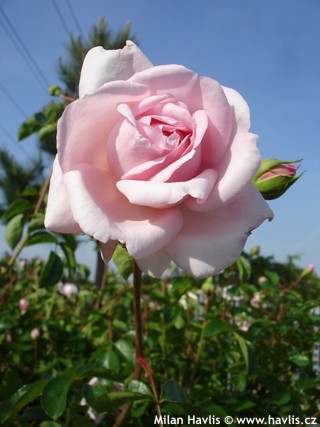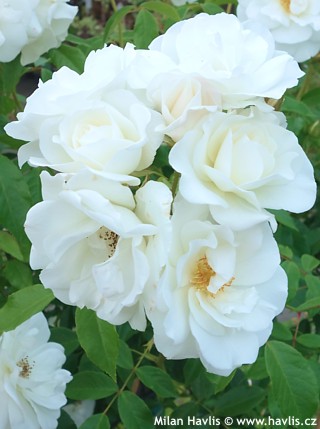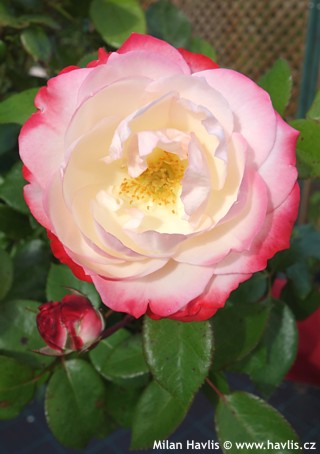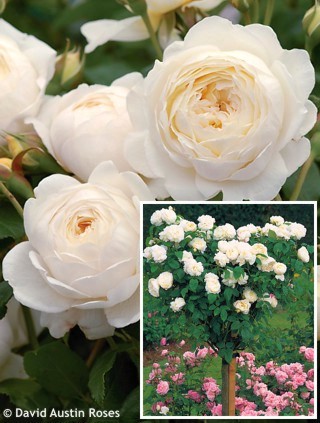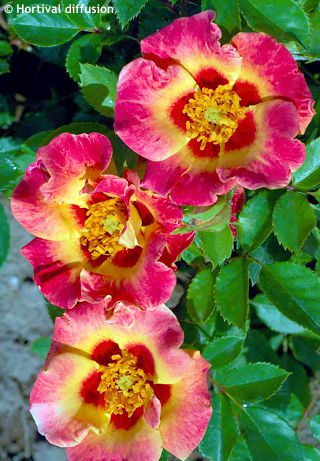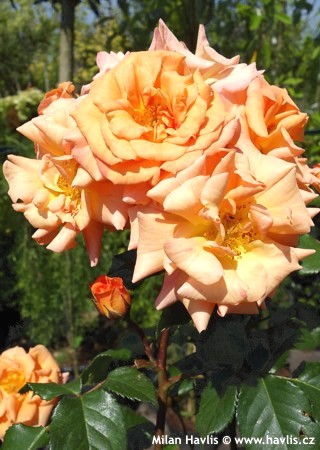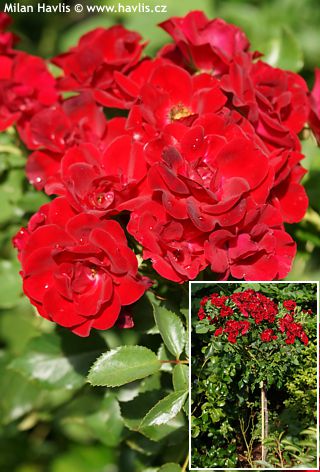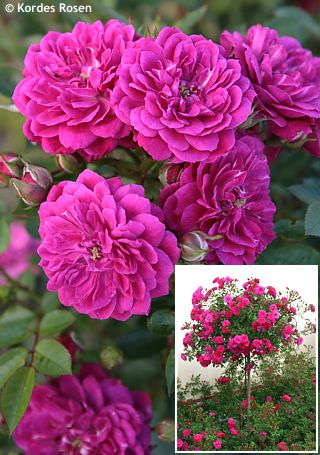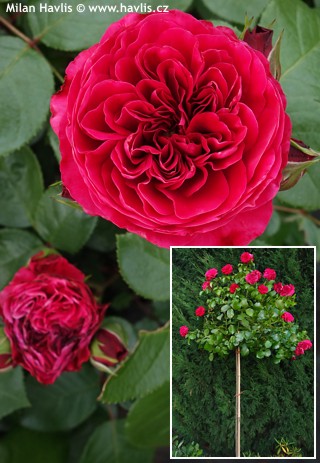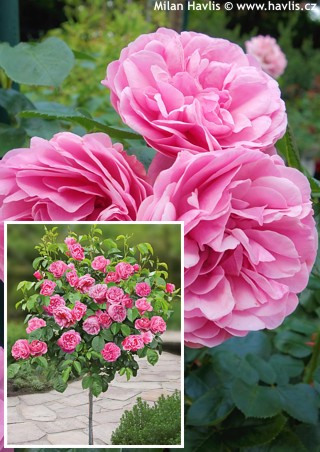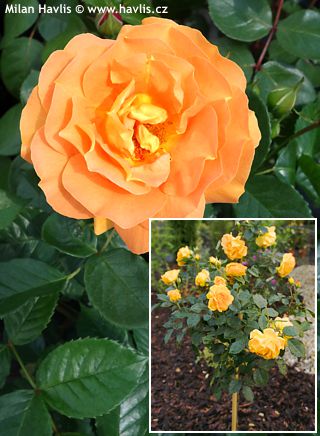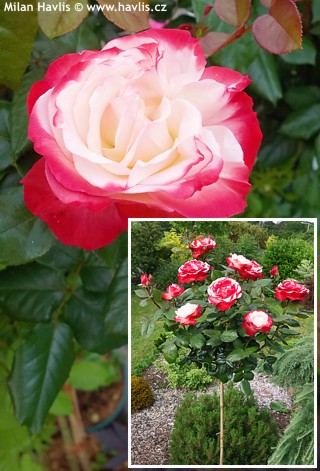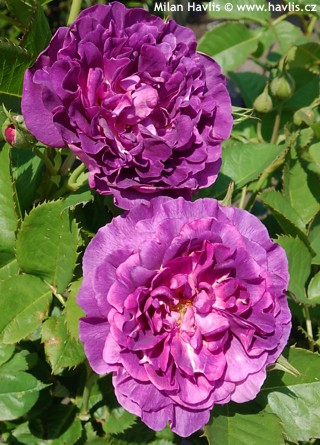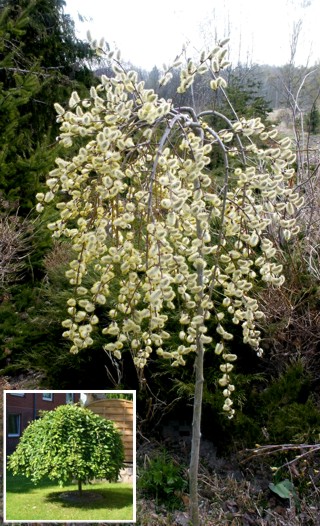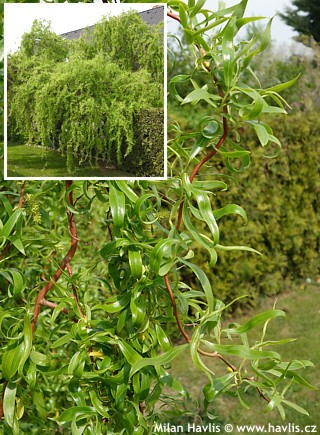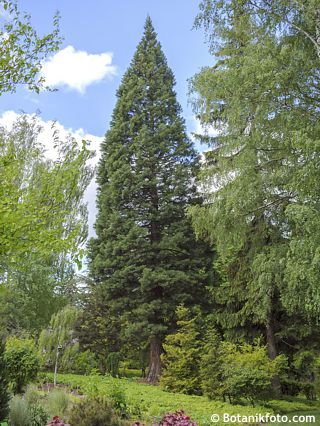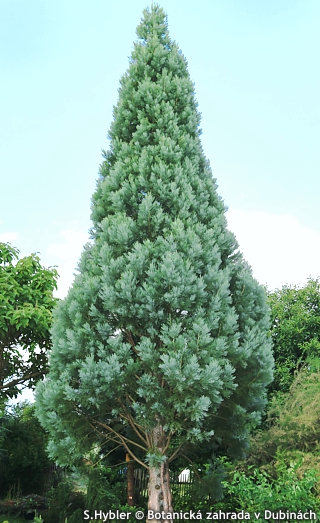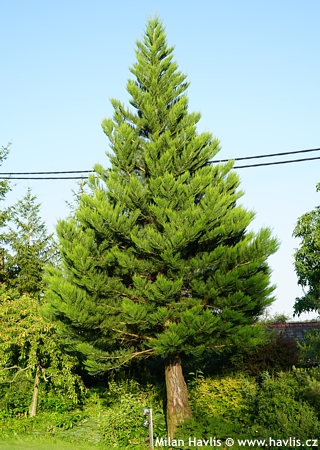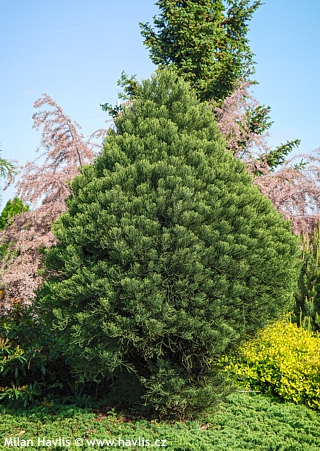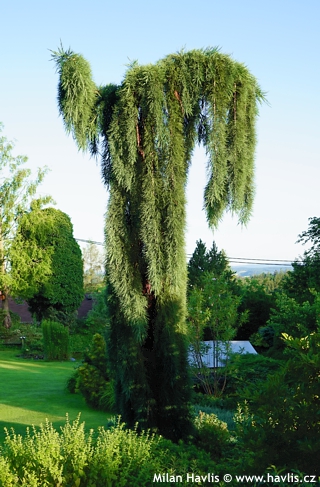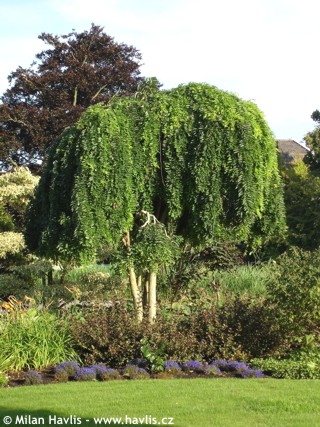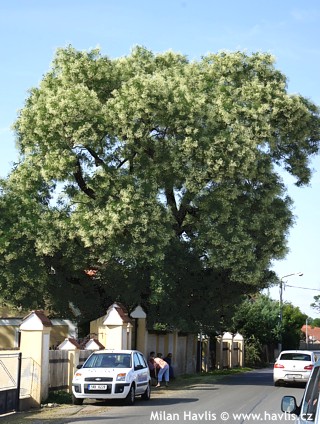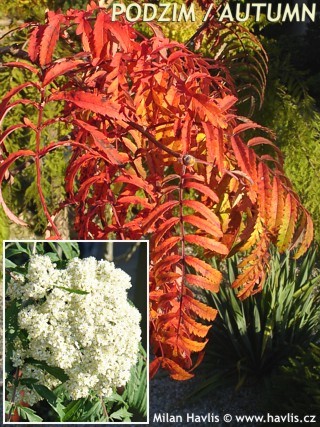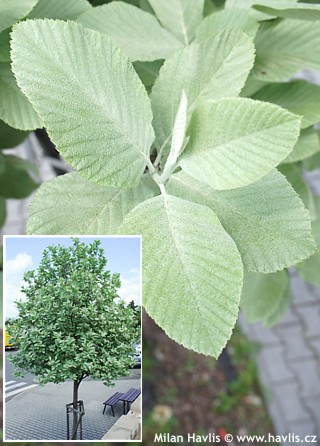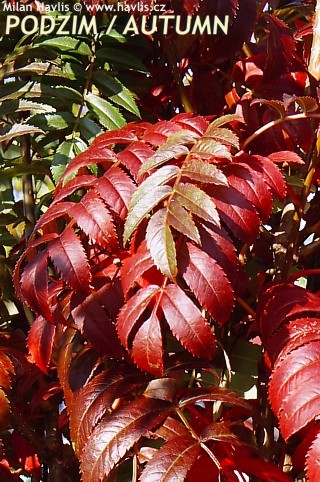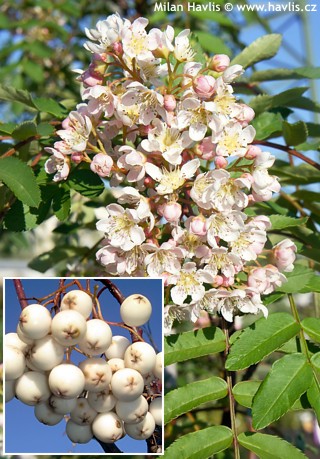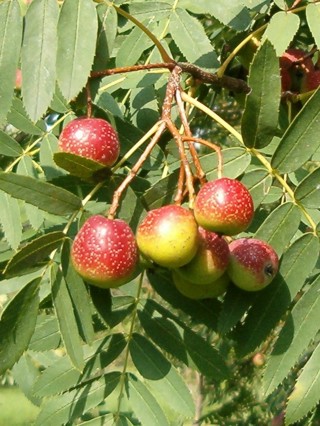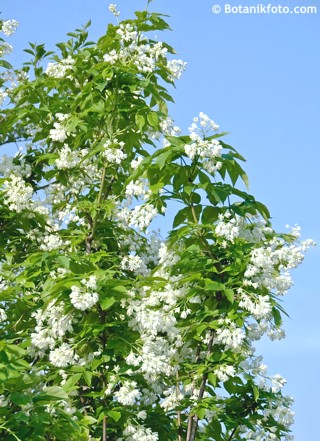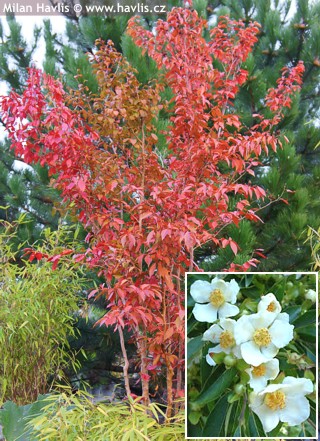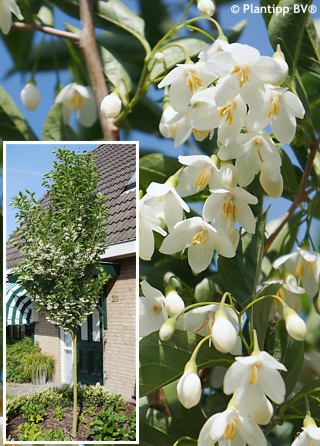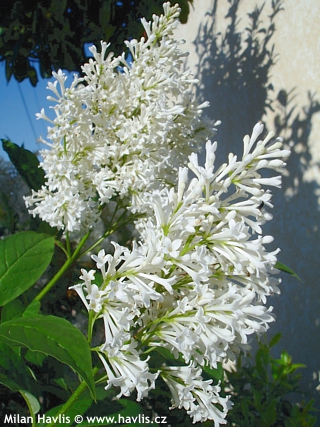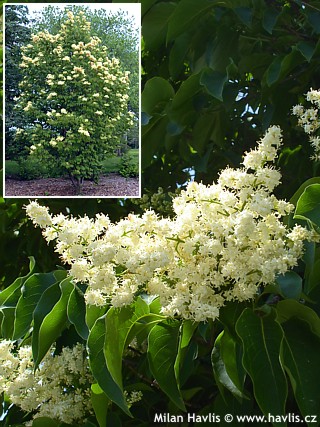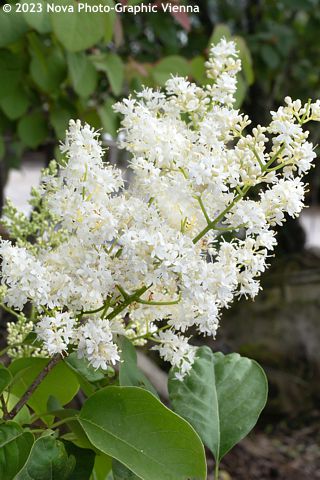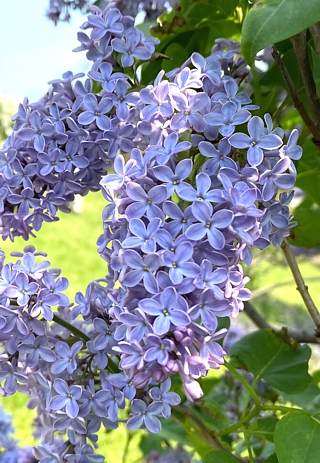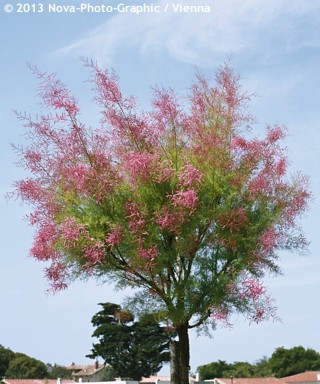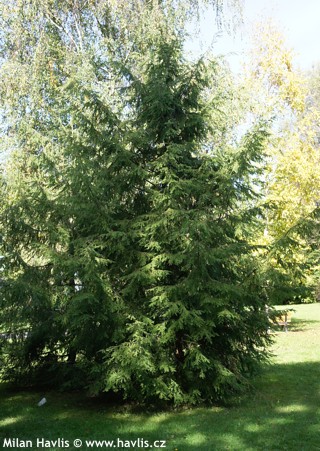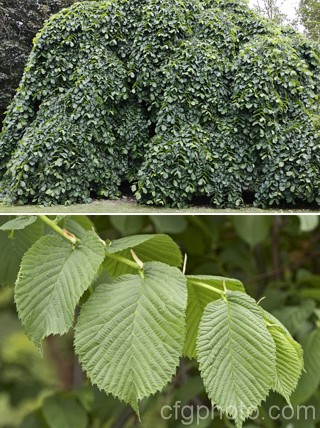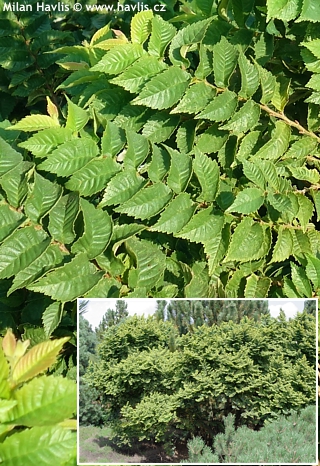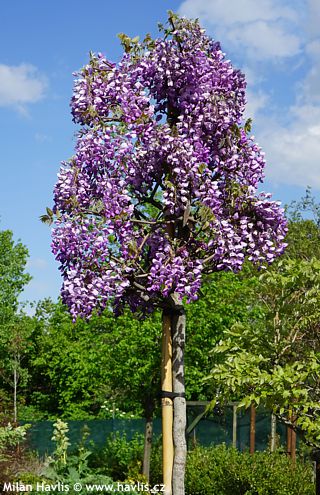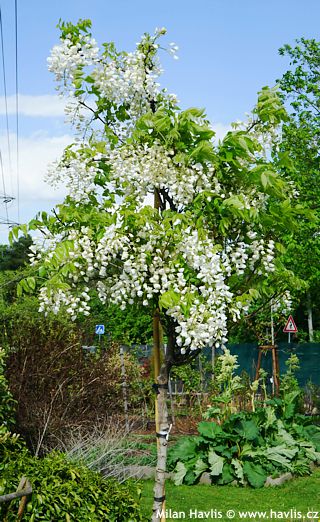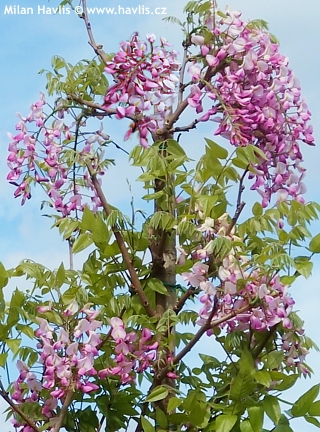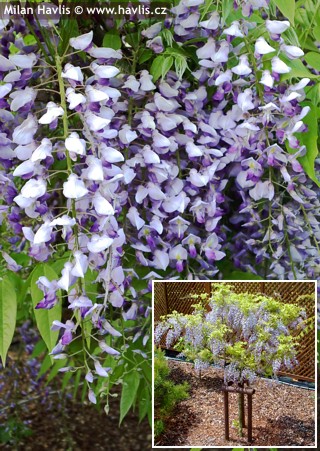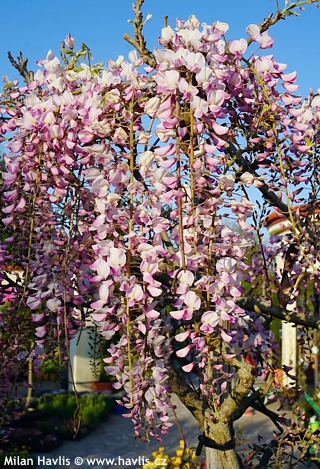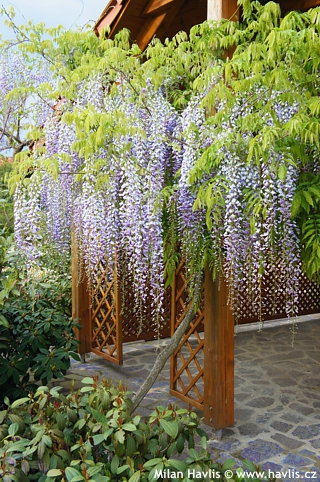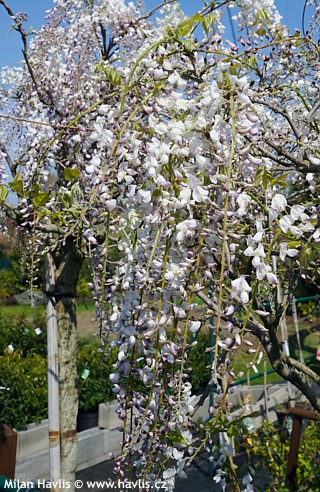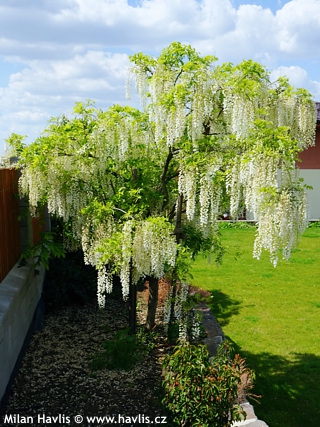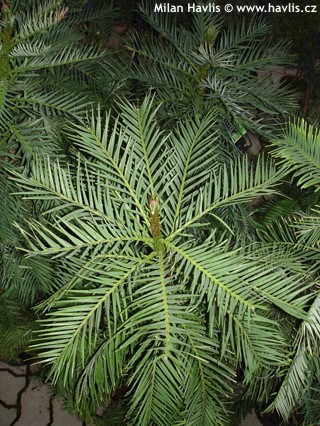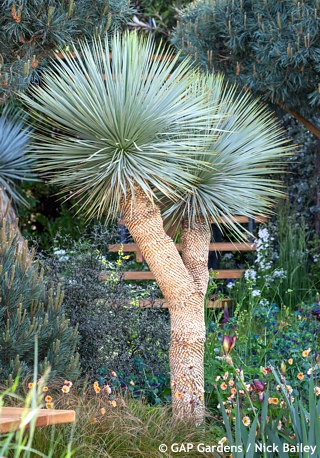CURRENTLY IN STOCK:
White fir is a popular conifer of Czech and Slovak gardens and parks. It is demanded for its glaucous foliage colour. Nurseries take good care to select only the seedlings that have the most attractive colour because this fir occurs naturally in the range of dark green where only the young shoots ar ...

15 - 30m

2 - 6m

full to partial sun

3 (down to -40°C)

for zone 5+6

for zone 7
Caucasian fir is perhaps the most beautiful conifer of our climate. No wonder that it is also a commercial bestseller as a Christmas tree. Its short needles densely cover the branches; they are deep green and very glossy, with silvery undersides. Fresh growths are intensely bright green.
The growth ...

12 - 18m

3 - 5m

full to partial sun

4 (down to -34°C)

for zone 5+6

for zone 7
Field maple (and its varieties) is one of the most frequently planted trees in Czech urban landscapes. It is of European origin and has earned its success thanks to its high tolerance to all kinds of weather conditions as well as those brought upon by humans, and longevity. It is rated a medium-tall ...

6 - 10m

6 - 10m

full to partial sun

5 (down to -29°C)

for zone 5+6

for zone 7
When one mentions Elsrijk, most landscape architects think of a tree that “doesn’t stand out” and that is precisely what makes it exceptional. It is a field maple variety whose canopy is regular, narrowly oval to pyramidal, and keeps its shape without pruning, giving it a tidy appearance even withou ...

6 - 10m

4 - 6m

full to partial sun

3 (down to -40°C)

for zone 5+6

for zone 7
Nanum is a dwarf variety of Field maple, suitable for small gardens and avenues with limited space. It grows slowly into a small tree some 2.5m tall and wide. The leaves are deciduous, deep green, with 3-5 rounded lobes, turning yellow in autumn. It naturally forms dense and many branched, rounded c ...

1,5 - 3m

1,5 - 3m

full to partial sun

4 (down to -34°C)

for zone 5+6

for zone 7
Snakebark maple is a distinctive maple species that was discovered in China by Jean Pierre Armand David in 1869. Being quite easy to grow and non-problematic to transplant one wonders why it remains in the group of plants difficult to locate both in garden centres as well as private gardens.
It is ...

IV - IV

8 - 15m

3 - 6m

full to partial sun

5 (down to -29°C)

for zone 5+6

for zone 7
Some trees are admired for other features than just flowers or foliage. There are many of us who easily fall head over heels in love with a picturesque bark like that on paperbark maple from China. It peels off in thin, almost paper-like shavings even on young plants which makes it one of the most s ...

5 - 7m

3 - 4m

full sun

4 (down to -34°C)

for zone 5+6

for zone 7
Montpellier maple is a typical Mediterranean tree commonly found in dry, coastal or mountainous landscapes of Portugal, France, and Italy. It makes small, three-lobed, leathery but deciduous leaves, which are medium green in summer, and turn yellow, amber orange or scarlet red in autumn. Its flowers ...

4 - 6m

4 - 6m

full sun

5 (down to -29°C)

for zone 5+6

for zone 7
Atropurpureum is a famous and commonly used variety with deeply lobed, red-purple leaves that turn bright red and orange in autumn. They have 5 tips. It forms a multi-stemmed shrub with widely spread branches. It grows slowly and is suitable as a specimen in any garden, not just a Japanese style gar ...

3 - 6m

3 - 4m

full to partial sun

5 (down to -29°C)

for zone 5+6

for zone 7
Norway maple is a native European tree commonly cultivated in countries and regions with harsh winters. It is one of the most common street and park in Czech and Slovak republics. Its tolerance against pollution, low winter temperatures, and vigorous growth made it a useful tree for almost all place ...

15 - 25m

10 - 20m

full to partial sun

3 (down to -40°C)

for zone 5+6

for zone 7
Columnare is a slender form of Norway maple with deciduous, 10-15 cm across, broadly palmate leaves that are green in summer and turn golden orange and bright yellow in autumn. The crown is very narrow – only about 3m wide in 15-20 years, and rather dense. Pruning is usually not required but c ...

15 - 18m

3 - 5m

full to partial sun

for zone 5+6

for zone 7
Crimson King is a majestic looking maple tree for large gardens, parks, and city avenues. Its palmate leaves are dark crimson red, almost black, and glossy, turning orange-red in autumn. In the spring, just as leaves emerge, it flowers profusely with many small yellow flowers, typical for many Norwa ...

10 - 15m

5 - 9m

full to partial sun

3 (down to -40°C)

for zone 5+6

for zone 7
Drummondii is a variegated form of Norway maple, only some 100 years old. The decades from its birth proved its popularity which is still very high. The leaves are beautifully creamy white variegated at the margins, with bright green centres.
Apart from pruning at the end of winter, should you wis ...

5 - 8m

2 - 3m

semi-shade / partial sun

4 (down to -34°C)

for zone 5+6

for zone 7
Another website I came across calls this Norway maple a meat-ball-on-a-stick. Quite funny, actually, but in fat it truthfully describes the shape of this small tree. Well, that only in case the author meant a good housewife who made proper, perfectly spherical meat balls.
Globosum is a variety with ...

IV - V

2 - 4m

2 - 4m

full sun

4 (down to -34°C)

for zone 5+6

for zone 7
Golden Globe is a dwarf Norway maple i.e. one of those with large leaves as opposed to Japanese maples with small and dissected foliage. One of the big advantage of Norway maple is its resistance against majority of common tree diseases and pests. And it will grow almost anywhere.
Golden Globe va ...

IV - V

2 - 4m

3 - 4m

full sun

4 (down to -34°C)

for zone 5+6

for zone 7
Royal Red is a Norway maple variety you cannot mistake – its leaves emerge in a rich wine-red, deepen to dark maroon in summer, and blaze amber to fiery orange in autumn. In early spring, before the canopy fully leafs out, clusters of small yellow flowers appear, creating a striking contrast against ...

10 - 15m

6 - 12m

full sun

3 (down to -40°C)

for zone 5+6

for zone 7
Sycamore tree is one of our native maple species and its natural habitat extends vertically from the north of Europe (with the exception of the northernmost peaty locations) to the mountainous areas of southern Europe, and horizontally from the colder parts of western Europe to the Caucasus. It is o ...

15 - 30m

10 - 20m

full to partial sun

3 (down to -40°C)

for zone 5+6

for zone 7
Men usually get mad when women describe colours with expressions like salmon pink, peachy red etc. Well, men, get ready for another hit below the belt: we have a tree whose leaves are SHRIMP pink. Not familiar with that colour? Go to the nearest restaurant and have a prawn-cocktail to see what the f ...

IV - V

2 - 3m

full sun

4 (down to -34°C)

for zone 5+6

for zone 7
Simon-Louis Frères is a beautiful sycamore maple variety from France introduced in 1881. Its leaves emerge bright pink and as they unroll and mature, each leaf becomes uniquely marbled white and green in various portions. They are deciduous, coarsely-serrate, 5-lobed, and have red stalks. In au ...

3 - 6m

1,5 - 3m

full sun

4 (down to -34°C)

for zone 5+6

for zone 7
Red maple is one of the most spectacular big-sized trees suitable for large gardens, parks or city avenues. It has mid-sized leaves that are green in summer, changing to yellow, orange and predominantly red in autumn. Seedling vary with autumn shades.
It grows moderate fast into an almost regular ...

12 - 18m

5 - 9m

full sun to shade

3 (down to -40°C)

for zone 5+6

for zone 7
Red maple is one of the most spectacular big-sized trees suitable for large gardens, parks or city avenues. October Glory is a variety cultivated for its smaller size and fantastic autumn foliage colour. It has mid-sized leaves that are glossy and green in summer, changing to orange and red in early ...

9 - 13m

4 - 6m

full to partial sun

5 (down to -29°C)

for zone 5+6

for zone 7
Red Sunset belongs to the top favourite scarlet maples. It makes eye-catching display of autumn colour. Its deciduous leaves are three-lobed, mid-sized, rich green in summer and bright scarlet red in autumn. It grows fast, forming a widely oval, upright canopy. The crown is dense and needs no traini ...

15 - 18m

9 - 12m

full to partial sun

3 (down to -40°C)

for zone 5+6

for zone 7
MORGAN is a beautifully coloured variety of scarlet maple, which was discovered in 2002 by Ray Tate from the Angel Creek Nursery in Bishop, Georgia, USA. It was a single mutation among a number of October Glory seedlings planted at a nearby nursery in Morgan County. Among the 58 existing varieties o ...

10 - 20m

6 - 12m

full to partial sun

3 (down to -40°C)

for zone 5+6

for zone 7
Pyramidale is a silver maple variety with attractive, deeply cut foliage with prominent red veins. The leaves are deciduous, rich green in summer, turning yellow, golden and orange-red in autumn. The tree forms a widely columnar canopy and is fast growing. Its branches may have a tendency to break, ...

12 - 18m

4 - 6m

full to partial sun

4 (down to -34°C)

for zone 5+6

for zone 7
Amur maple is a subspecies of a less cultivated species called Tatar maple. This one comes from NE Asia, precisely Mongolia, Korea, Japan, and mainly the Amur River valley between Russia and China. It can be variable in habit but usually forms a vase-shaped, multi-stemmed shrub or small tree with do ...

3 - 6m

3 - 6m

full sun

4 (down to -34°C)

for zone 5+6

for zone 7
Even among a hundred trees you will notice Red Flamingo hybrid snake-bark maple first. Such a colourful small tree must have been brought directly from Mars where red is constantly in vogue. It is a stunning variety making a breathtaking display wherever you put it. Its key features are the leaves a ...

2 - 4m

1,5 - 3m

full to partial sun

7 (down to -23°C)

for zone 5+6

for zone 7
Red horse chestnut is a fantastic tree which is usually planted in large gardens and parks, and as a street tree. Although, this hybrid grows a little slower (30 cm a year) making some 6x4m when 20 years old.
Briotti is a popular variety with big, upright panicles of deep pink flowers with a distin ...

V

6 - 15m

6 - 10m

full to partial sun

5 (down to -29°C)

for zone 5+6

for zone 7
Mimosaceae plants are common and popular mainly in southern Europe for their high tolerance to drought as well as attractive and long lasting flowering. Even though they come from subtropical parts of the world there is one species hardy enough to be grown in our climate - silk tree.
Silk tree come ...

VII - IX

3 - 5m

3 - 6m

full sun

7 (down to -23°C)

for zone 5+6

for zone 7
Rouge Selection is a French silk tree introduction of similar characteristics to Ombrella® variety. It grows faster and a little taller and exhibits a purple tint on young leaves. Its flowers are sweetly scented, rich pink, 3-5 cm wide, hairy spheres with white centres. They bloom from early Ju ...

VII - VIII

3 - 6m

3 - 6m

full sun

7 (down to -23°C)

for zone 5+6

for zone 7
A spectacular new variety of silk tree comes from Japan and is called Summer Chocolate®. It was discovered in 1990 as a seedling in a controlled planting of Albizia julibrissin in 1990. It was patented in the USA under PP 13,822 in 2003. It is considered a rarity for lovers of exotic-looking pl ...

VII - VIII

2 - 5m

2 - 5m

full sun

6b (down to -21°C)

for zone 5+6

for zone 7
Ombrella® belongs to the hardy group. It was a chance selection from France which was observed and cultivated, and later on patented under the name Boubri. It differs from the species by darker leaves and deeply coloured flowers.
Exotic looking flowers are pinky-red, hairy spheres with yellowi ...

VII - IX

2 - 6m

1 - 3m

full sun

7 (down to -23°C)

for zone 5+6

for zone 7
TROPICAL DREAM is a silk tree variety from Belgium where it was selected by Johan Possemiers around 1984. It was selected among many seedlings raised from seeds collected around Seoul in South Korea. Though, it took many years to reach the trade as only in 2015 it was first introduced at Plantarium ...

VII - VIII

3 - 5m

3 - 6m

full sun

7 (down to -23°C)

for zone 5+6

for zone 7
Common alder is a European native plant. There are varieties, however, that are very uncommon and I am not afraid to say exquisite. Such as this variety: Imperialis.
Imperialis alder bears mid-green, deciduous, very deeply cut, 4-8 cm long, narrow leaves that look like tiny witches’ brooms. B ...

5 - 8m

2 - 4m

full sun

3 (down to -40°C)

for zone 5+6

for zone 7
Juneberry and downy serviceberry species are popular shrubs and trees that are celebrating their renaissance at the beginning of the new millennium. They belong to both ornamental plants as well as fruit trees which is why they are regaining interest. They are very easy to grow and can cope even wit ...

IV - IV

4 - 8m

2 - 4m

full sun

4 (down to -34°C)

for zone 5+6

for zone 7
The species of strawberry tree was first described by Carl Linné in 1753. It makes evergreen, narrowly oval to obovate, 6-10 cm long, leathery leaves with serrated margins, more conspicuous closer to the tip. They are medium to dark green and glossy. The twigs are orange, reddish when young, and as ...

X - V

2 - 4m

2 - 4m

full to partial sun

6b (down to -21°C)

for zone 5+6

for zone 7
ROYAL FROST is a trade name of a very attractive birch variety. It is a hybrid between betula populifolia „Whitespire“ and betula „Crimson Frost“. Deciduous leaves are diamond-shaped, serrated at margins, rich burgundy red in summer, and crimson red, purple, orange and yellow ...

8 - 12m

3 - 5m

full sun

3 (down to -40°C)

for zone 5+6

for zone 7
Purpurea is a red-leaved variety of European silver birch found in France in 1872. The species is named pendula which might make us believe it should be weeping but it is not. It refers to thin young branches which are so lightweight that they weep but only until the following year when they harden ...

4 - 5m

2 - 4m

full to partial sun

2 (down to -45°C)

for zone 5+6

for zone 7
European white birch is an attractive tree which, however, in its basic form is not suitable for small-sized gardens. However, this selection is excellent for every garden or even a tiny spot at your doorway. It is a weeping white birch, called Youngii.
It is commonly 2-3m tall, and in our climate ...

2 - 3m

1 - 3m

full to partial sun

2 (down to -45°C)

for zone 5+6

for zone 7
The species of European white birch is a large tree growing over 20m tall in maturity. Its most significant feature is white bark, pealing off in thin layers. Diamond-shaped leaves are mid green, partly glossy and are said to emerge only after the danger of all frosts. They turn yellow in autumn. Th ...

IV - IV

15 - 25m

5 - 10m

full sun

2 (down to -45°C)

for zone 5+6

for zone 7
MAGICAL® GLOBE is a dwarf selection of European white birch. It comes from Australia where it is called Lollipop Birch. Its makes stiff, strong, slow growing branches with very handsome, fresh green, glossy foliage. Especially after the rain it glitters like a green diamond. Naturally it forms ...

1,5 - 2,5m

1,3 - 1,5m

full to partial sun

3 (down to -40°C)

for zone 5+6

for zone 7
Birches are typical trees of Eastern Europe and Asia, as well as some northern regions. Himalayan birch grows slower and not as tall as white birch so you can try one in your garden, too.
Doorenboos is naturally a multi-stemmed shrubby tree with thick trunks. They are highly attractive for the cre ...

7 - 10m

4 - 6m

full to partial sun

5 (down to -29°C)

for zone 5+6

for zone 7
This is the species of north-american trumpet creeper trained into a tree with a real stem. It bears terminal cymes of rich red, trumpet-shaped flowers from early summer until the first frosts. Pinnate
leaves are deep green and enhance its tropical appearance.
Being originally a climbing plant it ...

VI - IX

2 - 3m

1 - 2m

full sun

4 (down to -34°C)

for zone 5+6

for zone 7
Pendula is a weeping form of hornbeam. Mature plants make gracious looking specimens with irregularly weeping or cascading branches. Their crowns are usually not too symmetrical providing a unique appearance for every plant. Naturally the crown grows slowly into a large, umbrella-shaped head with br ...

2 - 4m

2 - 6m

full sun

4 (down to -34°C)

for zone 5+6

for zone 7
One of the original trees found in natural woodlands of Europe is hornbeam. Varieties of this deciduous tree are becoming more and more popular in gardens, too.
Fastigiata, syn. “Pyramidalis” is an elegant, slow growing hornbeam with columnar habit and branches growing strictly upright ...

8 - 12m

2 - 4m

full to partial sun

4 (down to -34°C)

for zone 5+6

for zone 7
Sweet chestnut is cultivated for several beautiful features. The deciduous leaves are deep green, elliptic to oblong, up to 20 cm long, distinctly serrated and glossy, turning deep golden yellow in autumn. Flowers are creamy beige catkins that appear in July. They release a rather strong fragrance ( ...

VII - VII

5 - 20m

5 - 10m

full to partial sun

5 (down to -29°C)

for zone 5+6

for zone 7
Catalpas have been grown in our country for many years. The species may be found in every larger city as an important feature of a city park. It offers outstanding points of interest such as large leaves in summer and long cigar-shaped seed pods in winter, hence its name Indian Bean Tree.
Flowers a ...

VI - VII

5 - 10m

3 - 5m

full sun

5 (down to -29°C)

for zone 5+6

for zone 7
Aurea variey bears huge, tropical looking, heart shaped leaves (20-25 cm large), of bright yellow-green colour. They are slightly hairy like suede, pleasant to touch. They have interesting scent similar to tobacco leaves that allegedly repels insects.
Beginning of summer 20-30 cm tall upright pani ...

VI - VII

2 - 8m

2 - 6m

full sun

5 (down to -29°C)

for zone 5+6

for zone 7
Nana variety is a lot different to the species. It can be found under its second Latin name catalpa bungei. It is a small tree that can be considered dwarf as opposed to its parent. It was bred to achieve an attractive tree with exceptional foliage but of reduced size to fit even a small garden or a ...

2 - 3,5m

2 - 4m

full sun

5 (down to -29°C)

for zone 5+6

for zone 7
Do you like a tall tree but are afraid it would be too big for your small garden? Well, if you have enough will to prune it every one or two years you can always control its size provided it is not an ash type tree growing about 1 m every year. Thus you can enhance the look of your garden with somet ...

VI - VII

3 - 9m

3 - 6m

full sun

5 (down to -29°C)

for zone 5+6

for zone 7
Blue Atlas cedar has distinct silvery-blue persistent larch-like needles born in whorls of 30-45. This gives a much dense appearance compared with other green cedars. Healthy young tree is well branched from the ground and retains its bottom branches. Young plants have conical habit which with age c ...

10 - 20m

5 - 12m

full sun

7 (down to -23°C)

for zone 5+6

for zone 7
This variety is a weeping form of blue Atlas cedar. It has distinct silvery-blue persistent larch-like needles born in whorls of 30-45. Their striking colour makes the tree a gorgeous lawn specimen same as an ideal feature when combined with other, dark green conifers. Just remember that this one is ...

2 - 4m

full sun

5b (down to -27°C)

for zone 5+6

for zone 7
Deodar – Himalayan cedar is the most graceful of all cedars. It has strictly pyramidal habit when young, spreading branching and weeping ends. The needles are short, mid green, borne in whorls of 20-30. Female cones appear in summer. Older plants form unique shapes.
This is probably the most ...

10 - 20m

5 - 6m

full sun

7 (down to -23°C)

for zone 5+6

for zone 7
Himalájský cedr is the most graceful of all cedars. Robusta Glauca is an Italian selection with long, evergreen needles. Their colour is from blue-green to almost silvery blue while new shoots are soft green. Robusta Glauca cedar is unique for its robust structure with strong stem and habit which is ...

10 - 15m

5 - 7m

full sun

5b (down to -27°C)

for zone 5+6

for zone 7
Cedar of Lebanon is a majestic specimen tree with needle-like dark green to blue-green foliage that looks like larch but is evergreen. Young trees are densely branched from the ground but low branches can be removed in the autumn if planted close to houses to make more room beneath. The branches are ...

10 - 20m

10 - 15m

full sun

5b (down to -27°C)

for zone 5+6

for zone 7
Pendulum is a weeping form of katsura tree which forms picturesque cascades of flexible branches. Leaves are deciduous, rounded to heart-shaped, and emerge purple red, change to rich green in spring with some bluish tones in summer, and turn exquisite shades of yellow and golden in autumn. Freshly f ...

4 - 8m

2 - 4m

full sun

4 (down to -34°C)

for zone 5+6

for zone 7
Merlot redbud, just the French grapevine variety of the same name, has leaves of the deepest wine red colour. They are deciduous, heart-shaped, and glossy. Compared to Forest Pansy they are a little smaller (abt. 10x13 cm), the plant is not as vigorous, and exhibits a more compact and denser habit. ...

IV - V

2 - 3m

2 - 2,3m

full sun

for zone 5+6

for zone 7
Alley Cat, a variety of Eastern redbud, is a gem, or perhaps even a work of art. Imagine a vibrant green coat worn by an eccentric painter who paints exclusively in white, while listening to the Toreador Song and Habanera from Carmen, splashing white paint all around in ecstasy, including on his own ...

IV - V

3 - 5m

3 - 5m

full to partial sun

5 (down to -29°C)

for zone 5+6

for zone 7
Eastern redbud is a lovely, deciduous, small tree or a large shrub where the word “love” is the key feature. Why? Because its leaves are in a perfect shape of a heart that we are used to draw as an icon. Moreover, Forest Pansy variety has burgundy red to deep burgundy brown foliage. If p ...

IV - V

2 - 4m

2 - 4m

full sun

5 (down to -29°C)

for zone 5+6

for zone 7
Lavender Twist® is a fantastic variety of eastern redbud with weeping, slightly twisted branches. With age the crown makes a unique shape comparable to some Japanese maples. Leaves are large, mid green, typically heart-shaped. Small, purple-pink to lavender-pink flowers are produced in abundanc ...

IV - V

1 - 2m

1 - 3m

full to partial sun

5 (down to -29°C)

for zone 5+6

for zone 7
Ruby Falls is undoubtedly one of the darkest coloured little trees that will grab your attention thanks to its dark burgundy red, typically heart-shaped, approximately 8x10 cm large leaves and a weeping habit. Its crown is quite compact and the branches may soon touch the ground unless pruned on reg ...

IV - V

1 - 2m

1 - 2m

full sun

7 (down to -23°C)

for zone 5+6

for zone 7
RISING SUN™ is an American variety of Eastern redbud found by Ray and Cindy Jackson for their Jackson Nursery in Belvidere, Tennessee, as a chance seedling. It boasts large, 10-14 cm long and wide, broadly heart-shaped leaves which emerge bright golden or orange while older leaves are bright y ...

IV - V

2 - 4m

2 - 4m

full to partial sun

5 (down to -29°C)

for zone 5+6

for zone 7
Judas tree is a rather special plant with profusion of beautiful, bright pink flowers in mid spring. They are small, pea-like, and so special due to their appearance on bare wood and even the main stems, however large and old they are. For prolific flowering the plant needs a hot and sunny summer in ...

IV - V

4 - 7m

3 - 5m

full sun

7 (down to -23°C)

for zone 5+6

for zone 7
Yellow wood is a rare, though fully hardy tree that deserves more attention. Its origin is not clear and definite. Usually this small tree or large shrub is connected with Kentucky, USA, but many plants grow freely on limestone cliffs on China and Japan. It used to be a jewel of royal gardens and ar ...

VII - VII

5 - 10m

full sun

5 (down to -29°C)

for zone 5+6

for zone 7
Stellar Pink® is a cross between cornus kousa and cornus florida “Sweetwater”. The flowers are in fact bracts. There are 4 wide bracts, composed around a small flower head, 10 cm across. It is very floriferous once it reaches good flowering age. It flowers from its 3rd year and prof ...

V - VI

3 - 6m

full sun

5 (down to -29°C)

for zone 5+6

for zone 7
Filbert is a hazelnut species from S.E. Europe and S.W. Asia and exhibits a vigorously growing many-stemmed shrub with deciduous leaves. Purpurea is an old variety with deep maroon to near black leaves. They are 5-12 cm long, 4-10 cm wide, and during summer the colour of maturing leaves changes to d ...

II - III

3 - 6m

3 - 6m

full sun

4 (down to -34°C)

for zone 5+6

for zone 7
Granatnaja is a Russian cultivar of crataegosorbus - a medium-sized tree with edible fruit. Its leaves are odd-pinnate, with lanceolate to elliptical, finely serrated leaflets that resemble hawthorn more than rowan, reflecting its hybrid origin. In autumn, the foliage turns vibrant shades of red-ora ...

IV - V

3 - 6m

3 - 4m

full to partial sun

4 (down to -34°C)

for zone 5+6

for zone 7
Carrièrei hawthorn differs from the original hybrid by a much more profuse blooming and therefore a magnificent display of fruit in autumn. It is a small to mid-sized tree whose leaves, though deciduous, remain on the tree much longer than on other deciduous trees. So no wonder that many garden ...

V - VI

3 - 5m

2 - 4m

full to partial sun

4 (down to -34°C)

for zone 5+6

for zone 7
Splendens hawthorn is undoubtedly one of the most beautiful trees of northern hemisphere not only among hawthorns. It is valued for its lush, glossy foliage and a profusion of red berries. Leaves are deciduous, broadly elliptic, serrated at margins, dark green in spring and summer, and take on vibra ...

V - VI

4 - 7m

3 - 4m

full to partial sun

4 (down to -34°C)

for zone 5+6

for zone 7
Following the success Little Champion variety, Little Diamond is another dwarf Japanese cedar variety with a spherical habit. It originated in the Netherlands in 1990, and its beauty inspired the growers to train it into a gorgeous little tree with a single trunk. Since Little Diamond grows slowly, ...

1 - 2m

0,5 - 1m

full to partial sun

5 (down to -29°C)

for zone 5+6

for zone 7
Leyland cypress is a hybrid genus between cupressus macrocarpa and chamaecyparis nootkatensis. It is a fast growing conifer, used mainly in hedges and as windbreak.
It produces flattened sprays of scale-like, dark green leaves. The branches are not pendent, not erect. Something in between and that ...

2 - 12m

2 - 4m

full to partial sun

7 (down to -23°C)

for zone 5+6

for zone 7
Fastigiata Arizona cypress is a favourite even in gardens where conifers aren’t typically welcome, thanks to its distinctive character, texture, and color. It grows upright and compact, with branches forming a sharper angle with the trunk, emphasizing its columnar habit. The foliage is soft to the t ...

5 - 10m

2 - 5m

full sun

5 (down to -29°C)

for zone 5+6

for zone 7
The cultivar Fastigiata Aurea of the Arizona cypress is a true delicacy among conifers. It likely originated as a horticultural selection in France during the second half of the 20th century, although precise details about its development are not documented in the literature. Unlike ‘Fastigiata’, it ...

3 - 6m

1 - 2m

full sun

7 (down to -23°C)

for zone 5+6

for zone 7
Now for the cultivar Totem. The name itself suggests a plant with the character of a sculpture – and that is exactly what it is. Totem is an extremely narrow, columnar cultivar of Tuscan cypress, like a green sword thrust into the ground. It grows slowly yet steadily, holding its shape like a soldie ...

4 - 8m

0,5 - 1m

full sun

8 (down to -18°C)

for zone 5+6

for zone 7
This evergreen silverthorn is a hybrid of e.macrophylla and e.pungens. Its leathery leaves emerge beige-grey and mature to glossy dark green with lots of grey dots making it look like stardusted. Thanks to the foliage it is sometimes called Russian olive which is not correct as this name is already ...

VIII - X

2 - 4m

2 - 3m

full to partial sun

7 (down to -23°C)

for zone 5+6

for zone 7
Compacta is a recent selection of Ebbing's silverthorn, very probably of Italian origin (not confirmed). Unlike its mother plant - the species of Ebbing's silverthorn - it makes a compact and well-behaved shrub without overgrown twigs in one season. In fact, this sport makes quite a handsome shrub. ...

IX - X

2 - 5m

1,5 - 2m

full to partial sun

7 (down to -23°C)

for zone 5+6

for zone 7
MARYLINE® is a trade name for a striking selection of evergreen silverthorn, found by Albert Brenelière in France. It is a very bushy, upright growing, evergreen shrub with irregularly variegated leaves. They are leathery, oval to ovate, partially undulated, and glossy. The centres are pal ...

IX - X

2 - 4m

1 - 2m

full to partial sun

7 (down to -23°C)

for zone 5+6

for zone 7
Viveleg silverthorn is a bushy, upright growing, evergreen shrub or small tree with irregularly variegated leaves. They are leathery, oval to ovate, partially undulated, and glossy. The centres are dark green, the margins are rich yellow, and the borderline between these two colours is light green b ...

IX - X

2 - 4m

1 - 2m

full to partial sun

7 (down to -23°C)

for zone 5+6

for zone 7
AZURA is undoubtedly the first reliably hardy cider gum variety of European origin. It has typically steel blue-green, rounded, highly aromatic, evergreen foliage along silvery blue stems. It grows moderately to fast and its ultimate height is expected to reach about 4-5m without pruning but it can ...

2 - 4m

1,5 - 2m

full to partial sun

7 (down to -23°C)

for zone 5+6

for zone 7
Atropunicea is a copper beech variety from the atropurpurea group but not a synonym for forma purpurea as often described. Atropunicea is a vegetatively propagated variety which keeps its characteristics and is much smaller that the species, nearly half its size. It features maroon foliage which is ...

8 - 12m

6 - 8m

full sun

4 (down to -34°C)

for zone 5+6

for zone 7
Dawyckii varieties of common beech are very popular for their habit and leaf colours. Dawyck Gold has upright, columnar habit, its initial slow growth changes after a few years to medium-fast, never really fast. Young leaves are bright yellowish green, turning to glowing grass green throughout the s ...

10 - 15m

1 - 3m

full to partial sun

4 (down to -34°C)

for zone 5+6

for zone 7
Dawyckii varieties of common beech are very popular for their habit and leaf colours. Dawyck Purple has upright, columnar habit, its initial slow growth changes after a few years to medium-fast, never really fast. Spring leaves are striking purple, colour slightly deepens throughout the summer. Lack ...

10 - 15m

1 - 3m

full sun

4 (down to -34°C)

for zone 5+6

for zone 7
Pendula is a weeping form of European beech first introduced by George Loddiges in his nursery in London, UK, in 1836. It bears deciduous, 6-10 cm long, broadly elliptic-ovate, glossy leaves that emerge bright green, mature to dark green in summer, and turn yellow and brown shades in autumn. Its wee ...

8 - 20m

5 - 15m

full to partial sun

4 (down to -34°C)

for zone 5+6

for zone 7
This red-leaved variety of common beech was a chance seedling from 1975. It is a slow growing small tree with weeping branches that do not need staking.
The deciduous leaves are rich purple or nearly reddish-black, glossy. Thanks to its slow growth rate and reduced size it is suitable for small gar ...

3 - 6m

full sun

4 (down to -34°C)

for zone 5+6

for zone 7
Purpurea Pendula is a perfect example of a beautiful garden-origin eech. It is a slow growing small tree with a mushroom head of pendent branches, usually grafted from 1.5 to 2m tall. The deciduous leaves are rich purple-black (if grown in full sun) that create a fascinating waterfall of striking co ...

1,5 - 2,5m

1,5 - 2m

full sun

4 (down to -34°C)

for zone 5+6

for zone 7
Rohan Obelisk beech produces deciduous leaves with coarse margins. They are glossy, slightly undulated, and emerge bright burgundy red, mature to deep copper red to almost brown-red while leaves which lack direct sunlight are dark green. In autumn they turn amber orange and brown for a short period ...

8 - 12m

2 - 3m

full sun

4 (down to -34°C)

for zone 5+6

for zone 7
Riversii (syn. 'Purpurea Major') is a variety of European beech, a slow growing big tree with deep maroon leaves. They are elliptic-ovate, deciduous, emerge bright burgundy red, maturing to deep purple maroon and deep green inside the crown in summer, and eventually turn copper orange in autumn.
...

15 - 18m

5 - 10m

full sun

4 (down to -34°C)

for zone 5+6

for zone 7
Beech is a reliable and hardy tree of our climate. Variety Purpurea Tricolor has deep burgundy red leaves with pink margins that, upon conditions, can reach the centre of the leaf.
Natural habit is quite airy and thin when young. When mature it reaches well over 10 meters but this happens seldom, ...

3 - 15m

3 - 10m

full sun

4 (down to -34°C)

for zone 5+6

for zone 7
Raywood is a very elegant variety of a deciduous tree called Claret ash. Its leaves are pinnate, up to 25 cm long and are composed of narrow, elliptic and very glossy individual leaflets that are deep green in summer and turn breathtaking shades of brilliant carmine red and deep burgundy red in the ...

10 - 15m

2 - 5m

full sun

5 (down to -29°C)

for zone 5+6

for zone 7
Meczek is a special variety of flowering ash which, in direct contradiction to its name, does not flower. It has another feature for which its is one of the top popular trees for small gardens and narrow streets - small, slow growing, compact crown. It is mop-shaped to almost perfectly rounded and n ...

3 - 5m

2 - 3m

full sun

5 (down to -29°C)

for zone 5+6

for zone 7
Summit is a green ash variety sought-after for mostly two features: it is a male tree – not producing seeds and unwanted seedlings, and its vibrant autumn colour. The pinnate leaves are deciduous, composed of 5-9 broadly elliptic to narrowly ovate, deep green, not very glossy leaflets which tu ...

12 - 15m

7 - 12m

full sun

4 (down to -34°C)

for zone 5+6

for zone 7
Maidenhair tree is probably one of the oldest species on Earth. It was here some 180 million years ago … obviously it was the time when the Dead Sea was still ill. Its extreme tolerance of various conditions made it survive to our time. One tree can live as long as 2000 years.
It belongs to c ...

15 - 30m

full sun

3 (down to -40°C)

for zone 5+6

for zone 7
Eiffel is an attractive maidenhair tree variety from the beginning of the new millennium. It makes compact, more densely branched trees or multistemmed shrubs with deciduous, 4-7 cm wide, fan-shaped, divided, mid green leaves (botanically classified as needles), that change to fantastic shade of bri ...

6 - 10m

2 - 4m

full sun

4 (down to -34°C)

for zone 5+6

for zone 7
Fastigiata Blagon is a French variety of maidenhair tree with narrowly conical or almost columnar growth. It bears deciduous, 4-7 cm wide, fan-shaped, divided, mid green leaves (botanically classified as needles), that change to fantastic shade of bright golden yellow in autumn. It is often pruned o ...

8 - 12m

2 - 3m

full sun

3 (down to -40°C)

for zone 5+6

for zone 7
Horizontalis is a small variety of maidenhair tree with almost flat canopy with deciduous, 4-7 cm wide, fan-shaped, divided, mid green leaves (botanically classified as needles), that change to fantastic shade of bright golden yellow in autumn. It grows relatively slowly making some 20-30 cm per yea ...

2 - 3m

2 - 6m

full sun

4 (down to -34°C)

for zone 5+6

for zone 7
Mariken is a new variety from 1999. It is a dwarf form with short branches, densely covered with foliage. It is usually available as a small shrub suitable for rockeries, or a half-standard for gardens with less space, or a standard tree. Thanks to its dense growth and attractive foliage mainly tree ...

0,5 - 2,5m

0,5 - 1,3m

full sun

3 (down to -40°C)

for zone 5+6

for zone 7
Some of you, gleditsia lovers, may have read about this quite rare and unique version of honey locust. Its charm consists in the unusual colour of leaves. They are bright purple as they emerge, turning chocolate brown later and light bronze in summer. They are pinnate or bi-pinnate and look like fer ...

3 - 8m

2 - 5m

full sun

5 (down to -29°C)

for zone 5+6

for zone 7
Sunburst is a mid-sized tree grafted at the bottom so the whole plant is thornless. It is usually offered as a feathered tree with branches from the ground level. It can also be trained into a tree form with a thin crown in 2m height. The trunk still keeps producing buds with leaves which should be ...

5 - 9m

2 - 5m

full sun

4 (down to -34°C)

for zone 5+6

for zone 7
Inermis is a very elegant forma of honey locust with no thorns! They can be found on the species, not on this plant, and are very dangerous, so nothing to worry about here.
It has bright green, fern-like leaves that are pinnate and bipinnate, both types often occurring on the same tree. They are 20 ...

10 - 20m

5 - 10m

full sun

4 (down to -34°C)

for zone 5+6

for zone 7
Resi is a Dutch variety of hybrid hibiscus (h. syriacus x h. paramutabilis) bred by Piere Theunissen and introduced by the nursery Piet Vergeldt Boomkwekerijen in 2008. In the US it is sold under the brand name FULL BLAST™. European Patent No. 33825 was granted in 2013 (expired in 2021). It be ...

VII - IX

3 - 5m

2 - 3m

full sun

5 (down to -29°C)

for zone 5+6

for zone 7
Burgundy is a beautiful variety of desert willow of untraceable origin, possibly a selection of Rio Salado with slightly paler flowers. Burgundy desert willow makes deep maroon, velvety flowers with white and yellow stripes in the throat. They are slightly fragrant and formed in narrow, terminal, up ...

VI - IX

2 - 5m

2 - 4m

full sun

7 (down to -23°C)

for zone 5+6

for zone 7
The cultivar Pink Dawn is the principal selection of ×Chitalpa tashkentensis, chosen from the original lines bred by N. F. Rusanov in Tashkent. It was introduced to the United States in 1977 and quickly became the most widespread form thanks to its reliability and long flowering season. Its blossoms ...

VI - VIII

4 - 6m

3 - 4m

full sun

5 (down to -29°C)

for zone 5+6

for zone 7
The cultivar SUMMER BELLS of chitalpa boasts abundant and prolonged flowering throughout summer, from June to August. The inflorescences are upright clusters shaped like slender pyramids, reaching 10 to 20 cm in height, composed of exquisite orchid‑like blossoms that combine light pink to lila ...

VI - VIII

4 - 6m

3 - 4m

full sun

5 (down to -29°C)

for zone 5+6

for zone 7
Nellie R. Stevens holly is one of the most cultivate hardy hollies worldwide simply because it is beautiful and versatile. It is a cross between English holly (ilex aquifolium) and Chinese holly (ilex cornuta). It grows relatively fast and can be trained into a gorgeous looking evergreen tree.
The ...

2 - 5m

1,5 - 2,5m

full to partial sun

7 (down to -23°C)

for zone 5+6

for zone 7
Argentea Marginata is an eye-catching cultivar of variegated English holly. Its sharply serrated, evergreen leaves are almost identical to those of the species but moreover are decorated with a wide brim of creamy white colour at margins. Young leaves show prominent purple red to dark pink hues as t ...

3 - 6m

2 - 3m

full to partial sun

5b (down to -27°C)

for zone 5+6

for zone 7
Chestnut Leaf is probably the most common variety when you happen to come across a Koehne holly in Europe early 21st century. I am giving this date deliberately in case you are reading this article in 2050 or later, laughing how come that we used to be so deprived having just one Koehne holly then. ...

2 - 6m

1,5 - 3m

full to partial sun

7 (down to -23°C)

for zone 5+6

for zone 7
Common walnut is a native tree of the Old World. Its natural habitat lies between South-eastern Europe and Himalayas. Irrespective of its large size it is still one of the most sought-after fruit trees of our country.
Walnut has attractive, pinnate foliage that have a unique scent. Flowers are cat ...

IV - V

5 - 20m

5 - 20m

full sun

5 (down to -29°C)

for zone 5+6

for zone 7
Not many trees bloom in mid or even late summer when all the spring flowering beauties have only leaves. Golden-rain tree is one of the few.
In late July/early August upto 30 cm long panicles of small, bright yellow flowers appear on this medium sized tree. The flowers can remain on the tree for a ...

VII - VIII

5 - 15m

5 - 10m

full sun

5 (down to -29°C)

for zone 5+6

for zone 7
Golden-rain tree is one of the few trees of our climate blooming in summer. This variety, moreover, is yet somewhat rare which makes it a sought-after item.
Fastigiata golden-rain tree has strictly upright, slender habit compared to the large-headed species. It forms a columnar, very dense tree w ...

VII - VIII

4 - 6m

1,5 - 2,5m

full sun

5 (down to -29°C)

for zone 5+6

for zone 7
At first glance, Adam's laburnum looks like an ordinary laburnum – an upright shrub or small tree with an open crown and smooth grey-green bark. But a closer look at the branches reveals that something is amiss. Some shoots bear the typical trifoliate leaves of laburnum, others have the smaller, ov ...

V - VI

3 - 5m

2 - 3m

full sun

5 (down to -29°C)

for zone 5+6

for zone 7
Golden rain comes from mountainous parts of southern Europe. The natural habitat of this one is even closer to our border: central- and south-European Alps.
The flowers are slender racemes, composed of pea-like, bright yellow flowers with a deep red blotch in the centre. They are 15-40 cm long and ...

V - VI

1 - 3m

1 - 2m

full sun

5 (down to -29°C)

for zone 5+6

for zone 7
DYNAMITE® is possibly the reddest crepe myrtle variety known to trade. It produces large (30x20 cm), upright panicles of the richest red shade you may have seen. Flowering begins in late July or early August and continues till the last sunny and warm days of autumn.
The deciduous leaves are le ...

VIII - IX

1,5 - 3m

1 - 1,5m

full sun

7 (down to -23°C)

for zone 5+6

for zone 7
ENDURING SUMMER® is an American crepe myrtle series bred by Joshua H.Kardos. The plants boast compact, rounded habit and excellent resistance to diseases. ENDURING SUMMER® RED produces vibrant red purple flowers composed in large racemes, like those on lilacs hence its other name summer li ...

VIII - IX

2 - 3m

1 - 1,5m

full sun

6b (down to -21°C)

for zone 5+6

for zone 7
Weeping form of deciduous larch Stiff Weeper is one of the most sought-after conifers in our country. It has strictly pendent branches with no horizontal growth. The crown looks like a head of a long-haired girl. The needles are about 4 cm long, bright green with a silvery blue shade, turning yellow ...

0,5 - 2m

0,5 - 1m

full sun

4 (down to -34°C)

for zone 5+6

for zone 7
Excelsum Superbum is a highly attractive, variegated form of glossy privet. It makes large, up to 15 cm long and 6 cm wide, ovate to oval, pale dark green leaves abundantly variegated butter yellow, often extended to the midribs. Directly contradicting its botanical name they are NOT glossy, they ar ...

IX - X

2 - 5m

1 - 3m

full sun

8 (down to -18°C)

for zone 5+6

for zone 7
This is the species of sweetgum. Its maple-like, star-shaped leaves are medium-deeply or deeply cut and have fresh green colour. As it is reproduced mainly by seeds the plants often vary even if grown from seeds of the same parent. This results in plants having slightly different characteristics suc ...

8 - 15m

3 - 6m

full to partial sun

5 (down to -29°C)

for zone 5+6

for zone 7
The sweetgum Aurea immediately attracts attention with its exceptional foliage – irregularly mottled in golden yellow against a background of medium green, this colouration reliably lasts from spring until autumn, when the yellow areas shift towards light pink and rose tones, while the originally da ...

6 - 8m

4 - 8m

full sun

5 (down to -29°C)

for zone 5+6

for zone 7
A collectors’ item not only for collectors is this sweetgum. An interesting novelty called Golden Sun has quite a unique feature never found on any other sweetgum before: golden yellow branches. The colour is present on new twigs as well as up to about 3 year-old branches. Leaves are usual, 5-lobed, ...

4 - 6m

2 - 3m

full sun

5 (down to -29°C)

for zone 5+6

for zone 7
Gum Ball is a dwarf cultivar of sweetgum that has gained popularity for its compact size and attractive appearance without the need for pruning. Its leaves are deeply lobed, with five to seven lobes and prominent veining, turning into a spectacular mix of fiery red, orange, purple, and deep burgundy ...

1,5 - 3,5m

1,5 - 2m

full sun

5 (down to -29°C)

for zone 5+6

for zone 7
Slender Silhouette is a beautiful sweetgum which could be your perfect choice for a small garden or a miniature front yard. A 5m tall plant seldom exceeds 1m wide. It is a slow growing version of sweetgum with strictly upright and columnar habit. The leaves are quite large, conspicuously lobed with ...

5 - 7m

1 - 1,5m

full sun

5b (down to -27°C)

for zone 5+6

for zone 7
Stella is an attractive sweet gum selection, similar to Stared variety, yet a little broader in habit. Its leaves are beautiful, 15-20 cm large, deciduous, star-shaped, deeply lobed, green in summer and rich scarlet red and deep burgundy red in autumn for almost 2 months. An extra feature is the lea ...

6 - 12m

2 - 4m

full sun

5 (down to -29°C)

for zone 5+6

for zone 7
Worplesdon is a popular sweetgum variety among both growers as well as customers. It is a reliable and hardy selection that grows well without any additional maintenance. It has deep green, deciduous leaves that are star-shaped, deeply lobed, often with a pair of small teeth beneath each tip. The mo ...

6 - 12m

3 - 6m

full sun

5 (down to -29°C)

for zone 5+6

for zone 7
Belonging to the same family as magnolia, common name tulip tree may be misleading since this name is often used for magnolias with saucer-shaped flowers. Hence gardeners rather use its other name yellow poplar. This is the tree with huge lyra-like, saddle-shaped leaves which do appear to miss a lob ...

VI - VII

25 - 30m

10 - 15m

full sun

5 (down to -29°C)

for zone 5+6

for zone 7
Edward Gursztyn is a compact or almost dwarf variety of yellow poplar. It makes a uniform, rounded canopy and very hadsome, typical saddle-shaped leaves. They are deciduous, green in summer and yellow in autumn. No flowers have been observed so far. It needs no pruning for a nice shape but ou can tr ...

2 - 4m

1,5 - 2m

full sun

5b (down to -27°C)

for zone 5+6

for zone 7
Liriodendron Snowbird® is a remarkable cultivar of this attractive tree, with origins linked to New Zealand. According to some sources, it was bred by James Palmer Rumbal, a long-time researcher at the renowned Duncan & Davies nursery, who specialized in selecting and propagating ornamental wood ...

VI

10 - 20m

6 - 12m

full sun

5 (down to -29°C)

for zone 5+6

for zone 7
Another unique jewel among magnolias is this yellow flowering hybrid. It is a cross between m.denudata and m.acuminata (cucumber magnolia). It was raised by Phil Savage in Michigan, USA, in 1988 and patented three years later.
Medium-sized flowers are unusual and truly gorgeous. The colour is clea ...

IV - V

3 - 5m

3 - 5m

full to partial sun

5 (down to -29°C)

for zone 5+6

for zone 7
Coral Lake is a chameleon magnolia changing colours during flowering. It is a cross between Legend (m. acuminata x m. acuminata ssp. subcordata, 1985) and Butterflies (m. acuminata x m. denudata ‚Sawada’s Cream‘, 1988). The most interesting fact about it breeding is that neither of ...

IV - V

3 - 5m

3 - 4m

full sun

4 (down to -34°C)

for zone 5+6

for zone 7
Galaxy magnolia was raised at U.S. National Arboretum in 1963, as a cross between purple-pink m. liliiflora ‚Nigra‘ and large-flowered m. sprengeri ‘Diva’. The result is a strong growing shrub or rather single-stemmed mid-sized tree with a thick leader, forming dense, oval to ...

IV - VI

3 - 6m

2 - 4m

full sun

4 (down to -34°C)

for zone 5+6

for zone 7
Judith D. Zuk (1951-2007) was an American horticulturist and conservationist, a graduate of the prestigious Rutgers University, where many beautiful plants are bred, several of which have reached us, too. From 1990 to 2005, she served as president of the Brooklyn Botanic Garden, and during her tenur ...

IV - V

4 - 7m

1,5 - 2,5m

full to partial sun

5 (down to -29°C)

for zone 5+6

for zone 7
Livingstone magnolia is a cross between m. sprengeri ‘Diva’ and m. ‘Vulcan’. Sprenger’s magnolia is often used in hybridization for flower size and fragrance, and Vulcan was surely chosen for the colour. The result is splendid. A large flower of a vibrant purple red col ...

IV - V

4 - 6m

1,5 - 3m

full to partial sun

5b (down to -27°C)

for zone 5+6

for zone 7
Maxine Merrill is a magnolia cross between m.acuminata ssp. subcordata ‚Miss Honeybee‘ and m. x loebneri ‚Merrill‘. It was bred by one of the greatest magnolia breeders Phil Savage from the USA. It produces medium-sized, cup-shaped flowers with 6 sturdy petals of soft banana ...

IV - V

4 - 5m

2 - 3m

full to partial sun

5 (down to -29°C)

for zone 5+6

for zone 7
Olivia magnolia was developed by August Kehr as a hybrid between the varieties Miss Honeybee and Gold Crown, and in 2003, two years after his death, it was selected and named by Koen Camelbeke and Philippe de Spoelberch from the Belgian Arboretum Wespelaar. It bears medium-sized flowers with a span ...

IV - V

3 - 5m

2 - 3m

full to partial sun

5 (down to -29°C)

for zone 5+6

for zone 7
Pink Charm is a pink-flowered and highly attractive magnolia variety that, along with Rose Marie, emerged from the crossing of Pink Surprise and Daybreak. It was bred and introduced by Dennis Ledvina in 2013. The flowers are bright pink on the outside, pale pink to almost white on the inside, and ha ...

IV - V

3 - 6m

2 - 3m

full to partial sun

5 (down to -29°C)

for zone 5+6

for zone 7
Purple Star magnolia is a modern variety from 2015 from the renowned Belgian breeder Phillippe de Spoleberch, whose perhaps the greatest success, with which he gained fame around the world, is Daphne magnolia, so far considered the best deep yellow available. Purple Star is a cross between m. cylind ...

IV - V

3 - 6m

2 - 3m

full to partial sun

7 (down to -23°C)

for zone 5+6

for zone 7
Spectrum is a magnolia hybrid from 1963. It was bred by W.Kosar from the US National Arboretum as a cross between magnolia liliiflora Nigra and magnolia sprengeri ‘Diva’. The result is a reasonably vigorous tree magnolia with liliiflora type, slightly fragrant flowers that are rich purpl ...

IV - V

6 - 8m

4 - 8m

full sun

5b (down to -27°C)

for zone 5+6

for zone 7
Red As magnolia (sometimes referred to as Red As Red) by Ian Baldick is a hybrid between the varieties Pickard’s Ruby and Vulcan and has been on the market since 2004. It produces stunning, chalice-shaped flowers of a deep purple-red colour especially on the outside, and a tone paler inside, a ...

IV - V

3 - 4m

2 - 3m

full to partial sun

7 (down to -23°C)

for zone 5+6

for zone 7
Golden Gift is a magnolia crossing between m. acuminata ‘Miss Honeybee’ and (m. acuminata x m. denudate) which makes it obvious that thanks to a lot of genes of cucumber magnolia (m. acuminata) the flowers should be yellow. And they are! They are 6-petalled, mid-sized, tulip-shaped, soft ...

IV - V

3 - 4m

2 - 3m

full to partial sun

5 (down to -29°C)

for zone 5+6

for zone 7
Southern magnolia Twenty Four Below is next to Edith Bogue variety one of the two hardiest evergreen magnolias known to trade. It produces large, 24-28 cm across, creamy white, lotus-like, and fragrant flowers from July until September. Their scent attracts not only bees and other insects, but also ...

VII - IX

4 - 8m

3 - 5m

full sun

5 (down to -29°C)

for zone 5+6

for zone 7
Goliath is bushier than the species. As you can tell by its name, something is going to be extraordinary here. True: the flowers are extremely large, often up to 30 cm wide, strongly fragrant and appear on the plant usually from June, often from late May if the end of spring is hot, and continue blo ...

V - IX

3 - 8m

3 - 4m

full sun

7 (down to -23°C)

for zone 5+6

for zone 7
Evergreen magnolias are the queens of flowering trees. We choose the most beautiful and at the same time the hardiest varieties. Goliath is a cultivar found by American botanist Albert Charles Smith (1906-1999) in former Caledonian Nurseries on British island Guernsey in 1910. The nursery no longer ...

VI - IX

3 - 8m

3 - 5m

full sun

5a (down to -29°C)

for zone 5+6

for zone 7
Japanese magnolia belongs among the tallest, fastest growing, and the hardiest magnolias of the planet. It is native to Japan (and Korea) where it was named after Japanese word kobushi which means fist and relates to the shape of opening flower buds. Flowers are about 10 cm across, goblet- to saucer ...

IV

6 - 12m

6 - 8m

full sun

4 (down to -34°C)

for zone 5+6

for zone 7
With the new millennium, large-flowered magnolias seem to have become a new fashion for broad public and collectibles for magnolia enthusiasts. The number of new cultivars increases every year. EMPEROR is an impressive one from New Zealand based breeder Vance Hooper. It is a cross between Felix Jury ...

IV - V

3 - 5m

1,5 - 2,5m

full to partial sun

7 (down to -23°C)

for zone 5+6

for zone 7
Discovering magnolia STARBURST was a thrill. Not only has it gorgeous flowers, but it also has something very practical for small gardens – narrower, almost fastigiate habit. Its fragrant flowers are 15-20 cm across, purple red on the outside and much paler inside with pink stars airbrushed on ...

IV - V

2 - 4m

1 - 2m

full to partial sun

7 (down to -23°C)

for zone 5+6

for zone 7
Sweet bay is a unique magnolia species that was first described by Carl Linnaeus, founder of modern taxonomy, already in 1753. Magnolia virginiana, that was the Latin name it received, was the very first magnolia species ever listed under this name. Interestingly, the plant had already been sent fro ...

VII - VIII

3 - 6m

2 - 3m

full to partial sun

5 (down to -29°C)

for zone 5+6

for zone 7
Hattie Carthan magnolia was bred by Doris Stone from the Brooklyn Botanic Garden by cross-pollinating several unnamed m. x brooklynensis hybrids (m.acuminata x magnolia x liliiflora) and ‘Evamaria’ variety. The result was a stunning magnolia with firm flowers of elongated tepals. They ar ...

IV - V

4 - 7m

1,5 - 3m

full to partial sun

5 (down to -29°C)

for zone 5+6

for zone 7
Woodsman is more than a lumberjack. In a broader sense, he's also someone who takes care of the forest and its trees, not seeing them as a commodity. He loves and appreciates them. People connected with occupations such as woodsman or lumberjack are often described in a manly manner which nowadays ...

V

2 - 4m

1,5 - 2,5m

full to partial sun

5 (down to -29°C)

for zone 5+6

for zone 7
Proctor magnolia is a hybrid of two Japanese magnolia species – m. stellata and m. salicifolia. It is distinguished by early flowering and profusion of star-shaped, white, fragrant flowers, larger than on m. stellata, with less petals but of firmer appearance. Slavin’s Snowy is a selecti ...

III - IV

6 - 8m

3 - 4m

full to partial sun

5 (down to -29°C)

for zone 5+6

for zone 7
Alexandrina is a very popular variety of saucer magnolia. Thanks to the rich colour of outer petals it is rated commercially best-selling saucer magnolia. The flowers are upto 10 cm across, white inside, flushed deep pink and purple outside, with a lovely fragrance.
Deciduous leaves are rather obo ...

IV - IV

4 - 6m

full to partial sun

5 (down to -29°C)

for zone 5+6

for zone 7
Thompson magnolia boasts large, creamy white, very fragrant flowers which come out from June until July on a fully leafed out plant. The flowers are up to 15 cm across and the fragrance is deep and sweet. Deciduous leaves are broadly ovate to obovate, 15-25 cm long, fresh green above and glaucous be ...

VI - VII

3 - 5m

2 - 3m

full sun

7 (down to -23°C)

for zone 5+6

for zone 7
Golden Hornet is a well known crabapple variety with rich butter yellow fruit. It produces masses of slightly fragrant, white blossoms opening from pink buds in May, which are followed by spherical, bright yellow, glossy fruit which is in fact tiny apples that can be eaten if you like somewhat astri ...

V

5 - 8m

5 - 8m

full sun

5 (down to -29°C)

for zone 5+6

for zone 7
Red Sentinel is a beautiful crabapple variety with scented, white blossoms opening from pink buds. It flowers from early May and in autumn produces profusion of rich red, sometimes yellow flushed fruit that is not edible for humans but delicious for birds.
Leaves are deciduous, broadly ovate, dark ...

IV - V

4 - 6m

3 - 5m

full sun

5 (down to -29°C)

for zone 5+6

for zone 7
Some crab apples can easily compete with Japanese ornamental cherries as far as the beauty and colours of their flowers. This is the case of ´Royal Beauty´. It is a small tree growing about 2.5m tall, with weeping, somewhat narrow crown. In the spring it brings a profusion of deep pink to light purp ...

IV - IV

2 - 3m

full sun

4 (down to -34°C)

for zone 5+6

for zone 7
The fruits of Elstar are medium‑sized, round to slightly flattened apples, with a yellow‑green skin largely covered by a bright red blush and fine striping. The flesh is creamy yellow, tender, crisp, and very juicy, with a distinctly aromatic sweet‑tart flavor reminiscent of t ...

IV - V

3 - 8m

2 - 4m

full sun

5 (down to -29°C)

for zone 5+6

for zone 7
In 2003, Fuji apples ranked among the four most popular apples in the United States – alongside ‘Red Delicious’, ‘Golden Delicious’, and ‘Gala’. The fruits of this cultivar are large, round to slightly cylindrical, with a firm skin that is yellow‑green and largely overlaid with a crimson blush ...

IV

4 - 6m

3 - 5m

full sun

5b (down to -27°C)

for zone 5+6

for zone 7
The fruits of Gloster apple are large, conical to bell‑shaped, often reminiscent of ‘Starking Delicious’. The skin is green, almost entirely covered with a deep red coloration and a strong bloom, giving the apples a striking and attractive appearance. The flesh is pale greenish, crisp, juicy, ...

3 - 4m

2 - 3m

full sun

4 (down to -34°C)

for zone 5+6

for zone 7
Golden Delicious ranks among the most important apple cultivars of the 20th century and became the foundation for breeding dozens of other varieties worldwide. The fruits are medium to large, conical to round‑conical, with a smooth skin that is greenish‑yellow at harvest and turns golden ...

IV - V

3 - 6m

3 - 4m

full sun

4 (down to -34°C)

for zone 5+6

for zone 7
Granny Smith is a famous apple variety from Australia from late 1800´s. It is renowned for sharp flavour and tough, lime green skin. Fruit eaten fresh is chrunchy and juicy. Thanks to firm texture it is ideal for cooking as it keeps its shape. Fruit matures late and stores well.
Granny Smith apples ...

IV - V

3 - 6m

2 - 4m

full sun

4 (down to -34°C)

for zone 5+6

for zone 7
Jonagold is a great dessert apple variety that combines the best of both its parents. It has the sweetness of Golden Delicious as well as mild sharpness and aroma of Jonathan. The flesh is crispy and very juicy. Moreover, Jonagold is a very attractive apple to look at – it is honey yellow with ...

IV - V

2 - 4m

2 - 3m

full sun

for zone 5+6

for zone 7
Melrose is an attractive and tasty late apple. It is a result of crossing Jonathan and Red Delicious. The apples are sweet and crunchy. Their colour is red. Ideal snack apple or for cooking. Tastes best about one month from picking. It can be stored until end February.
Apple trees should be pruned ...

IV - V

3 - 6m

2 - 4m

full sun

for zone 5+6

for zone 7
Panenské èeské (Virgin Czech) is an old Czech apple tree variety dated before 1800. It produces small to mid-sized fruit with immensely beautiful skin – deep maroon with ruby red highlights (or the other way round). The flesh perfectly contrasts with the skin colour as it is almost white. The ...

3 - 4m

3 - 4m

full sun

4 (down to -34°C)

for zone 5+6

for zone 7
This is probably the earliest apple in our climate, of Russian origin from around 1800. Its name is different in every country, the English name is White Transparent. It produces good crops of medium-large to large fruit with greenish-yellow, soft skin and very juicy flesh that can be quite sharp fo ...

IV - V

2 - 4m

1,5 - 3m

full sun

5 (down to -29°C)

for zone 5+6

for zone 7
Summerred is an early apple tree variety from 1964 which originated in Canada as a self-pollination of McIntosh Red and Golden Delicious. Though both the parents are midseason apples, Summer Red produces its fruit as early as from late August in a good season. The apples are medium large, beautiful, ...

3 - 4m

2 - 3m

full sun

4 (down to -34°C)

for zone 5+6

for zone 7
The fruits of Princess Louise (aka ‘Marquis of Lorne’) belong among medium to large apples, broadly round in shape, with a thin and delicate skin that turns from greenish to yellow at full maturity, often with a rosy blush. The flesh is snow‑white, very fine, crisp, and juicy, with a pleasantl ...

IV - V

4 - 6m

3 - 5m

full sun

4 (down to -34°C)

for zone 5+6

for zone 7
Rode Boskoop (Boskoop Red) is a red version of an old and popular Dutch variety of Belle de Boskoop late apple. It produces incredibly large fruit that can weigh up to 250g. It is often irregular or rounded with ribs. The skin is tough, rich red on most parts, and the flesh is pale yellow-green matu ...

IV - V

2,5 - 3,5m

2 - 3m

full sun

7 (down to -23°C)

for zone 5+6

for zone 7
Reine des Reinettes (King of the Pippins, Goldparmäne) is a mid-season apple with golden-orange skin, with profusion of red stripes. It is medium-sized, rounded, and can be picked from September until October, and stores well approximately until Christmas time. The flesh is juicy, delicious and very ...

IV - V

2 - 5m

2 - 3m

full sun

5 (down to -29°C)

for zone 5+6

for zone 7
Scarlet crabapple is a fantastic addition to the collection of spring flowering apples and cherries. This one, however, has more than one feature to look at (just like Scarlett Johansson who may have been a reason for giving this tree its name …)
Scarlet is a flowering crabapple tree with pro ...

IV - V

4 - 6m

2 - 5m

full sun

5 (down to -29°C)

for zone 5+6

for zone 7
Trilobata crabapple is a rare and unusual plant that is not difficult to grow butyet quite difficult to source. Its most specific feature is the leaf shape – it looks like a merge between maple and hawthorn. The leaves are not large but their prominent lobes are a good giveaway. They are decid ...

VI - VI

7 - 13m

2 - 5m

full to partial sun

5b (down to -27°C)

for zone 5+6

for zone 7
APPLETINI is a French crabapple variety which is not only ornamental, but it also makes edible fruit of a great taste. The fruit is not large but compared to the size of the fruits of other crabapple varieties these apples are giants – like a ping pong ball, which is probably why its breeders ...

IV - V

2 - 3m

2 - 3m

full to partial sun

5 (down to -29°C)

for zone 5+6

for zone 7
Nottingham is an English medlar variety renowned for its rusty brown fruit of apple and pear flavour. The fruit is a little flattened at the end and about the same size as those on the species. It is edible only after the first frosts, or if picked early it should be bletted in room temperature in o ...

V - VI

3 - 4m

2 - 4m

full to partial sun

5 (down to -29°C)

for zone 5+6

for zone 7
AMBER GLOW™ is the result of the breeding work of William A. Head, an American breeder from Seneca, S.C., who aimed to develop a variety of dawn redwood with golden leaves that could withstand the hot summer sun without scorching, even if it didn't have roots in constant moisture. He succeeded ...

3 - 7m

2 - 4m

full sun

4 (down to -34°C)

for zone 5+6

for zone 7
Dawn redwood was believed to be extinct for centuries. Until first specimen were brought from China in 1941 and propagated throughout the world. It is a deciduous conifer which, thanks to its flat, fresh green needles, is often mistaken for swamp cypress (taxodium distichum). The needles are soft an ...

10 - 30m

2 - 4m

full to partial sun

4 (down to -34°C)

for zone 5+6

for zone 7
Mulberry is a versatile tree used in ornamental landscaping as well as pomiculture. You can find it in standard forms with a long trunk, or as a half-standard which is suitable for easy fruit picking. It can also be seen grown as a shrub densely branched from the ground. Here we will describe edible ...

3 - 10m

3 - 12m

full sun

5 (down to -29°C)

for zone 5+6

for zone 7
White mulberry and its Pendula variety is one of the top popular weeping trees. No wonder – apart from its beauty it offers tasty fruit. Moreover its small size makes it an ideal specimen tree even for small gardens. Its deciduous leaves are heart-shaped, toothed at margins, up to 15 cm long, ...

2 - 3m

1 - 2m

full sun

4 (down to -34°C)

for zone 5+6

for zone 7
Plane-leaved mulberry has many admirers thanks to its almost exotic large leaves. Fruitless is a follow-up variety from Italy eliminating the only set back this tree may have when it comes to cleanliness: it is sterile (male) and does not produce fruit that would cause coloured waste under its canop ...

3 - 5m

3 - 5m

full sun

4 (down to -34°C)

for zone 5+6

for zone 7
Latin name Nyssa is identical to a Green water nymph, possibly as beautiful as this unique tree from North America. Its common names are black gum, sour gum or just tupelo. It is a slow growing yet large, deciduous tree with fantastic colours of autumn foliage. The leaves quite variable, they can be ...

10 - 15m

6 - 9m

full sun

4 (down to -34°C)

for zone 5+6

for zone 7
The cultivar Vanessa belongs among the narrowly growing forms of Persian ironwood and is distinguished by attractive, broadly oval leaves with pronounced veins. In spring they are fresh green, in summer some retain reddish margins, and in autumn they transform into several layers of radiant colours ...

8 - 12m

3 - 5m

full sun

4 (down to -34°C)

for zone 5+6

for zone 7
When people think of Persian ironwood, most imagine a broad, spreading tree with dazzling autumn colours. ‘Vanessa’ once showed that it could grow more narrowly, but with age it widens and loses its slender form. PERSIAN SPIRE® plays in a different league – it was chosen from the very beginning for ...

6 - 9m

1,5 - 2,5m

full sun

4 (down to -34°C)

for zone 5+6

for zone 7
Amur Cork Tree is a beautiful specimen tree native to a large area around the Amur River in N.E. Asia - Manchuria, the Amur region in Russia, and Mongolia. Since the winter temperatures can drop to -40 °C there, no wonder that it is popular especially in countries with colder climates where it is pl ...

8 - 15m

8 - 15m

full sun

3 (down to -40°C)

for zone 5+6

for zone 7
Media mock privet bears evergreen, opposite, 3-4 cm long, broadly elliptic, very dark green, leathery, and glossy leaves. In mid or late spring appear profusion if tiny, insignificant, creamy white flowers followed by small, blue-black, spherical fruit which recalls tiny balls of black pepper when f ...

3 - 4m

2 - 4m

full sun

7 (down to -23°C)

for zone 5+6

for zone 7
Red Robin is a New Zealand selection of Fraser's photinia which is considered the first and also possibly the most successful Fraser's photinia variety of 20th century. After 20 years from its introduction it received the Award of Garden Merit (AGM) by the English Royal Horticultural Society (RHS) f ...

V

2 - 4m

1,5 - 3m

full to partial sun

7 (down to -23°C)

for zone 5+6

for zone 7
Tree form or PINK MARBLE® photinia has evergreen, ovate, and glossy leaves of dark green colour with white margins and silvery-white veins just like marble has, that gain pink shades in autumn and winter. However, the best show happens when new leaves emerge - they are bright pink red and last ...

2 - 4m

1,5 - 2,5m

full to partial sun

7 (down to -23°C)

for zone 5+6

for zone 7
Carré Rouge is a selection of Fraser's photinia from Red Robin variety. It is commonly believed to have originated in French Nantes, however, the truth is that the first plants were found in a Tuscan nursery in Pistoia, Italy, and named Mandarino. It produces smaller leaves of intensely red colour w ...

2 - 4m

1 - 2m

full to partial sun

7 (down to -23°C)

for zone 5+6

for zone 7
Caucasian spruce is an attractive conifer with an interesting habit. Lateral branches grow horizontally first, later they rise a bit upwards in an angle of about 45° while new growths are slightly drooping. Aureospicata is a variety with bright yellow new foliage that lasts for as long as 6 weeks.
...

8 - 15m

4 - 6m

full sun

5 (down to -29°C)

for zone 5+6

for zone 7
There are about 20 currently registered varieties of Japanese red pine and if you admire Mediterranean stone pines with their rounded crowns, take a look at this variety, which shares several similar traits but is perfectly suited to temperate climates. Its name is Alice Verkade, and it is truly a g ...

1 - 2m

0,5 - 1,5m

full sun

5 (down to -29°C)

for zone 5+6

for zone 7
Austrian (black) pine was first classified by Austrian botanist Johann Arnold in 1785. It is a hardy tree which escaped Austria in early 20th century, and can now be found all around Europe, down to Turkey, and in North Africa. Hard to say if Mother Nature needed a stronger substitute for more tende ...

10 - 30m

6 - 8m

full to partial sun

3 (down to -40°C)

for zone 5+6

for zone 7
Italian stone pine, often called just umbrella pine, is a long-lived conifer with fresh green, evergreen, and relatively soft needles 10-20 cm long, which grow in pairs and densely cover the branches creating an impenetrable screen. Young plants grown from seeds till the age of about ten years first ...

10 - 20m

8 - 15m

full sun

8 (down to -18°C)

for zone 5+6

for zone 7
Watereri is a small, slow-growing pine which is also commercially known under the name “Nana” – a typical name for many dwarf plants. Its needles are borne in pairs, dark green with only a hint of blue-green in summer, and more bluish in cold months of autumn and winter. It is very ...

2 - 4m

1 - 4m

full sun

2 (down to -45°C)

for zone 5+6

for zone 7
Uncinata is a subspecies of mountain pine. Its main difference from dwarf mountain pine is a central leader which helps it make a tree character. Also, this pine is much taller in full maturity as opposed to common mountain pine, forming a widely pyramidal habit, slightly irregular. Uncinata is comm ...

10 - 20m

3 - 6m

full sun

2 (down to -45°C)

for zone 5+6

for zone 7
Some trees have identity crisis and scientists are trying to trace up their true origin. As these efforts often end up in argumentative sessions we tend to choose the easiest possible explanation. In the case of this London plane tree we rather believe it comes from Cenozoic platanus aceroides and w ...

5 - 30m

4 - 20m

full sun

4 (down to -34°C)

for zone 5+6

for zone 7
Alphen’s Globe has been a sought after small tree in the last decade or so since it offers beauty of its parent – plane tree - but much smaller dimensions which make it suitable even for small gardens.
Its deciduous leaves are large – 20 cm wide, glossy green, with 5 lobes. Fruits ...

3 - 5m

2 - 3m

full sun

5 (down to -29°C)

for zone 5+6

for zone 7
This flowering cherry is a cross between prunus sargentii and prunus subhirtella, both of which are flowering cherries. In early spring it produces masses of semi double light pink flowers that can withstand a few degrees of late frosts since they start blooming in early April already.
Deciduous l ...

IV - IV

3 - 6m

2 - 4m

full sun

5 (down to -29°C)

for zone 5+6

for zone 7
Looking into the crown of this Japanese flowing cherry it is clear why people in Japan take a bow in front of them and organize sakura festivals. It is not only because of their beauty, they also believe that their trunks hold spirits of the dead, and finally they manifest the new life emerging in e ...

V - V

2 - 4m

2 - 5m

full sun

4 (down to -34°C)

for zone 5+6

for zone 7
Originally named Snofozam after it was put to trade this hybrid weeping cherry received a nicer name Snow Fountains® which tells everything. In the spring it produces masses of lightly scented pure white flowers along plentiful of weeping branches that may run almost to the ground unless pruned ...

IV - V

1,5 - 3m

1 - 3m

full sun

4 (down to -34°C)

for zone 5+6

for zone 7
Aprikose von Nancy, De Nancy, Gros Peche or simply Nancy Peach is an old and proven variety of apricots from 1709. It originated in France and is valued for production of large fruit of excellent taste and good garden performance. The fruit is almost rounded, deep orange, red flushed, the flesh is a ...

IV

3 - 4m

2 - 4m

full sun

5 (down to -29°C)

for zone 5+6

for zone 7
Bulida is a Spanish apricot tree variety from 1940. It is very hardy and a heavy cropper. The fruit is large, firm, yellow-orange without a red blush, very sweet, free-stone, and juicy with melting flesh. Maturing time is usually from early August, in good summers the fruit may ripen already in from ...

IV - IV

3 - 5m

2 - 4m

full sun

5 (down to -29°C)

for zone 5+6

for zone 7
Harcot is a Canadian breeding of apricots made by Richard Layne from Harrow in Ontario. It is a very hardy and tasty apricot variety from 1978. The fruit is medium-sized with orange and red skin, ripening from late July. The flesh is sweet and juicy, freestone, and the stones have sweet kernels. Fru ...

IV - IV

3 - 5m

2 - 4m

full sun

5 (down to -29°C)

for zone 5+6

for zone 7
Harlayne is a Canadian breeding of apricots made by Richard Layne from Harrow in Ontario. It is a very hardy late apricot variety producing fruit from about mid August in CE climate. The fruit is deep orange red flushed, almost rounded, sweet, aromatic, and freestone. Fruit is great for fresh consum ...

3 - 5m

2 - 4m

full sun

4 (down to -34°C)

for zone 5+6

for zone 7
Polonais is a late apricot tree variety from Provence in France. It produces rounded to oval fruit of golden yellow skin with orange cheeks and some red freckles. The flesh is sweet and juicy, mildly aromatic and medium firm which makes it ideal for making preserves apart from eating fresh. Maturity ...

3 - 5m

2 - 4m

full sun

5b (down to -27°C)

for zone 5+6

for zone 7
Imola is a town in Italy renowned for the race track The Autodromo Internazionale Enzo e Dino Ferrari. It is close to Bologna in a region called Emilia-Romagna, possibly the most important Italian region for growing fruit trees. Reale d’Imola is an apricot tree which originated there in one of ...

IV

4 - 6m

2 - 4m

full sun

5b (down to -27°C)

for zone 5+6

for zone 7
Burlat is an early variety of sweet cherries. The fruit is vivid to dark red, mid-sized or large, very sweet and juicy, with medium firm flesh. As it is very precocious it is not vermicular.
It is partly self-fertile but benefits from being pollinated by another early cherry. It likes slightly acid ...

IV - V

3 - 7m

full sun

for zone 5+6

for zone 7
Dönissens Gelbe is a super sweet and aromatic variety of yellow sweet cherries from Germany. It produces masses of medium-sized, juicy fruit in July. Its colour brings one advantage – it is usually untouched by birds who relish on red-coloured cherries.
It is self-sterile and needs a pollina ...

IV - IV

3 - 5m

3 - 4m

full sun

5 (down to -29°C)

for zone 5+6

for zone 7
...

3 - 6m

2 - 4m

full sun

for zone 5+6

for zone 7
Hedelfingen is a very good variety of sweet cherry. It bears medium-sized fruit in early summer. Fruit is sweet and crunchy and partly resistant to cracking. It gains its colour about a week before it is truly mature. It needs protection from cherry-worms.
It is not self-fertile and needs a pollina ...

IV - IV

3 - 6m

3 - 4m

full sun

5 (down to -29°C)

for zone 5+6

for zone 7
Kordia is a Czech variety of sweet cherry. It produces masses of deep red fruit in the first half of July. The fruit has solid flesh and sweet, delicious flavour. As a late cherry it needs protection from cherry-worms.
It is self-sterile and needs a pollinator nearby to produce fruit. The best vari ...

IV - IV

4 - 6m

3 - 4m

full sun

for zone 5+6

for zone 7
Moreau is a French cherry cultivar from the 19th century, named after the breeder Moreau of Angers (Loire, France). It first appears in the literature around 1880, making it an older, classic bigarreau type. Its fruits are medium‑large to large, round to slightly heart‑shaped, with dark ...

IV

5 - 7m

3 - 5m

full sun

5 (down to -29°C)

for zone 5+6

for zone 7
Morel belongs among old, dark-skinned, midseason sweet cherries of the bigarreau type. The fruits are medium to large, round, with a dark red to almost black skin. The flesh is firm, juicy, and sweet, with a clean, distinctive flavour suitable for fresh consumption as well as for preserving. Ripenin ...

4 - 8m

3 - 5m

full sun

5 (down to -29°C)

for zone 5+6

for zone 7
Napoleon is a mid-season variety of sweet bigarreau cherry. Its fruit ripens in early July. Fruit is large, heart-shaped, yellow and red, getting deeper red as it matures on the tree. The flesh is aromatic, sweet, and has excellent taste. It needs protection from cherry-worms.
It belongs to the ha ...

IV - V

3 - 6m

full sun

for zone 5+6

for zone 7
This flowering cherry originated in France already in 1700. That is a success to see that a variety so old still finds its place among new and hyper modern selections. Well done! This is a medium sized tree with stunning blossoms. They are pure white, fully double, and appear in profusion from mid A ...

IV - V

6 - 12m

3 - 6m

full sun

5 (down to -29°C)

for zone 5+6

for zone 7
Stella is one the best modern self-fertile varieties of sweet cherries. It comes from Canada and produces reliable crop of large, sweet, very dark red, juicy fruit from end July. Self-fertile means it does not need a pollinating partner and you can have just one tree in the garden and there will alw ...

IV - IV

2 - 2,5m

1,5 - 2m

full sun

5 (down to -29°C)

for zone 5+6

for zone 7
Sunburst is another modern variety of self-fertile sweet cherries. It produces heavy yields of large, dark red, glossy, free-stone fruit of excellent flavour – sweet and juicy. Harvest begins in late July. The fruit is significantly resistant to cracking in rainy weather.
Self-fertile means i ...

4 - 6m

3 - 5m

full sun

5 (down to -29°C)

for zone 5+6

for zone 7
Van is a mid-season variety of sweet cherry. Its fruit ripens in early July. Fruits are large, heart-shaped, deep red, almost black. The flesh is aromatic, sweet, and has excellent taste. It needs protection from cherry-worms.
It is not self-fertile and needs a pollinated for heavy crop. It likes s ...

IV - V

4 - 6m

full sun

for zone 5+6

for zone 7
Victoria is an exceptional sweet cherry of the bigarreau type with a naturally narrower growth, which is why it is often classified among so‑called columnar fruit trees. It produces large, round fruits with dark red to reddish‑brown skin. The flesh is firm, juicy, and sweet, with a pleas ...

IV

2 - 3m

0,8 - 1m

full sun

5 (down to -29°C)

for zone 5+6

for zone 7
Pissardii was the very first variety of purple-leaved cherry plum to reach Europe from the Orient, naturally named after its discoverer. Early in spring, before blackthorns and Japanese cherries begin to bloom, it bursts into a profusion of small, nearly white flowers with purplish calyxes, which fr ...

IV

3 - 7m

3 - 6m

full sun

3 (down to -40°C)
Morellenfeuer is one of the top German sour morello cherries. It bears medium-sized, burgundy-black fruit with dark, juicy flesh that is both sour and light sweet, aromatic, freestone. It is ideal eaten fresh as well as processed in jams, preserves, desserts etc. It is a late variety cropping in Aug ...

IV - V

3 - 6m

2 - 4m

full sun

5 (down to -29°C)

for zone 5+6

for zone 7
Hanna is a dwarf variety of European plum, seemingly made for urban gardens and terraces. It grows compactly, with a crown so neat you could plant it in a pot next to geraniums or any other handsome plant. It’s ideal for small spaces, reaching barely two meters in height. The fruits are medium- ...

1,5 - 2m

1 - 1,5m

full to partial sun

5 (down to -29°C)

for zone 5+6

for zone 7
President is an amazing moyer plum variety of excellent taste and late maturity. Unlike most moyer plums such as Stanley of Jojo which can be picked up as early as in late August, you have to be more patient for President as it ripens in roughly mid September. And as it matures over almost 4 weeks y ...

3 - 6m

2 - 3m

full sun

4 (down to -34°C)

for zone 5+6

for zone 7
Queen Victoria is probably the most popular plum with red skin. It is a heavy cropper, producing typically egg-shaped fruit with yellow skin decorated with numerous red blotches. It is very sweet and juicy, stone-free. The best way to eat them is fresh off the tree, obviously, but they can be proces ...

V - V

2 - 3,5m

2 - 3m

full sun

5 (down to -29°C)

for zone 5+6

for zone 7
Reine Claude d´Oullins is another French variety out of Reine Claude range. It is a greengage with large, spherical fruit of greeny-yellow fruit. It is delicious, sweet and juicy taste, the flesh is attached to the core. It is an early variety that ripens from mid to end of August.
It flowers in Ma ...

V - V

3 - 4m

2 - 4m

full sun

5b (down to -27°C)

for zone 5+6

for zone 7
Stanley is one of the most tasteful and reliable varieties of plums. The fruit is sweet and juicy, though firm. Flesh is orange-yellow, skin is smooth, deep violet-blue. The fruit is excellent fresh as well as canned, high sugar content makes them ideal for drying.
It blooms late in the spring and ...

V - V

2,5 - 6m

2 - 4m

full sun

4 (down to -34°C)

for zone 5+6

for zone 7
Quetsche d’Alsace is one of the oldest European plum varieties that was first described in German Alsace in 1914, hence its name. Still, it is so old and of unclear origin that most producing countries gave it its own name in their own language. We call it Švestka domácí (‘house plumR ...

V - V

3 - 5m

2 - 3,5m

full sun

5 (down to -29°C)

for zone 5+6

for zone 7
Toptaste® is a modern variety of plum tree tolerant of sharka virus. It produces quite large fruit of excellent taste, possibly one of the best – hence its name TopTaste. It is an early variety ripening in September. The plums are oval to rounded, rich blue outside and yellow inside, very ...

IV - V

3 - 4m

2 - 3,5m

full to partial sun

for zone 5+6

for zone 7
The dwarf plum GOLDUST® looks like something out of a fairytale – compact, with a small crown and delicate foliage, perfectly suited to balconies or terraces. It grows to just 1.5 to 2 metres tall yet bears fruit that could rival full-sized trees. The fruits are round to slightly oval, strikingly go ...

1,5 - 2m

1 - 1,5m

full to partial sun

5 (down to -29°C)

for zone 5+6

for zone 7
Mirabelle de Nancy is a traditional French mirabelle variety, primarily cultivated in the region between the cities of Metz and Nancy. The tree reaches a height of 4 to 6 meters and develops a dense, rounded crown with a slightly irregular growth habit. It blooms in April with delicate white flowers ...

IV - IV

3 - 6m

3 - 4m

full sun

5 (down to -29°C)

for zone 5+6

for zone 7
Cherry laurel Novita became a sensation the very moment it hit the market – a true horticultural blockbuster. Its dark, intensely glossy leaves looked luxurious and were impossible not to fall in love with. On top of that, it grew strongly and vigorously, quickly finding its place wherever a den ...

V

3 - 6m

2 - 5m

full sun to shade

5b (down to -27°C)

for zone 5+6

for zone 7
Otto Luyken is one of the hardiest and now truly classic low‑growing cultivars of cherry laurel. It is perhaps the only one to have reliably survived temperatures as low as –29 °C without a single leaf showing frost damage. Growth is slow and compact, with narrow, elongated, lance‑sh ...

IV - V

1,5 - 3m

2 - 3m

full sun to shade

5 (down to -29°C)

for zone 5+6

for zone 7
KLEOPATRA® is a Hungarian cherry laurel variety bred by Dr. Józsa Miklos and introduced in 2007. It forms a compact, graceful shrub or a small tree with spreading branches and dark green, glossy, leathery, evergreen leaves. They emerge coppery orange just like on Etna® variety and can be distinguish ...

IV - V

2,5 - 3,5m

1 - 2m

full sun to shade

5b (down to -27°C)

for zone 5+6

for zone 7
Angustifolia is a very elegant variety of Portugal laurel. Irrespective of its origin it belongs to the hardiest evergreen plants for our climate and performs better than some large-leaved cherry laurels. It has narrower leaves than the species and brighter red stalks and new twigs. In May and June ...

V - VI

3 - 6m

2 - 3m

full to partial sun

7 (down to -23°C)

for zone 5+6

for zone 7
Brenelia is an elegant novelty variety of Portugal laurel from early 21st century. In appearance and use it is similar to Angustifolia variety but has larger leaves with undulated margins and exhibit faster growth. The stalks and new stems are rich burgundy red not only in winter but most of the gro ...

VI

3 - 6m

2 - 4m

full to partial sun

7 (down to -23°C)

for zone 5+6

for zone 7
If you like peaches and are looking for a heavy cropper try Fayette. This freestone variety bears large fruit that can be compared to the modern varieties. It has smooth, deep red skin with some yellow-orange shades, yellow flesh, and sweet taste. It matures from end August until mid September. Frui ...

IV - IV

3 - 4m

2 - 3m

full sun

5b (down to -27°C)

for zone 5+6

for zone 7
Revita is a modern variety of a healthy peach tree not suspectible to leaf curl. It produces medium large fruit with red and yellow skin and white, sweet and juicy flesh in mid August. Revita peach is freestone and self-fertile (no other tree is needed as a pollinator).
We suggest planting peach t ...

IV - IV

3 - 4m

2 - 3m

full sun

5b (down to -27°C)

for zone 5+6

for zone 7
Suncrest is a late peach tree variety, a cross between Alamar and Gold Dust. It produces large, rounded fruit with only slightly flattened tops. The skin is yellow-green, remarkably flushed carmine red when mature. The flesh is firm, yellow, very sweet, juicy, and aromatic. Stone-free and self-ferti ...

3 - 3,5m

3 - 4m

full sun

5b (down to -27°C)

for zone 5+6

for zone 7
AMBER® is a dwarf peach tree developed by Chris “Floyd” Zaiger (1926-2020) who devoted all his adult life to breeding stone fruit. He set up Zaiger’s Genetics in Modesto, California, USA, where plants are bred using hand pollination rather than using DNA manipulation. As of 20 ...

IV

1 - 1,5m

1 - 1,5m

full sun

5b (down to -27°C)

for zone 5+6

for zone 7
Pluot® Flavor Supreme® has truly earned its name – and wears it with pride, as its flavour ranks among the most intense of all pluots. The fruit features a velvety dark red to burgundy skin with a soft bloom, resembling a plum dressed for a gala. Its flesh is deep red, exceptionally juicy, with ...

2 - 3m

1 - 2m

full sun

5 (down to -29°C)

for zone 5+6

for zone 7
Pluot® Pink Candy® is like a summer postcard from California – its fruits shine with a pastel pink skin, delicately marbled like watercolour on a ripe peach. The flesh is light orange, exceptionally tender and juicy, with a surprisingly complex flavour that blends the sweetness of tropical fruit wit ...

2 - 2,5m

1 - 2m

full sun

5 (down to -29°C)

for zone 5+6

for zone 7
Pluot® Purple Candy® looks as if in the middle of the night it secretly escaped from a tree of purple plums and caught stardust on its skin. Its fruits have a rich purple skin with a gentle sheen, reminiscent of a candy wrapped in fruit syrup. The flesh is bright carmine red, exceptionally juicy, wi ...

2 - 3m

1 - 2m

full sun

5 (down to -29°C)

for zone 5+6

for zone 7
Shiro is a Japanese plum variety producing large, round fruits with smooth, golden-yellow skin that may have a slight red blush on the sun-exposed side. The flesh is light yellow, very juicy, soft, and sweet, with a sugar content of around 16–18 °Brix. The flavour is mild and honey-li ...

2 - 3m

1,5 - 2,5m

full sun

5 (down to -29°C)

for zone 5+6

for zone 7
Just like many beautifully flowering trees or shrubs, this flowering cherry too comes from China. It even bears a name of an ancient tendai buddhist temple.
Kanzanu is a mid sized tree with double pink to magenta flowers which come out in early April and follow throughout the spring. It is probabl ...

IV - V

5 - 8m

4 - 5m

full sun

5 (down to -29°C)

for zone 5+6

for zone 7
True pink is the colour of this beautiful Cheal´s Weeping Cherry. Either a standard or a half standard tree, this flowering cherry always has rather pendulous branches forming a wide crown.
Double flowers appear on bare branches at the end of April and continue throughout May already with new leav ...

IV - V

2,5 - 3m

1 - 3m

full to partial sun

5 (down to -29°C)

for zone 5+6

for zone 7
Many believe the most beautiful ornamental cherry – the Sakura – is the famous ‘Kanzan’ or the original weeping ‘Kiku-shidare-zakura’. They are indeed magnificent, but imagine the excitement when, in Oregon in the early 1990s, a bud mutation appeared that offered the same qualities plus dark purple ...

IV - V

6 - 8m

5 - 6m

full sun

5 (down to -29°C)

for zone 5+6

for zone 7
Another treasure from the flowering cherry box was probably derived from prunus serrulata with serrated leaves. This small tree has almost horizontal branches with drooping ends. Snow white, single or semi-double fragrant flowers are large and born in pendent clusters in April. Mid-green oblong leav ...

IV

3 - 5m

4 - 7m

full to partial sun

4 (down to -34°C)

for zone 5+6

for zone 7
The prunus genus contains over 400 species which are useful and beautiful at the same time. There are cherries, plums, peaches or sloes, as well as flowering Japanese cherries, cherry laurels etc. This variety received its name for the season in which it can re-flower if the end of autumn is warm. H ...

III - IV

3 - 4m

1 - 3m

full sun

4 (down to -34°C)

for zone 5+6

for zone 7
Fukubana is another beautiful flowering Higan cherry for spring display. It produces masses of unique, almost star-shaped, semi-double, rich pink flowers in early spring. The flowers look like those on deutzias and even though they do not last over a long time they make a stunning show with its colo ...

IV - IV

3 - 5m

2 - 4m

full sun

5 (down to -29°C)

for zone 5+6

for zone 7
Weeping Higan cherry has rich pink, double flowers in early cherry season. It makes pendent branches that soon reach the ground. It is the right spring-teller as it announces warmer weather as one of the first flowering trees. It seldom grows taller than 3 m which makes it an ideal selection for eve ...

IV - IV

3 - 4m

1 - 3m

full to partial sun

4 (down to -34°C)

for zone 5+6

for zone 7
Yoshino cherry brings joy to spring gardens with profusion of white flowers borne from deep red calyxes. It is a hybrid cherry that came from crossing prunus sunhirtella and prunus speciosa. The flowers appear on bare branches in early spring – around April and are followed by deciduous, cherr ...

IV - IV

6 - 12m

3 - 7m

full sun

5 (down to -29°C)

for zone 5+6

for zone 7
Caucasian wing nut is one of my favorite trees. I first saw it growing in the castle garden of Tøeboò chateau where it was ingeniously and logically placed as a focal point in the front of the main facade. And despite its size I knew immediately that I wanted to grow this „baby“ in my ga ...

V

15 - 20m

10 - 15m

full sun

5 (down to -29°C)

for zone 5+6

for zone 7
Callery pear is a flowering (ornamental) pear tree which is cultivated for its profuse flowering in April. The tree produces a huge quantity of snow white flowers followed by small, almost spherical fruit that is edible but not too tasty.
Chanticleer is a famous variety of narrowly conical habit. I ...

IV - V

8 - 13m

4 - 6m

full sun

5 (down to -29°C)

for zone 5+6

for zone 7
Clapps Favourite is an early pear tree variety that was first introduced in the USA before 1860. It bears medium-sized pears with greeny-yellow skin, red flushed. The flesh is sweet, soft and juicy, “melt in the mouth”. It is ideal snack fruit eaten just as picked from the tree.
It cro ...

IV - V

3 - 5m

2 - 4m

full sun

4 (down to -34°C)

for zone 5+6

for zone 7
Conference is a famous pear tree from the 19th century. It was first introduced at the National British Pear Conference in 1885, hence its name. It has medium-sized fruit that is pyriform if cross-pollinated, or banana-shaped if self-pollinated.
The fruit is pale green with golden brown russet pat ...

IV - IV

3 - 5m

2 - 4m

full sun

4 (down to -34°C)

for zone 5+6

for zone 7
The name of the pear cultivar Sommerblut ('Summer Blood') refers both to its ripening season and to the deep red color of its flesh, which is striking and unexpected. Its fruits ripen in August to September and are small to medium in size, shaped like petite butter pears. At first glance they ...

6 - 12m

5 - 7m

full to partial sun

4 (down to -34°C)

for zone 5+6

for zone 7
Williams is probably the most known and spread out pear in the world. Its complete name is Williams bon Chretien and comes from the UK, 18th century.
It is an early variety bearing mid-sized or large fruit with light green or yellow skin. The flesh is very juicy, aromatic, and sweet, it quickly sof ...

IV - V

3 - 5m

full sun

4 (down to -34°C)

for zone 5+6

for zone 7
Kosui is a nashi pear of excellent taste, for me definitely the best I have had so far. It produces rounded fruit with smooth, dark sandy yellow skin covered with tiny speckles. The flesh is white, extremely juicy and sweet, and on top of that so aromatic – you find yourself wondering when som ...

IV - V

2 - 4m

1,5 - 3m

full sun

5b (down to -27°C)

for zone 5+6

for zone 7
Among quite a few English names of this species I think that silver pear is best. This deciduous tree really belongs to a pear family and has silvery blue-green, willow-like, narrow leaves. They emerge much greener in mid spring, along with the white, scented, 5-petalled flowers that are followed by ...

IV - V

3 - 5m

2 - 4m

full sun

4 (down to -34°C)

for zone 5+6

for zone 7
New Madrid is a hybrid Nuttall oak variety, a cross between q. nuttallii (= q. texana) and q. palustris. It is a little smaller than the species, yet a large tree for mid-sized gardens and parks. It is renowned for its colourful foliage – in spring the leaves emerge coppery red, in late spring ...

10 - 15m

7 - 10m

full sun

7 (down to -23°C)

for zone 5+6

for zone 7
Turkey oak is a handsome mid-sized tree with lovely foliage. The leaves are fresh green until early summer, changing to mid green in summer and pale yellow in autumn. They are typically about 12 cm long, deeply lobed with rounded lobes, and glossy
It grows slowly or medium fast into a tree with rou ...

8 - 13m

5 - 13m

full to partial sun

7 (down to -23°C)

for zone 5+6

for zone 7
Scarlet oak comes from eastern parts of USA and is considered one of the toughest and long-lived species. It is quite difficult trying to differentiate it from closely related red oak (q.rubra) or pin oak (q.palustris) looking only at the leaves. Though quite variable, they are 15-20 cm long and dee ...

15 - 20m

10 - 15m

full sun

4 (down to -34°C)

for zone 5+6

for zone 7
Leaves of this rare daimyo oak are extra large and can reach up to 30 cm in length on adult trees. They are glossy, have rounded lobes, and are almost leathery, just like leaves on evergreen plants. This one, however, is deciduous but still it keeps its old foliage late into winter. The leaves are a ...

6 - 12m

2 - 6m

full sun

3 (down to -40°C)

for zone 5+6

for zone 7
Holm oak or holly oak (holm is an old word for holly) is native to the Mediterranean and is spread from southern parts of Italy, France, Spain and Portugal, to west Balkan and milder parts of North Africa. It used to form vast areas of evergreen forests most of which are chopped down today. It was f ...

8 - 15m

6 - 8m

full sun

7 (down to -23°C)

for zone 5+6

for zone 7
Holm oakis a natural species, not a hybrid despite two specific names in its Latin title. Integrifolia is one of its few selections first described in 1836. Its evergreen, leathery leaves are spineless with less conspicuous notches or serration at margins, often with none whatsoever. They are 3-6 cm ...

4 - 10m

3 - 6m

full sun

7 (down to -23°C)

for zone 5+6

for zone 7
The bamboo-leaf oak is a small to medium-sized evergreen tree whose leaves resemble those of bamboo. They are narrow, elongated to lanceolate, with finely serrated edges or almost entire. New foliage emerges in attractive shades that vary from seedling to seedling and may be bronze, salmon, red, or ...

5 - 12m

4 - 6m

full sun

7 (down to -23°C)

for zone 5+6

for zone 7
Pin oak is a beautiful large tree you can see growing in moist or boggy places. It has beautiful leaves, deeply lobed. They are deciduous, glossy green in summer and orange, red and burgundy purple in autumn. Pin oak is one of the most attractively coloured trees in autumn in the wild.
It grows qui ...

15 - 20m

8 - 12m

full sun

4 (down to -34°C)

for zone 5+6

for zone 7
We are always utterly happy when we can introduce a plant which in its original form was too tall or wide for a usual-size garden. But thanks to special breeding we can then enjoy dwarf varieties with slower growth which still keep their main features. This pin oak is a perfect example. The thick co ...

1,5 - 3m

0,5 - 1m

full to partial sun

4 (down to -34°C)

for zone 5+6

for zone 7
Mexican oak is not a widespread tree. It is not listed in many encyclopedias in America and is almost non existent in Europe as it is too tender to grow in most parts of the old continent. Still, there is a mention in 1979 of a special sport selected from this species. At that time Internet was yet ...

2 - 5m

2 - 4m

full to partial sun

7 (down to -23°C)

for zone 5+6

for zone 7
Oaks are common trees of our natural woodlands. They border our ponds, occur naturally in our mixed forests, and make magnificent specimen trees in our parks and arboretums where less common species or rare varieties can be seen. English oak and sessile oak are the most common species of the Czech R ...

20 - 30m

15 - 20m

full sun

5 (down to -29°C)

for zone 5+6

for zone 7
Purpurascens is a less common English oak variety with red foliage. It forms medium large trees with spreading canopies and almost horizontal branches. Deciduous leaves are partly leathery, bright maroon as they emerge, turning deep green with mahogany red hues in summer, and in autumnchange to rich ...

8 - 15m

8 - 15m

full sun

5 (down to -29°C)

for zone 5+6

for zone 7
Waasland is a variety of hybrid Spanish oak and the name of a Belgian region where it was found. It features elongated leaves with irregular lobes, which resemble oak leaves more than most other varieties. They are very stiff, leathery, shiny, dark green, the underside is protected by silvery grey i ...

6 - 12m

4 - 8m

full sun

7 (down to -23°C)

for zone 5+6

for zone 7
European gardens love colours. And the truth is what a tropical garden has to offer in terms of colours of the flowers, our gardens can easily compete beating it with colours and shapes of the leaves. Hence one of our most attractive trees, a jewel among gold-leaved: golden locust. It was first disc ...

V

5 - 8m

3 - 6m

full to partial sun

4 (down to -34°C)

for zone 5+6

for zone 7
i>Umbraculifera is a popular variety of locust with 25-30 cm long pinnate, deciduous leaves that are made of up to 23 elliptic to ovate individual dark green leaflets. New leaves appear all season long so there are always some new at the tip of the branches, looking really fresh. An exceptional adva ...

3 - 5m

2 - 4m

full to partial sun

4 (down to -34°C)

for zone 5+6

for zone 7
SCHNEEWITTCHEN® (Snow White) is a pure white floribunda rose from 1958 bred by Reimer Kordes (1922-1997). In 1983 it received a prestigious award Rose of the Year 1983 which it truly deserves. It produces 5-6 cm large, semi-double, mildly scented, snow-white flowers from June until November on ...

VI - XI

0,8 - 1,5m

0,4 - 0,6m

full sun

5 (down to -29°C)

for zone 5+6

for zone 7
Sassafras is a beautiful tree, originally from China, Taiwan and North America, with attractive leaves. It has irregular growth making each one a specimen.
The leaves are fresh green, mostly 3-lobed with rounded ends, however on one plant you will also find leaves with 2 lobes, and also leaves that ...

6 - 10m

2 - 3m

full to partial sun

4 (down to -34°C)

for zone 5+6

for zone 7
Burka is a unique hybrid rowan, growing to a height of around 3–5 meters, making it ideal for smaller gardens. Its habit is compact, with a naturally shaped, dense crown. Flowers appear from April to May, white and arranged in corymbs, attracting pollinators with their gentle fragrance. But the real ...

V - VI

3 - 5m

3 - 4m

full to partial sun

4 (down to -34°C)

for zone 5+6

for zone 7
The Bollwyller Pear is a medium‑sized tree, reaching 12–15 meters in maturity. Its crown is rounded, the branches thornless, and the bark grey‑brown and finely wrinkled. The leaves are ovate to obovate, dark green and glossy above, silvery‑felted beneath, giving the tree a soft, ve ...

V

12 - 15m

6 - 7m

full sun

5 (down to -29°C)

for zone 5+6

for zone 7
Mountain ash is a common tree in our country. In the 19th century a variety with edible fruit was found in Moravia, Czech Republic, it is called Edulis.
It bears deciduous, pinnate leaves composed of deep green leaflets, serrated at margins. They change to orange, red and yellow in autumn. Its flo ...

V - VI

6 - 10m

3 - 6m

full sun

4 (down to -34°C)

for zone 5+6

for zone 7
Ivory Silk is a profusely blooming variety of Japanese lilac, which, due to the shape of its inflorescence, can at first glance resemble crape myrtle – Lagerstroemia. The flowers are ivory cream to slightly yellowish at full maturity, strongly and sweetly fragrant, and arranged in slightly inc ...

VI

4 - 7m

3 - 5m

full sun

3 (down to -40°C)

for zone 5+6

for zone 7
Paul Thirion is a beautiful lilac variety from France producing lilac pink, double flowers. They open from dark rose buds and are composed in 20-25 cm long panicles with an intensely sweet perfume. Blooming begins in the first half of May and lasts for 2-3 weeks. Pruning is not needed but can be don ...

V

2,5 - 3m

2 - 3m

full to partial sun

3 (down to -40°C)

for zone 5+6

for zone 7
Sarah Sands lilac is a true eye-catcher with its vivid purple red flowers. They are composed in 20-25 cm long, erect panicles with an intensely sweet perfume. They open from the first half of May for 2-3 weeks. Pruning is not needed but can be done immediately after flowering. Deadheading is recomme ...

V

3 - 4m

3 - 4m

full to partial sun

3 (down to -40°C)

for zone 5+6

for zone 7
Linden trees (limes) are generally large, long-lived plants that can be found in broad avenues, in parks or in old villages. Small-leaved lime was declared our national tree of the Czech Republic in 1848 and it is a national tree of Slovakia and Slovenia, too. It is native to Europe and Caucasus whe ...

VI - VII

15 - 25m

7 - 10m

full to partial sun

3 (down to -40°C)

for zone 5+6

for zone 7
Linden trees are usually large plants that can be found in broad avenues, in parks or in old villages. They are beautiful but due to their size only a few gardens can accommodate one. As the demand was so high for smaller-sized plants the breeders came with a few varieties in the last few decades th ...

VI - VII

12 - 15m

6 - 10m

full to partial sun

3 (down to -40°C)

for zone 5+6

for zone 7
Rancho is a small-leaved linden variety sought-after for its slow growth and much smaller size in maturity. It was bred by Edward Scanlon from Olmsted Falls in Ohio, USA, and introduced in 1961. It makes dense canopies with branches growing at an angle of 30-45 ° making the canopy almost impenetrabl ...

VI - VII

8 - 12m

4 - 6m

full sun

3 (down to -40°C)

for zone 5+6

for zone 7
Winter Orange is an outstanding linden tree variety. It features rich orange colour of branches in winter, vivid yellow leaves in autumn, and bright red buds in spring. The leaves are broadly heart-shaped, mid green, deciduous. Flowers come out in July and attract bees which produce very aromatic ho ...

VI - VII

10 - 12m

4 - 6m

full sun

3 (down to -40°C)

for zone 5+6

for zone 7
Pendula elm is a wych elm variety with strictly weeping branches and large leaves. It is very similar to a sister variety Camperdownii which forms a more cascading framework while Pendula is truly weeping. Its leaves are dark green, deciduous, 10-15, sometimes up to 20 cm long. In early spring appea ...

3 - 6m

3 - 5m

full sun

4 (down to -34°C)

for zone 5+6

for zone 7
Sapphire Skies is a valued beaked yucca variety with a more pronounced leaf colour. It is a tree-like yucca with evergreen, rich blue-green, silver-frosted leaves with jade hues. The blades are 40-60 cm long and 1-2,5 cm wide and form a rosette that is denser and holds more leaves compared with the ...

IX - X

1,5 - 3m

0,5 - 1m

full sun

4 (down to -34°C)

for zone 5+6

for zone 7






























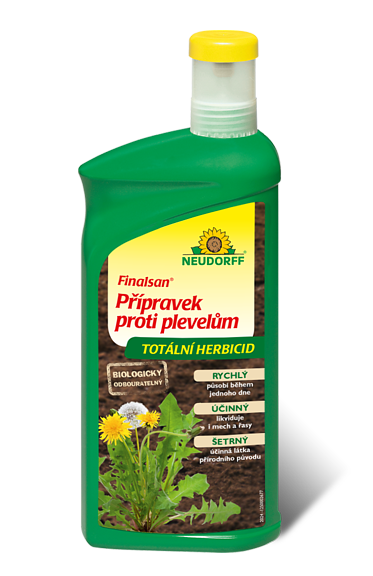


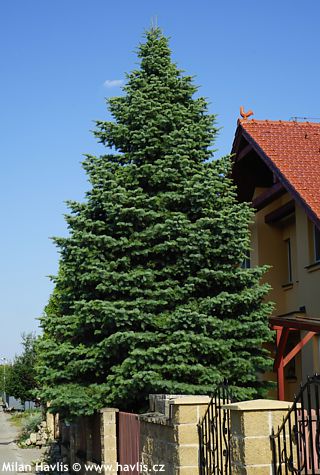
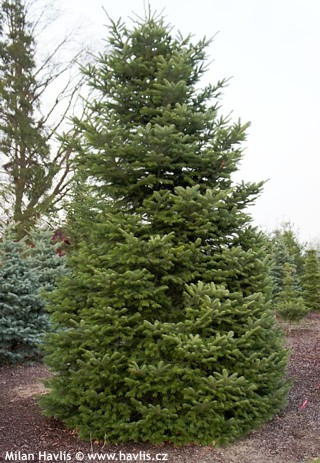
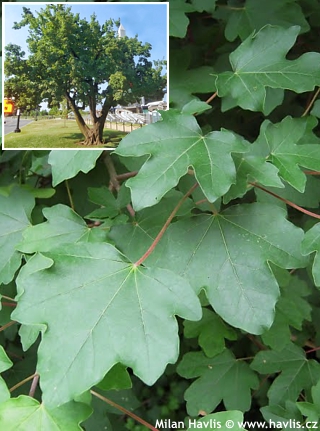
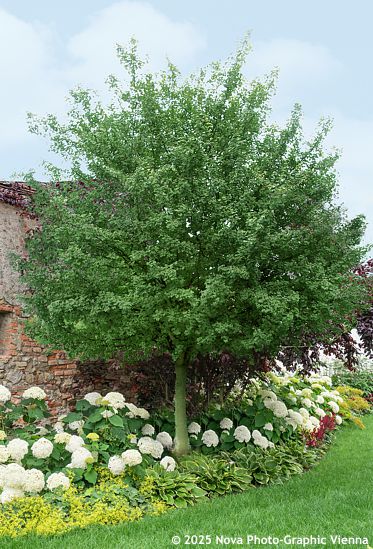
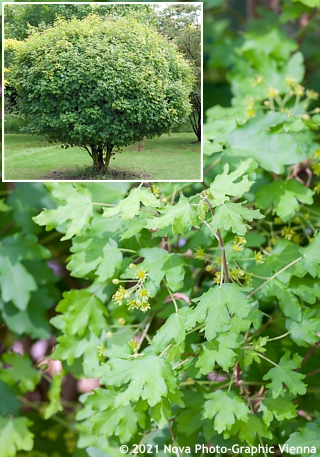
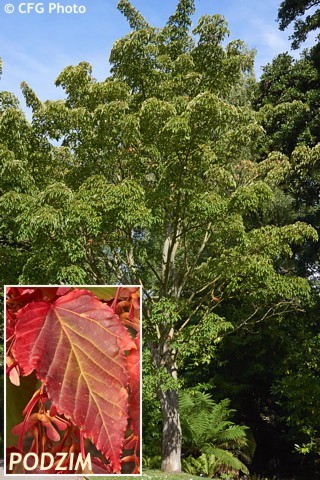
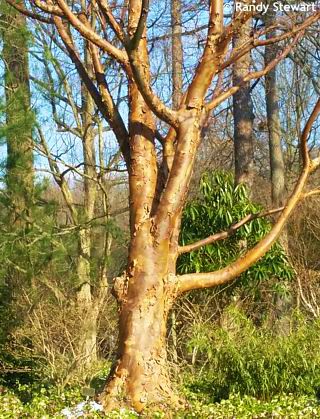
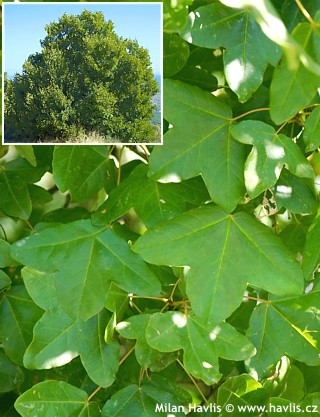
.jpg)
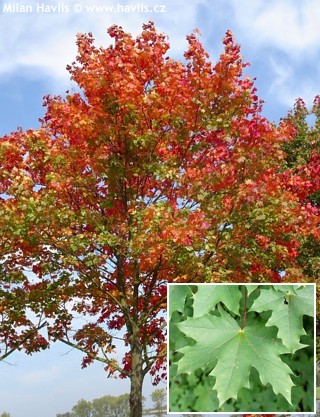
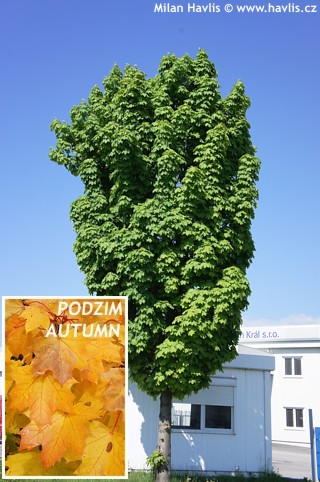
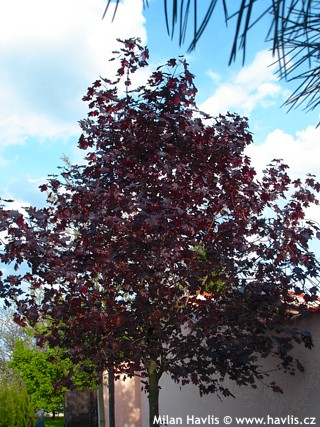
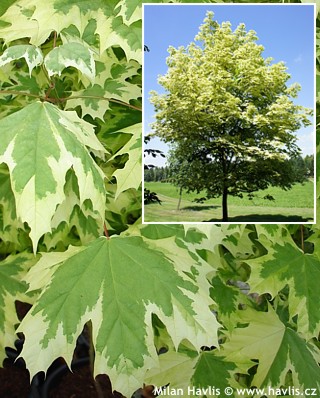
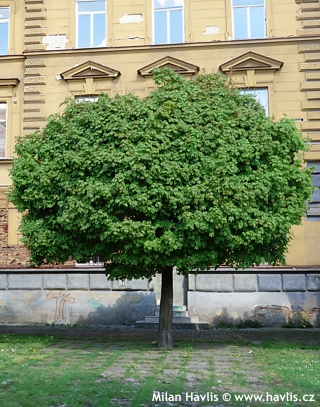
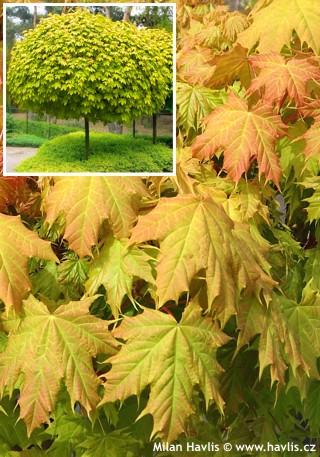
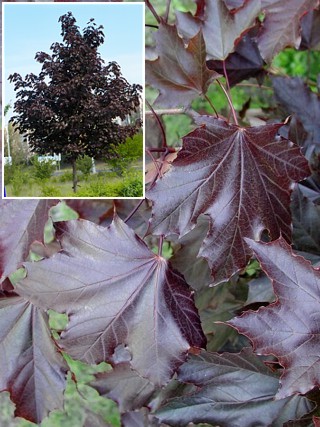
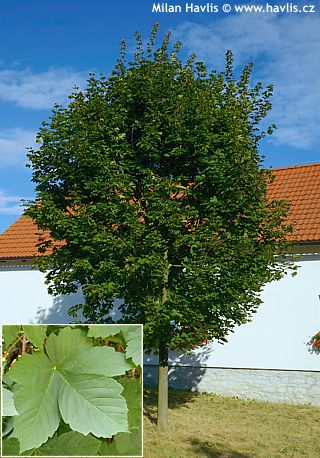
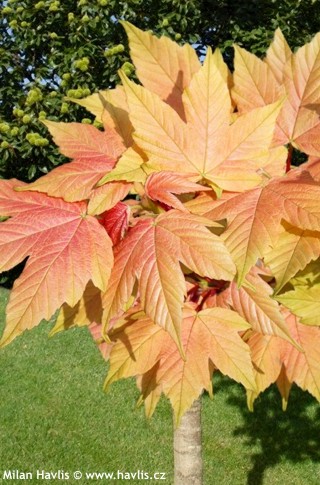
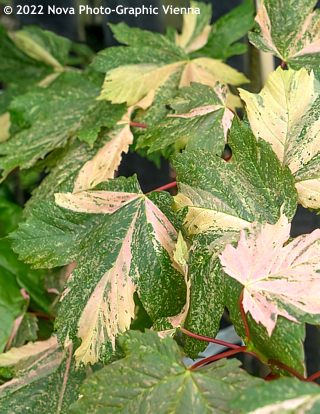
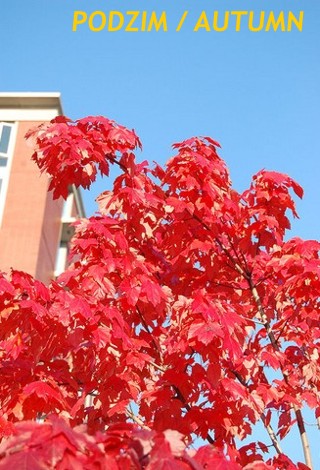
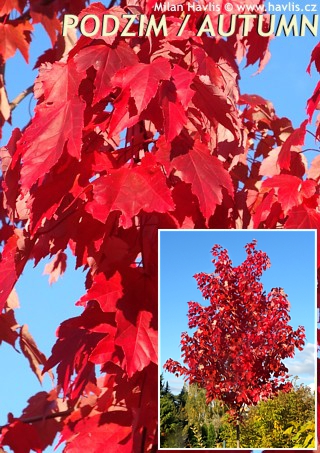
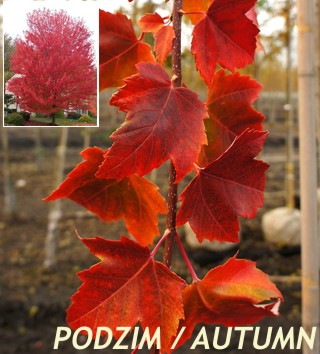
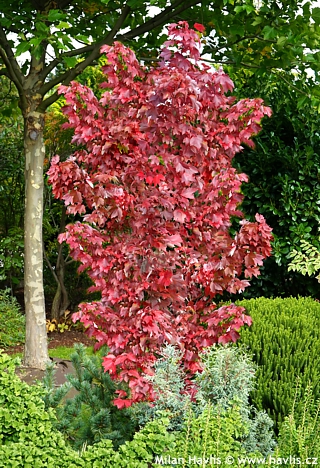
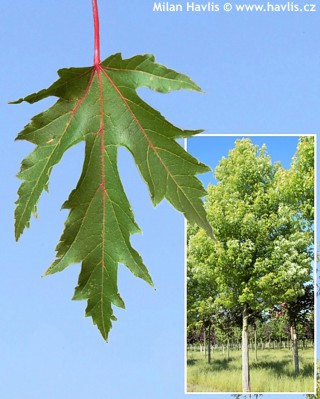
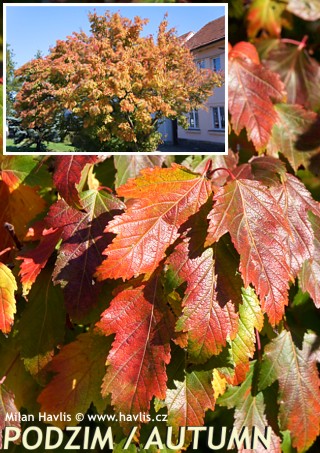
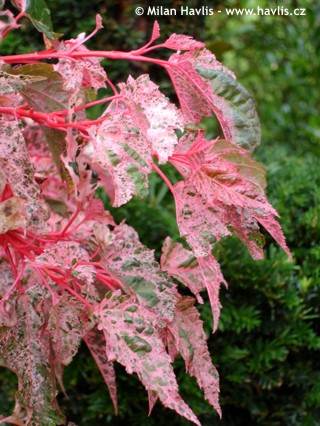
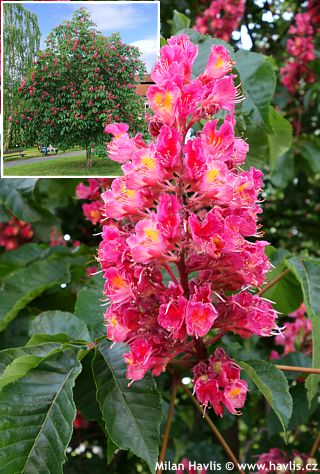
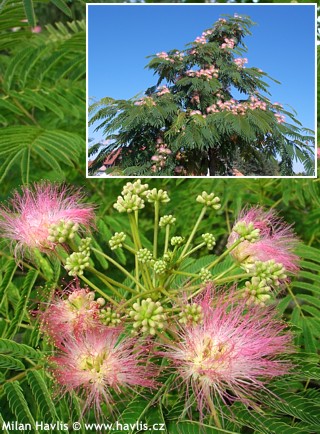
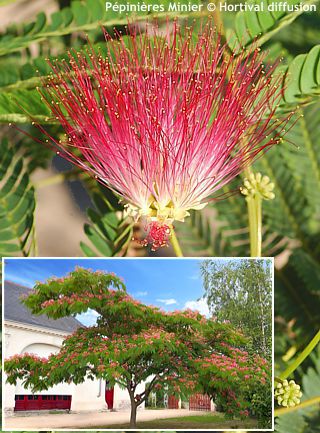
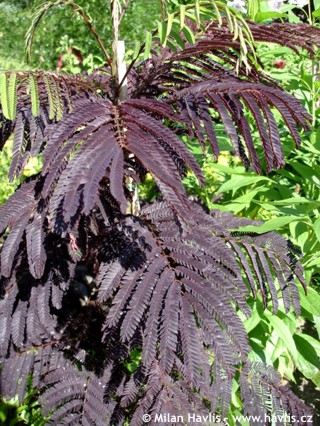
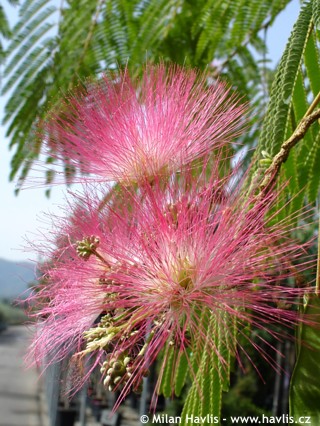
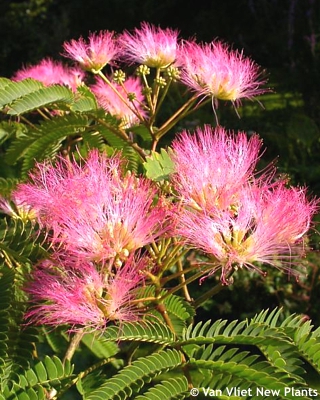
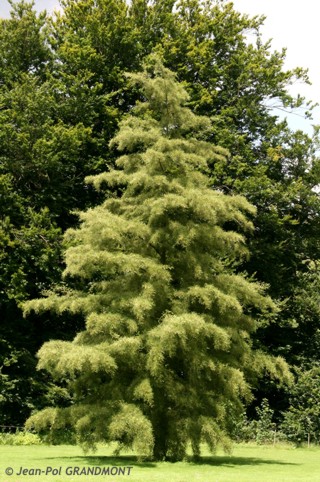
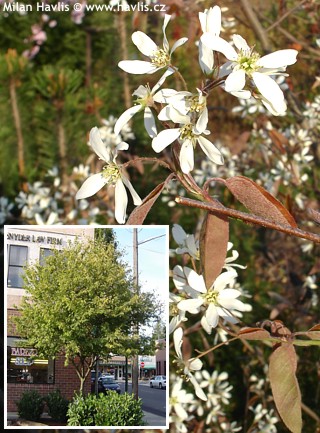
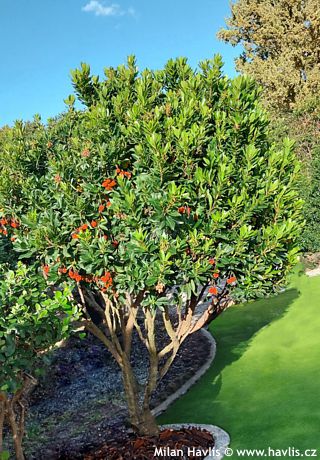
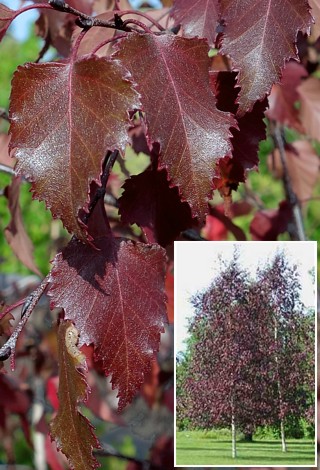
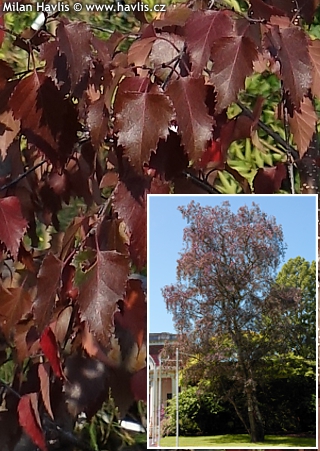
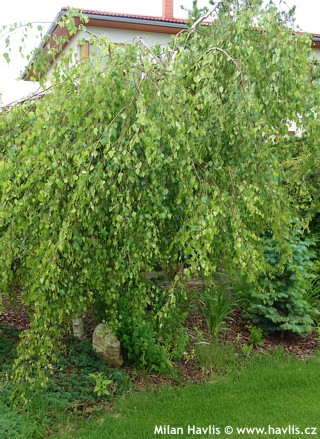
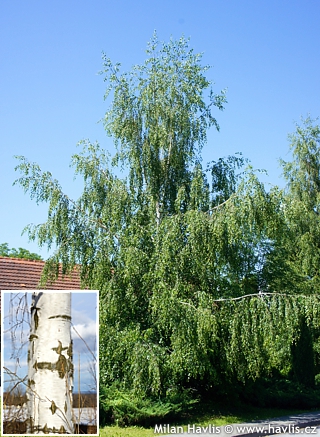
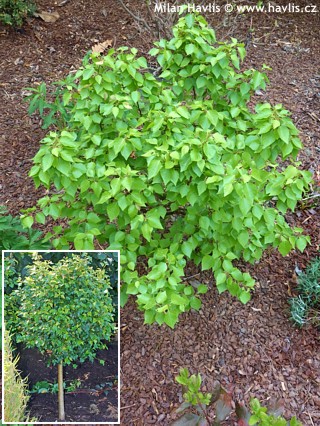
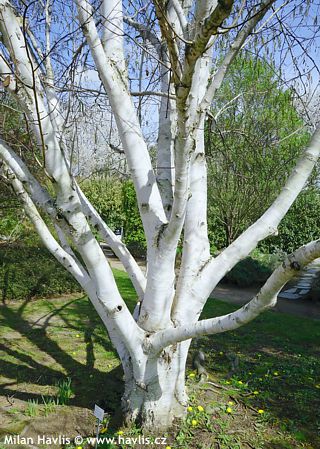
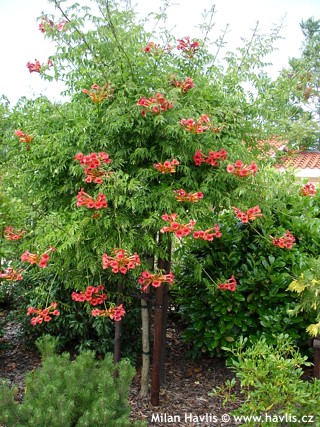
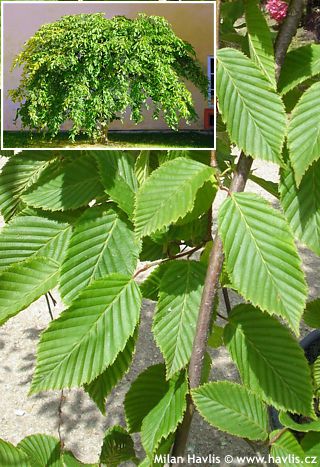
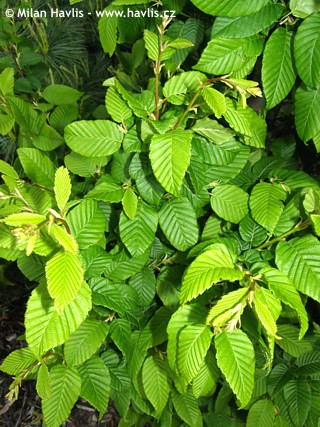
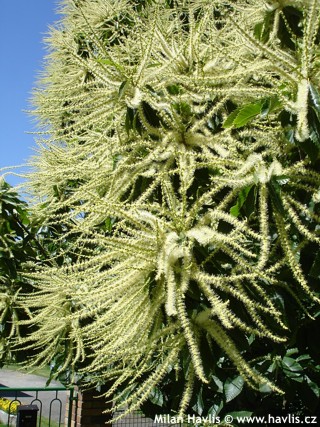
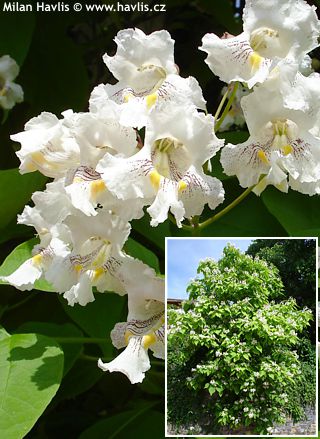
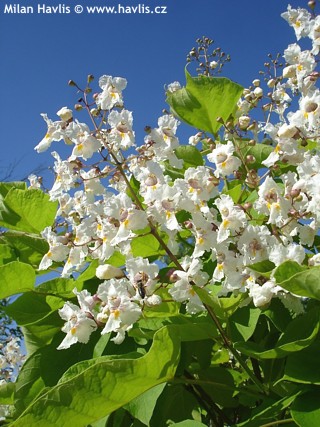
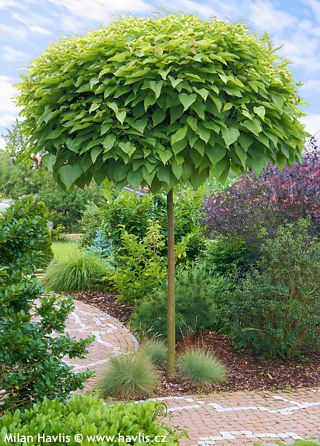
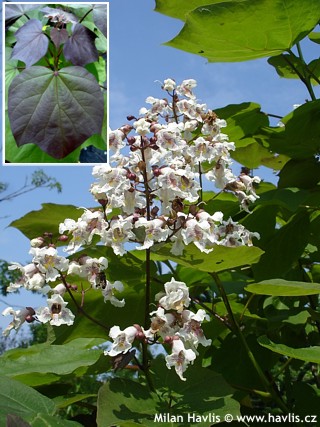
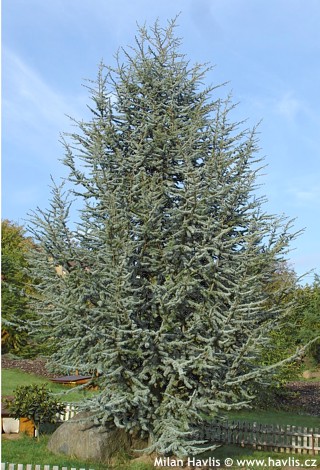
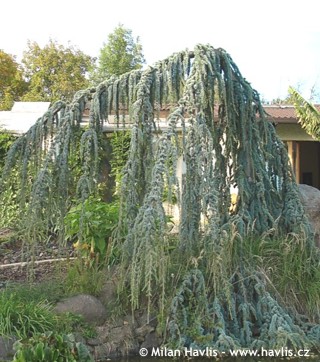
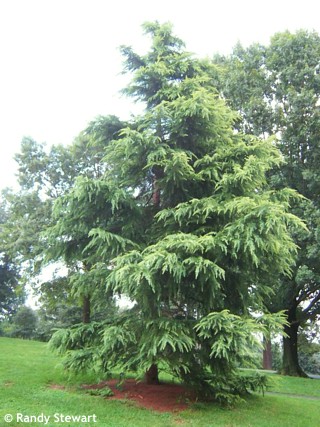
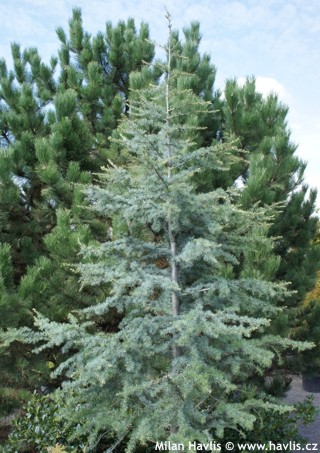
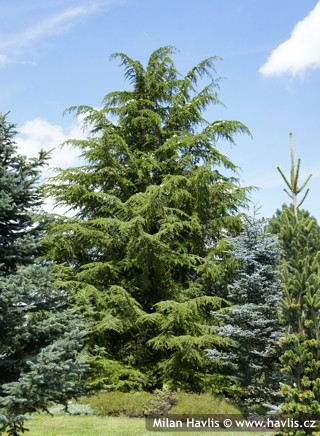
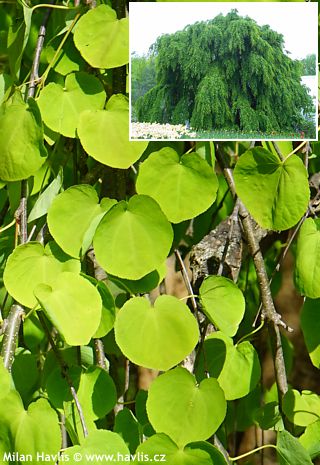
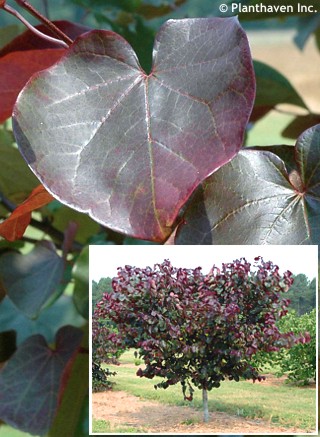
.jpg)
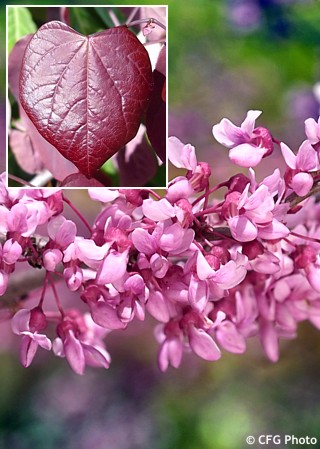
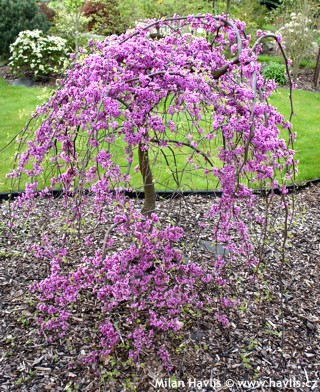
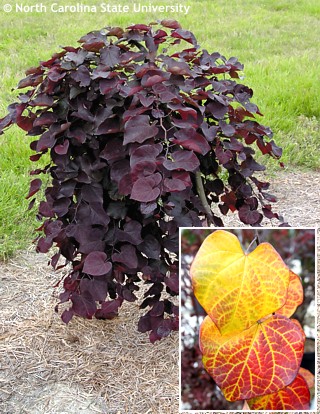
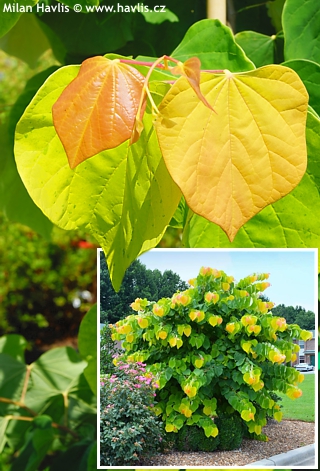
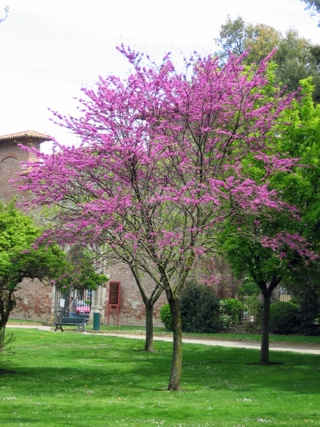
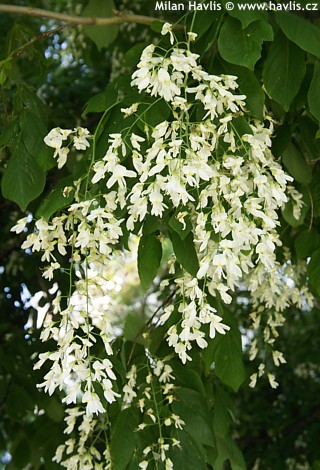
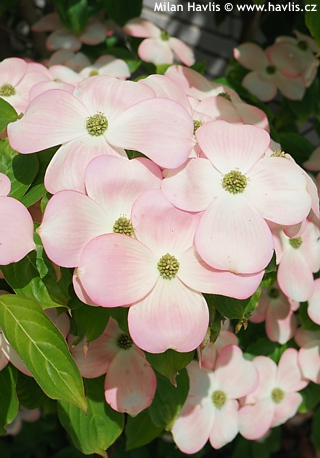
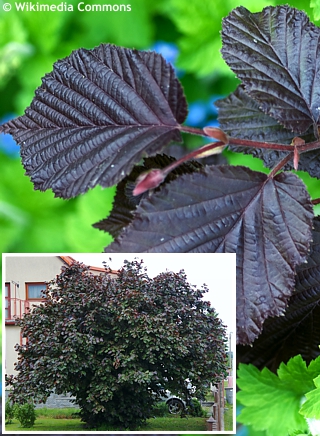
.jpg)
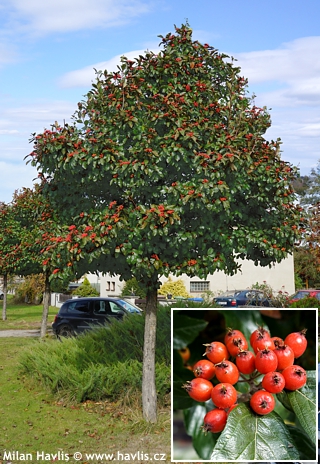
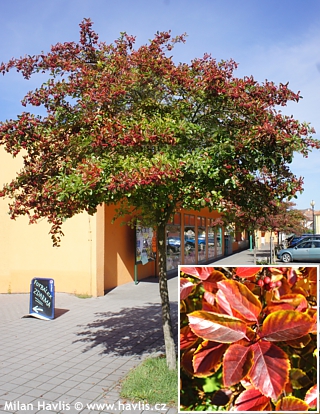
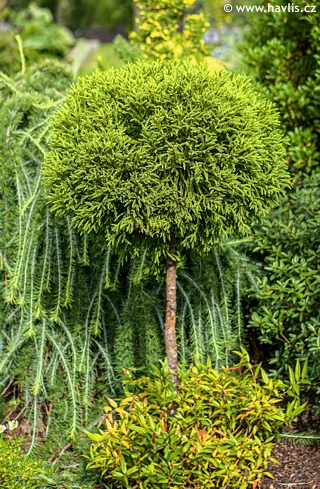
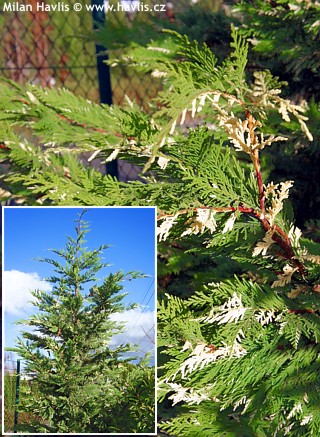
.jpg)
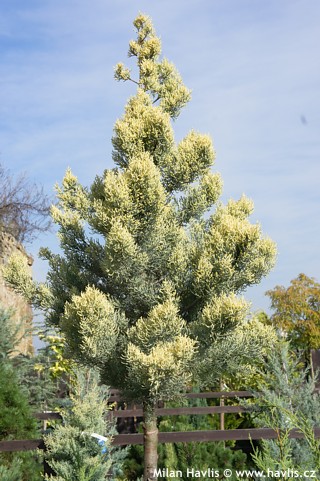
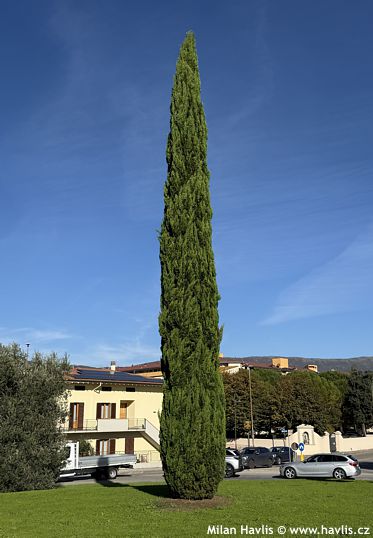
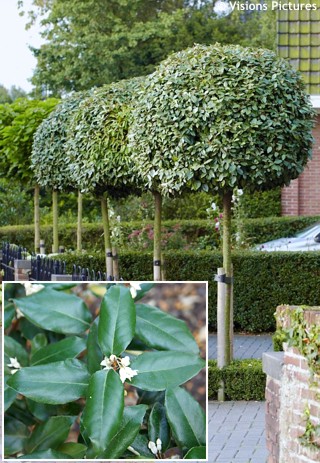
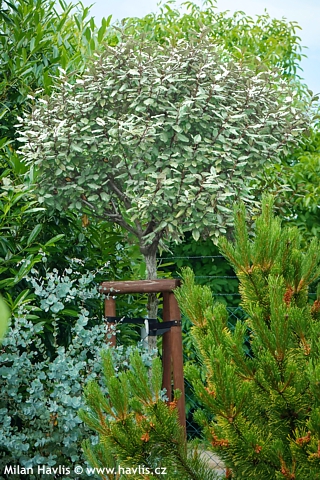
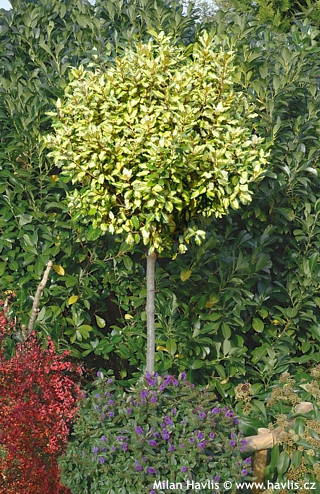
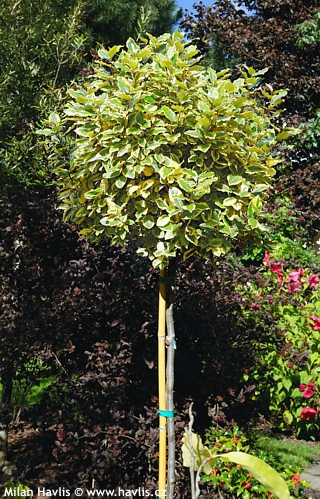
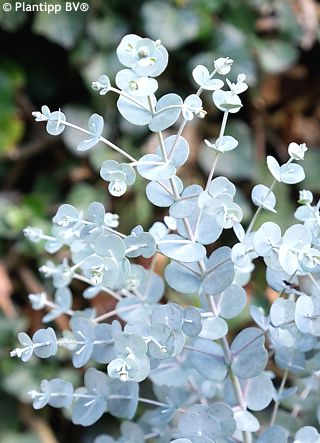
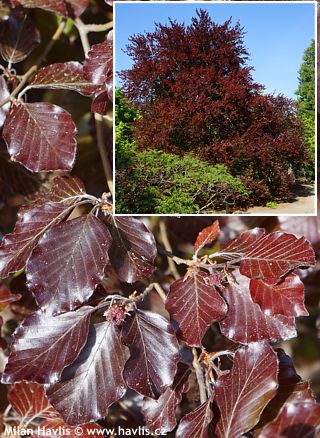
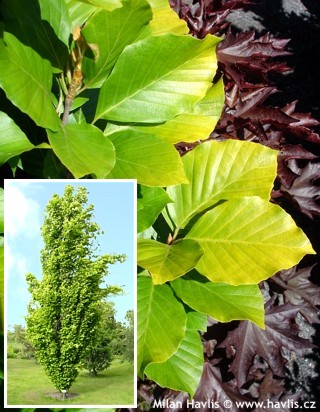
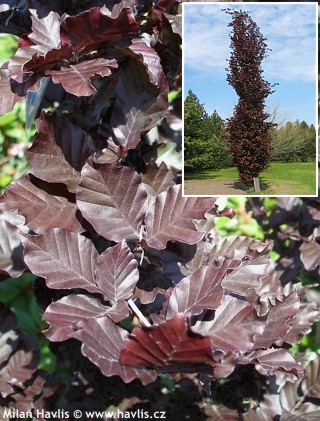
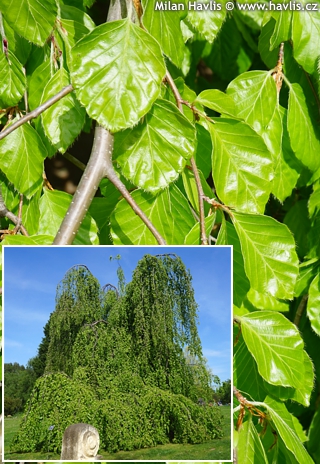
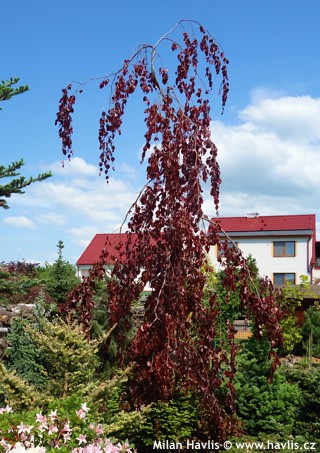
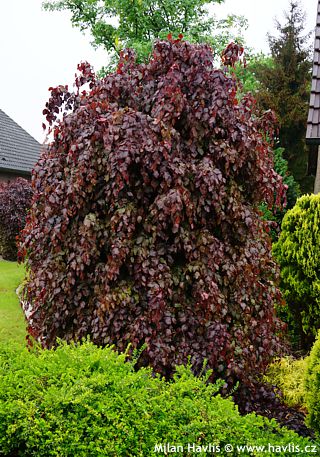
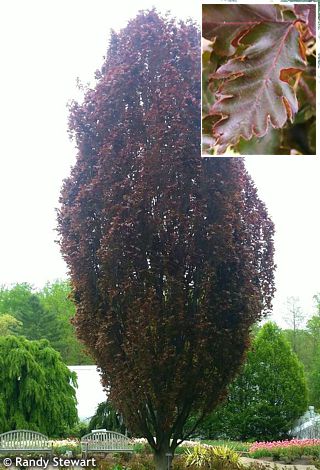
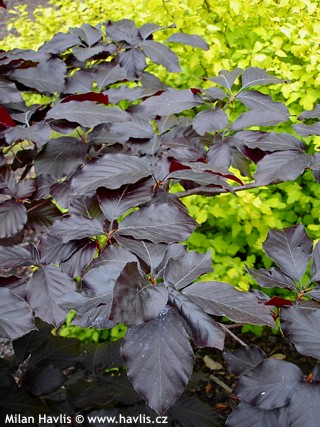
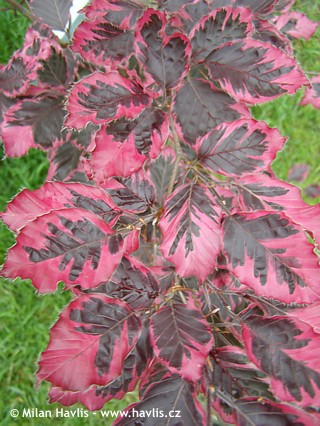
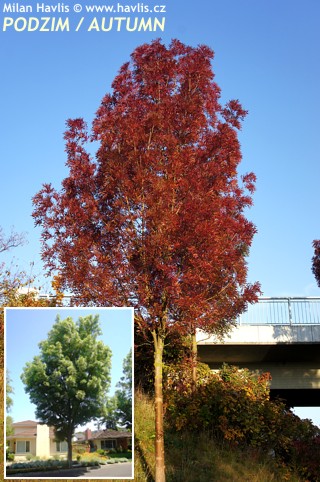
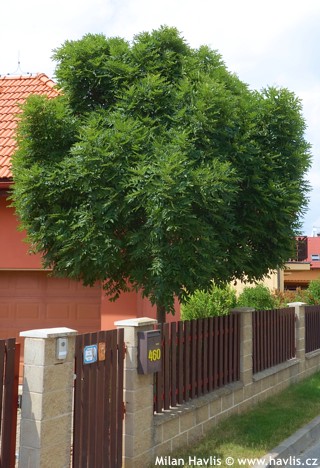
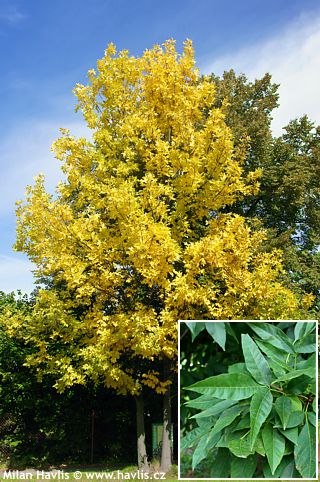
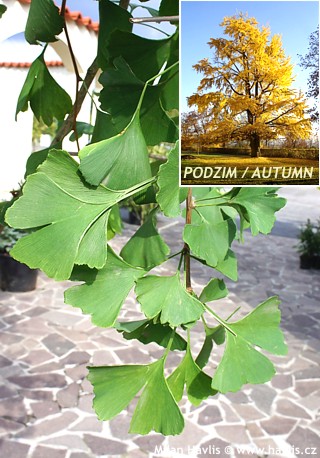
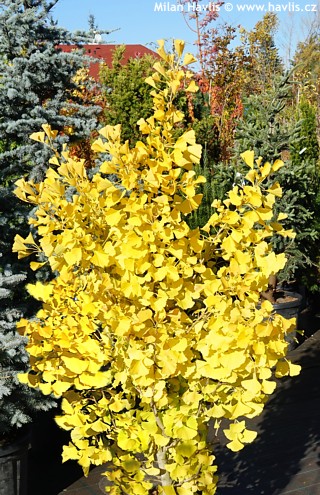
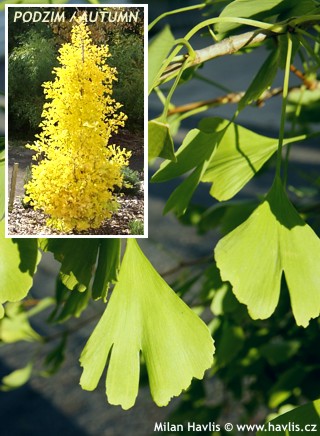
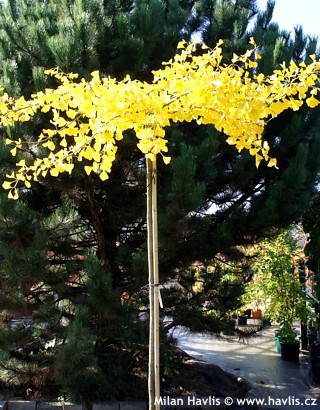
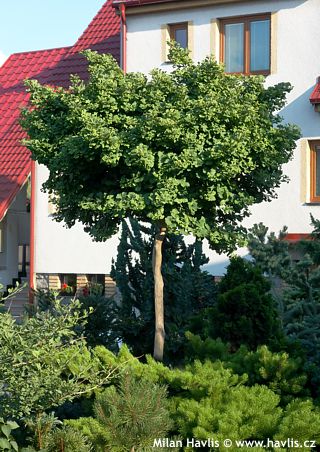
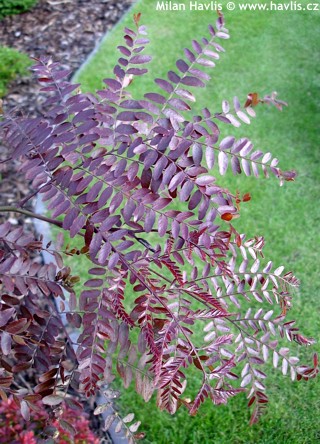
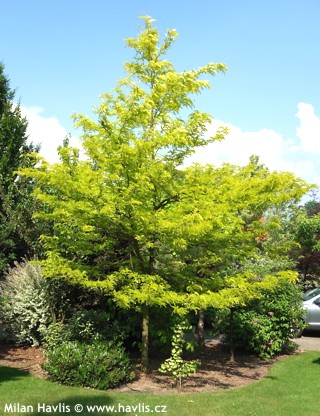
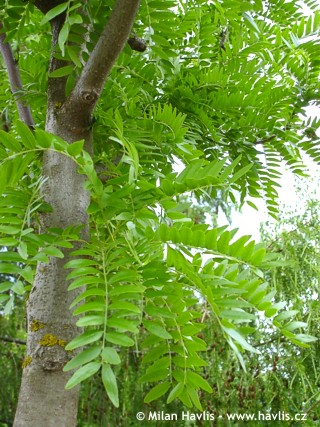
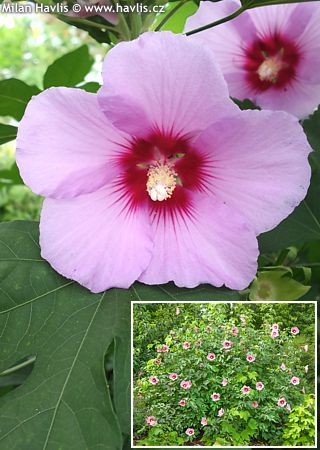
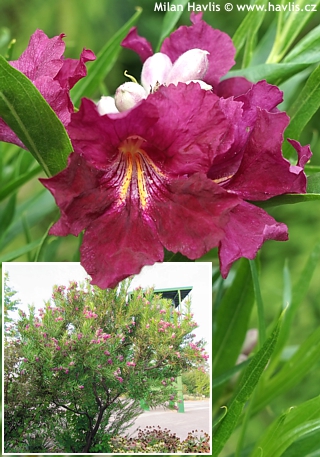
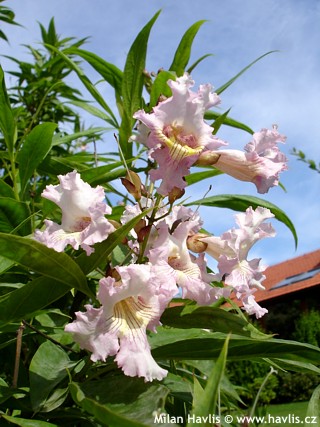
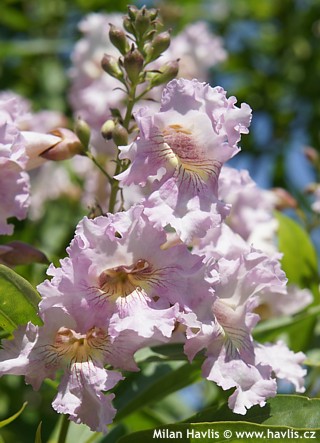
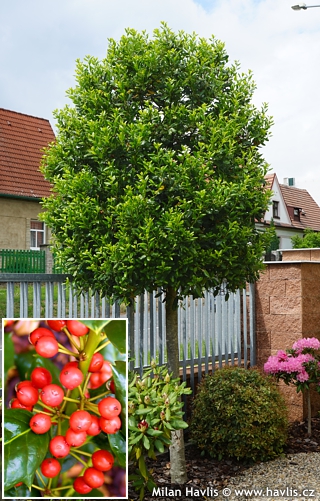
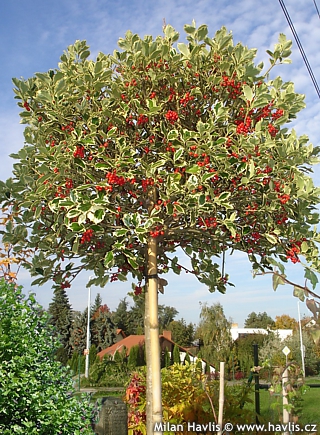
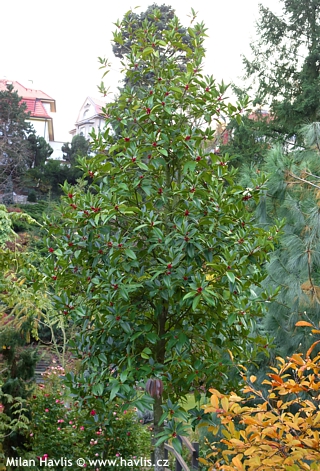
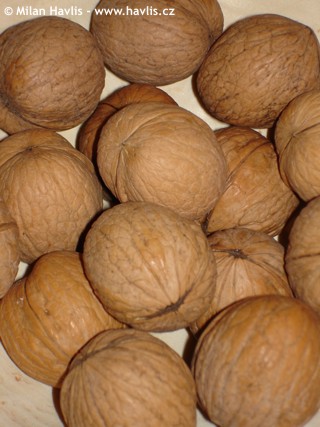
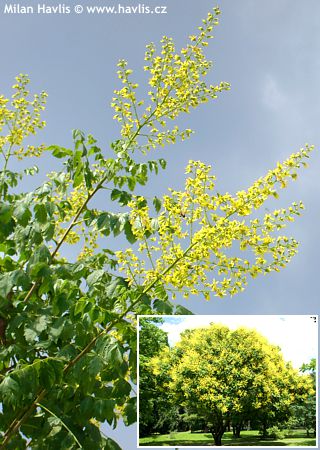
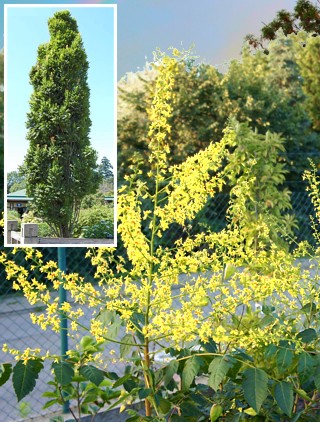
.jpg)
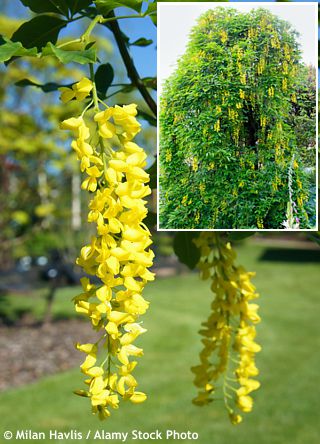
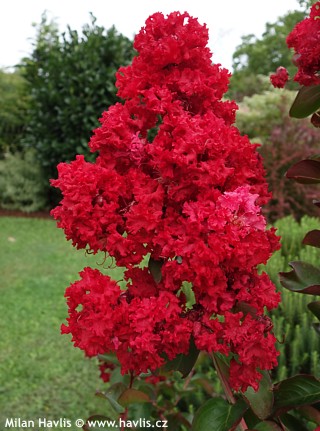
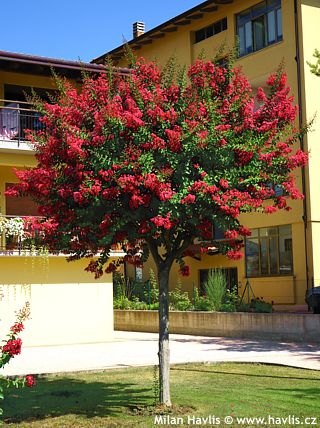
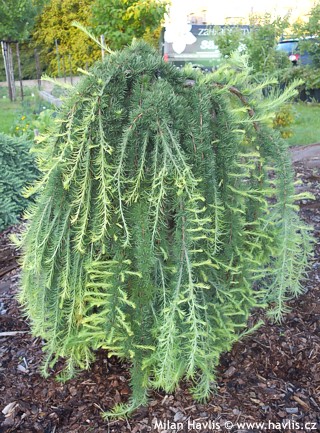
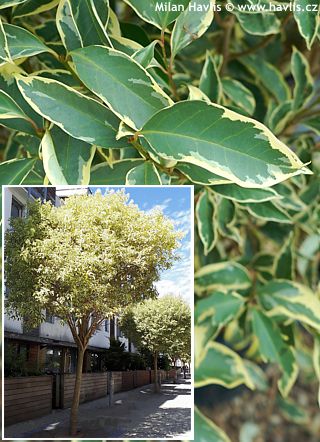
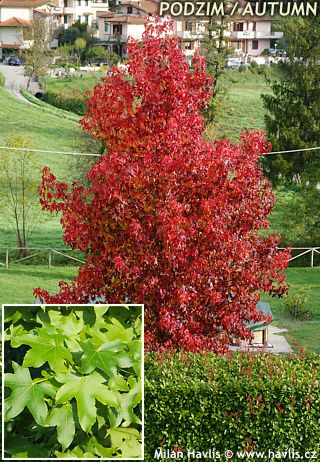
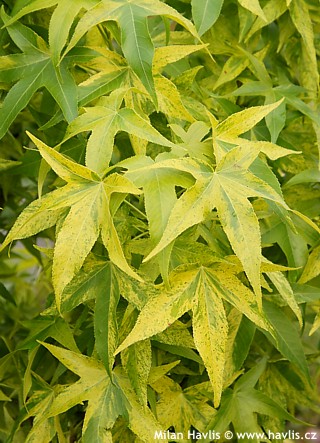
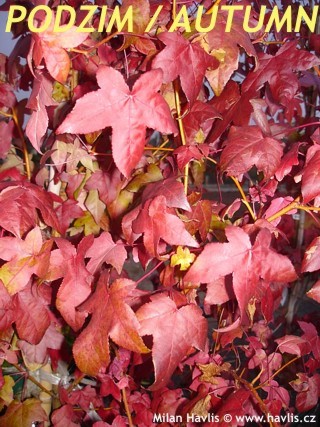
.jpg)
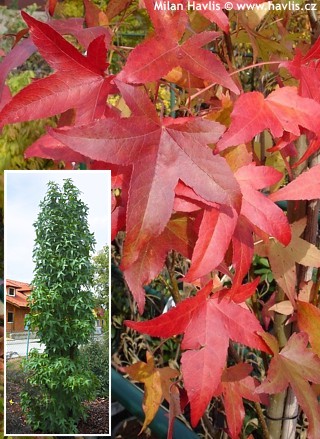
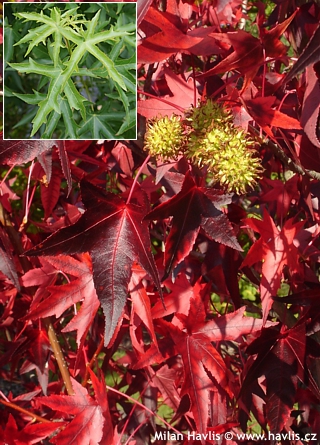
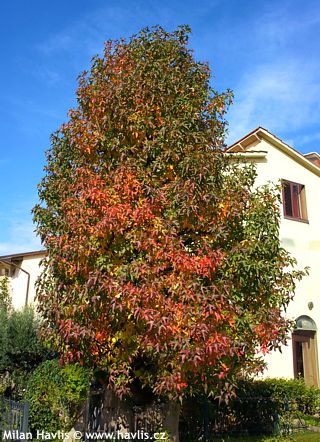
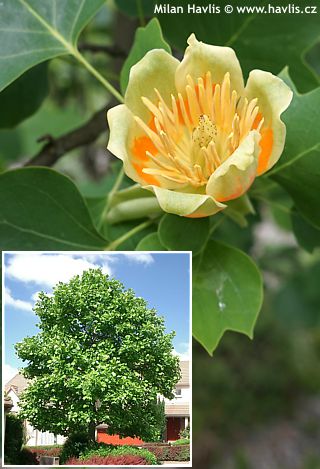
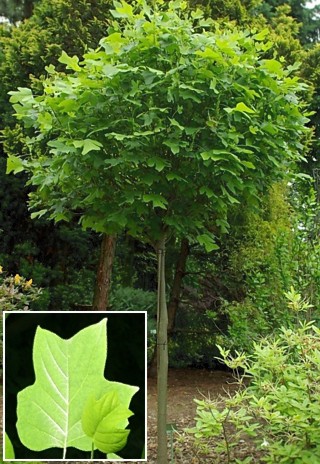
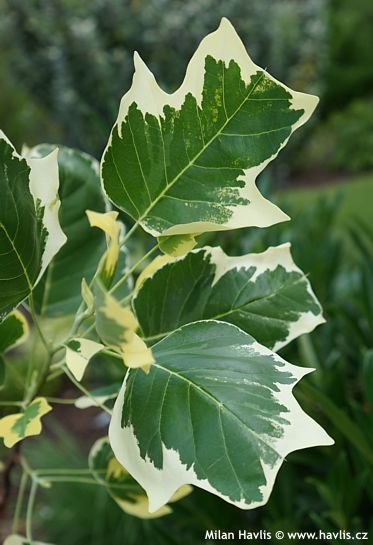
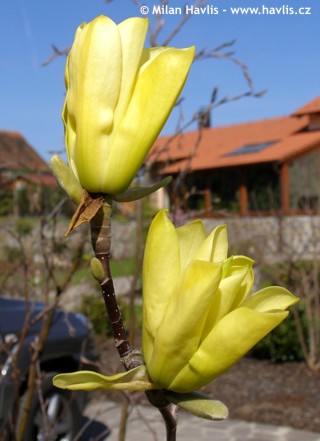
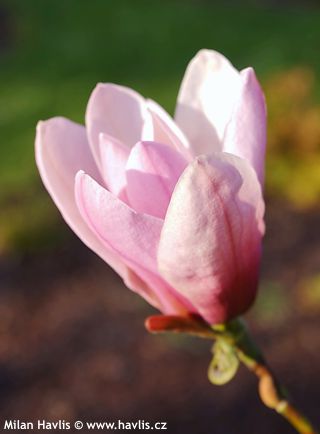
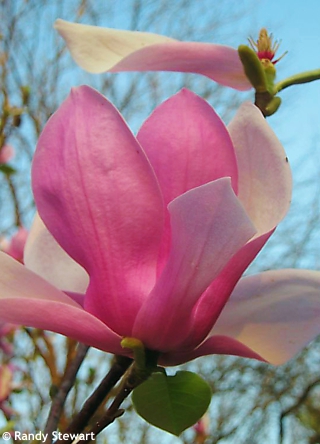
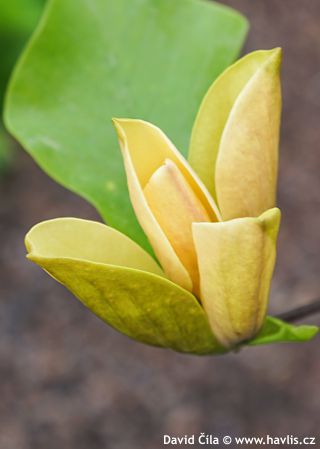
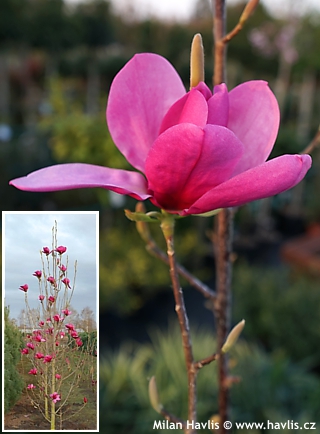
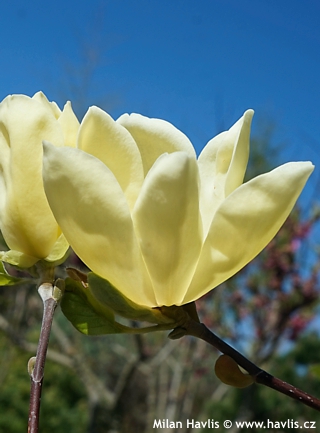
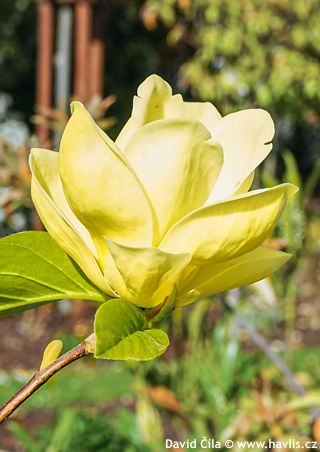
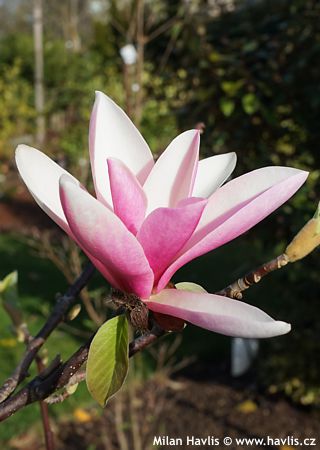
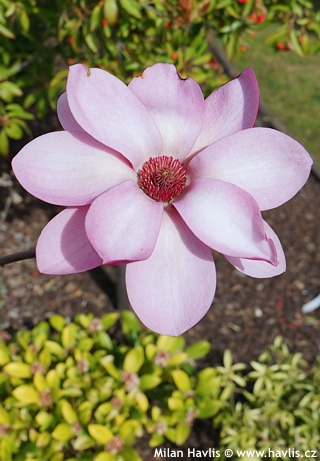
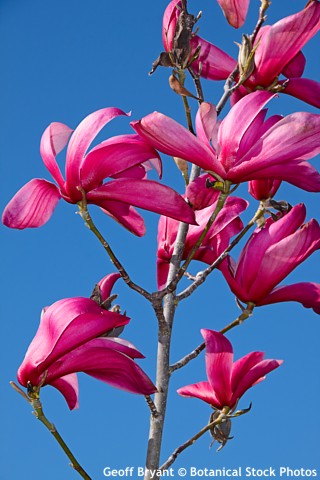
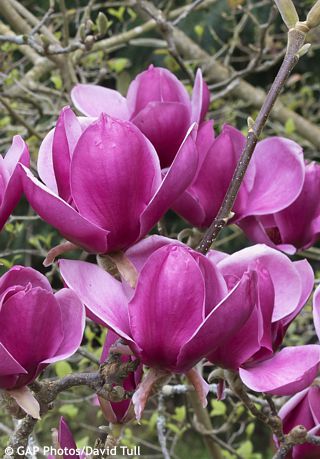
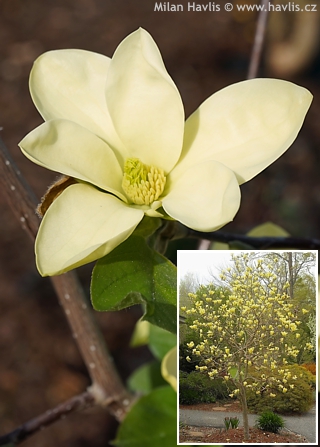
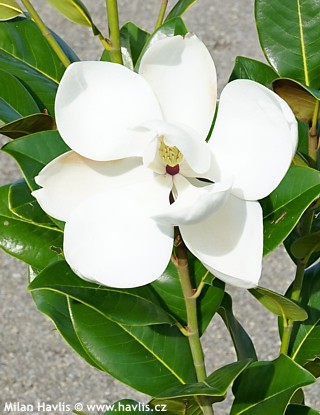
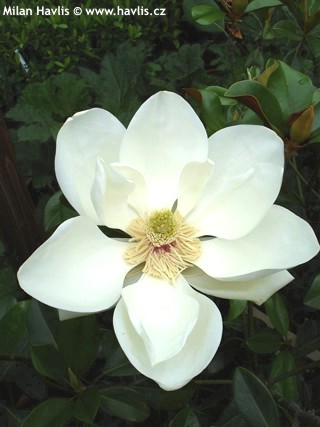
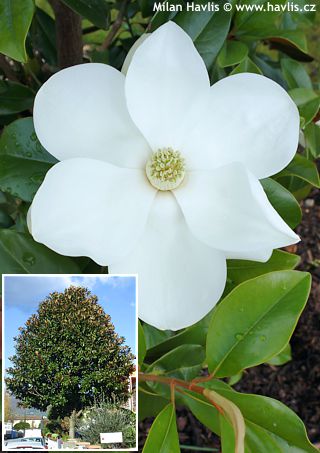
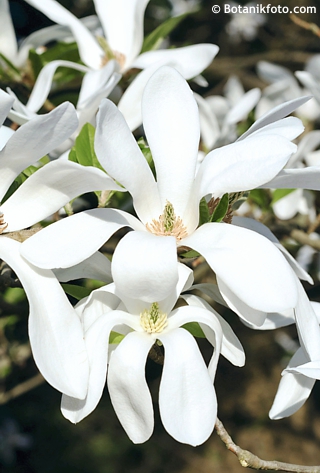
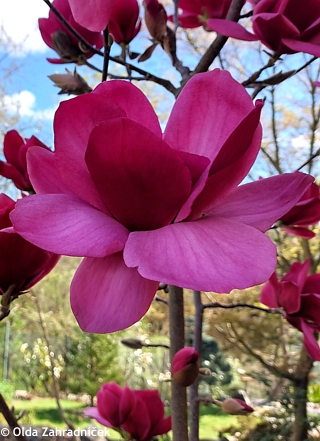
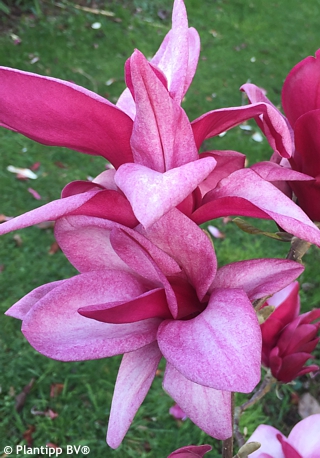
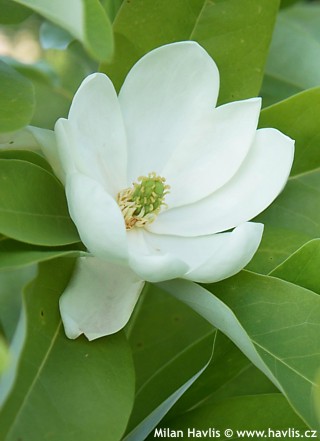
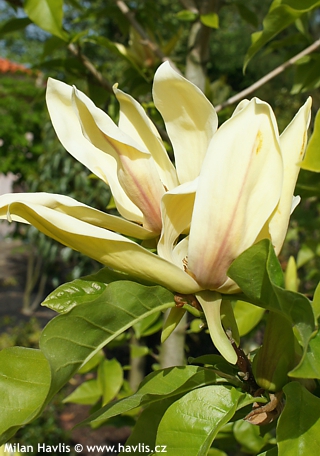
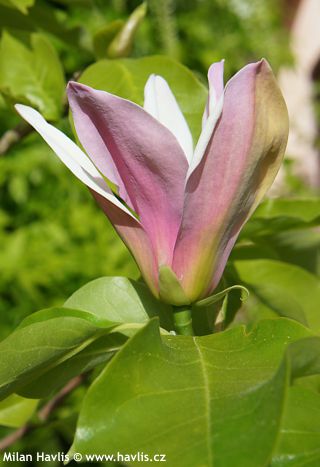
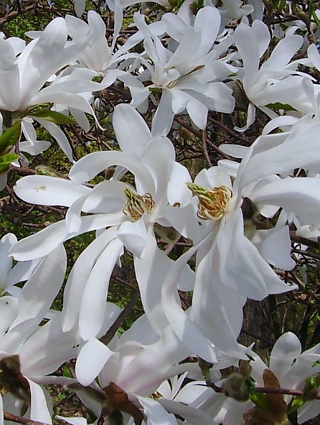
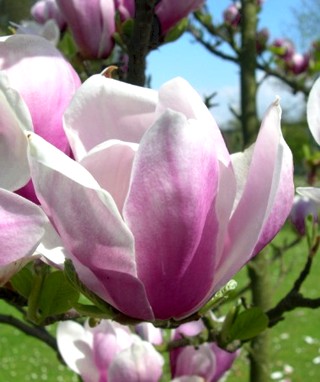
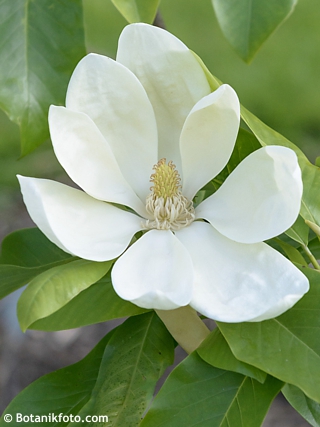
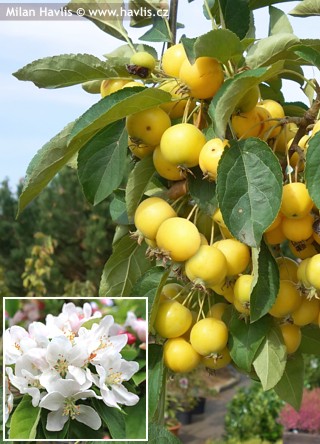
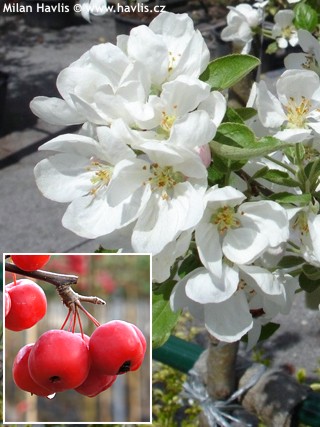
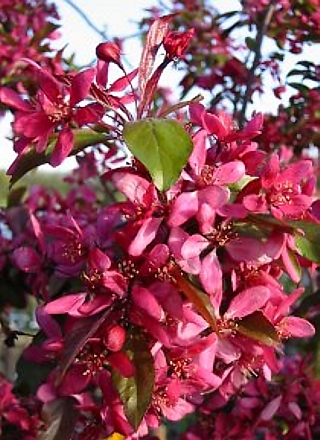
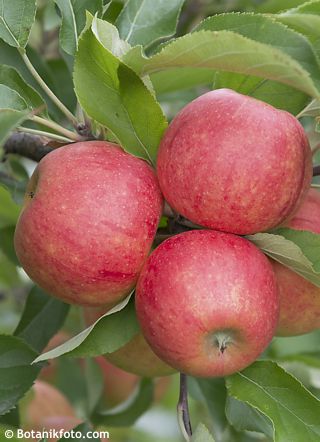
.jpg)
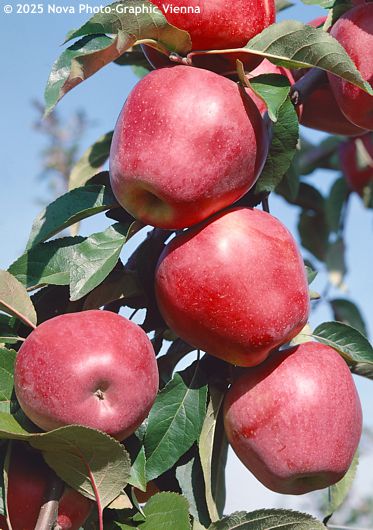
.jpg)
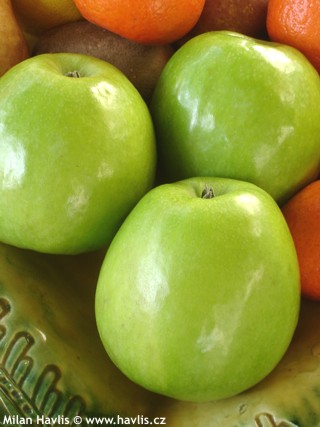
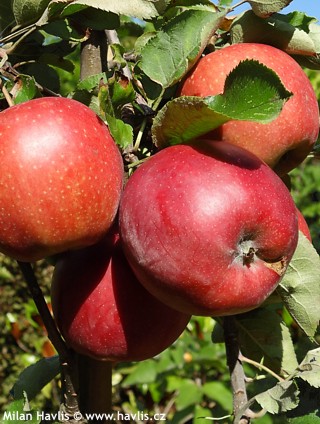
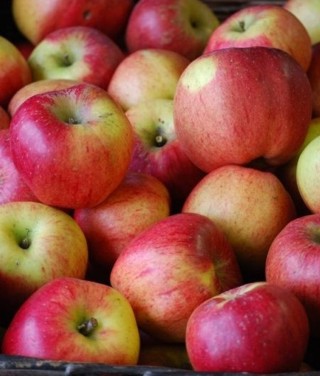
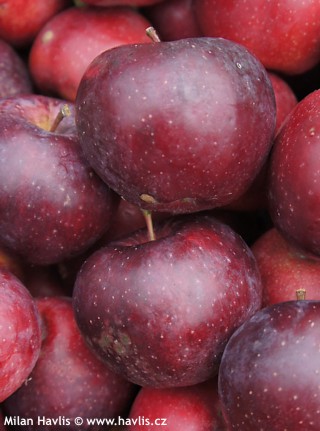
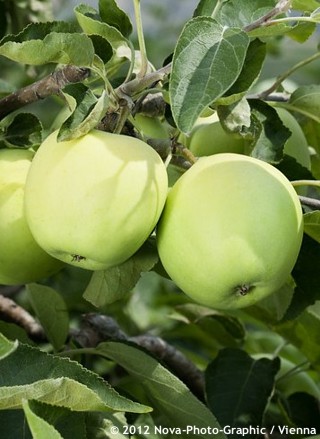
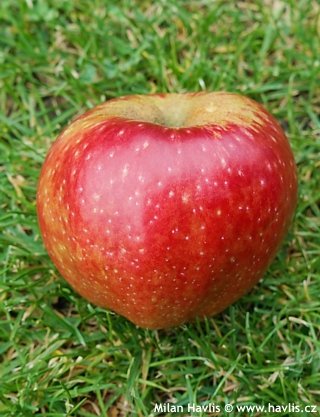
.jpg)
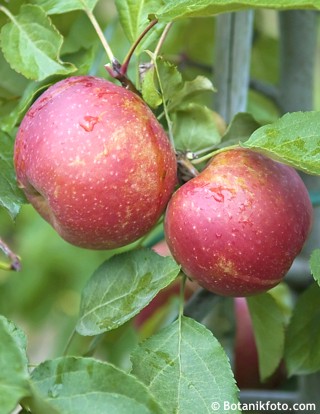
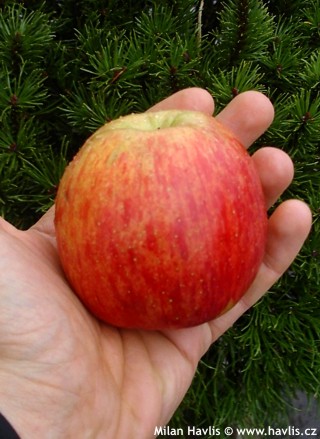
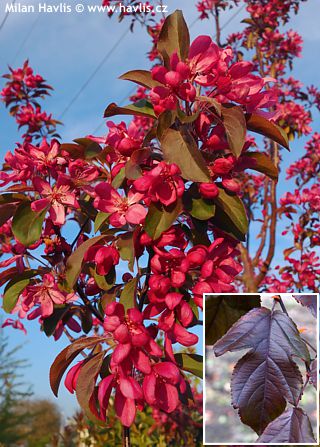
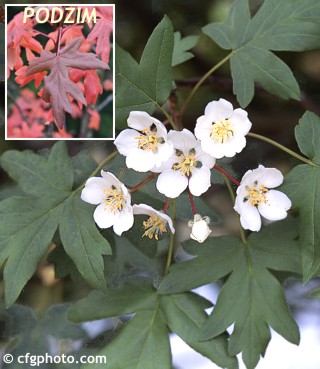
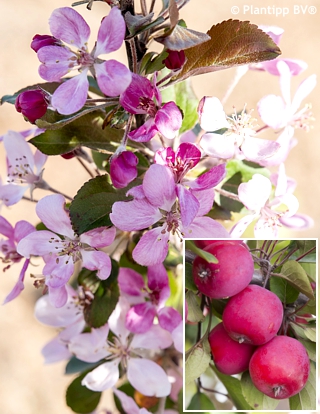
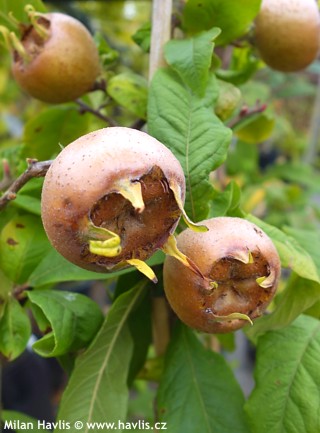
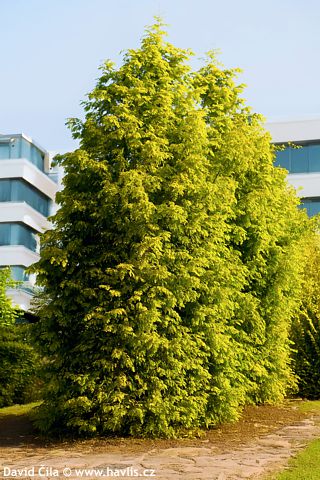
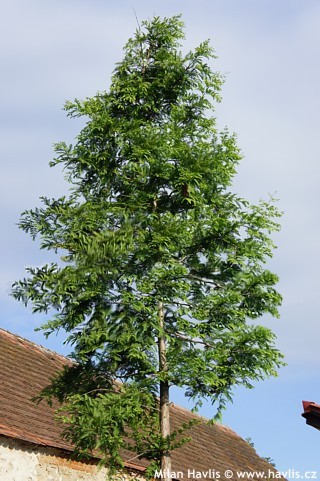
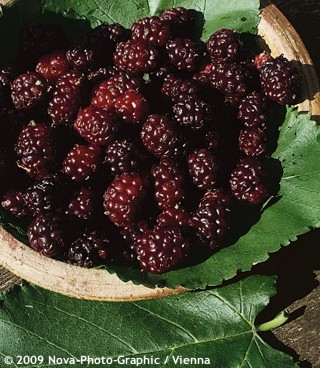
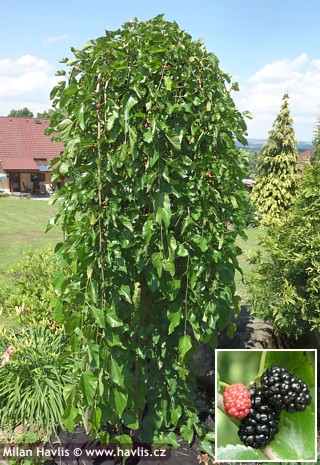
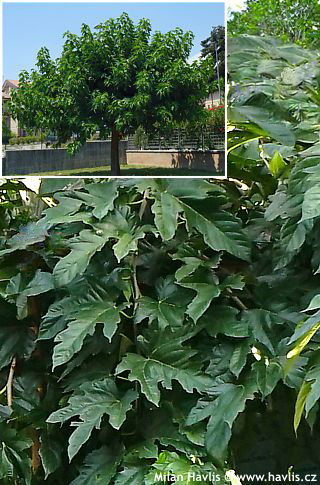
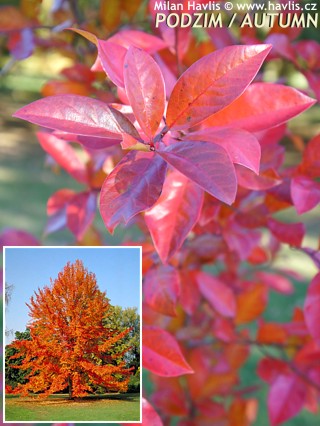
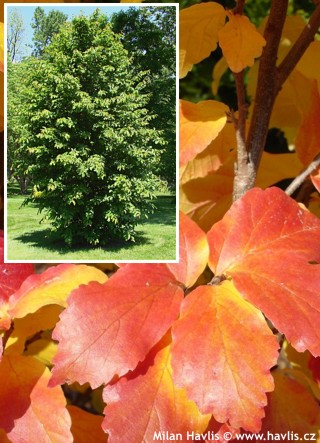
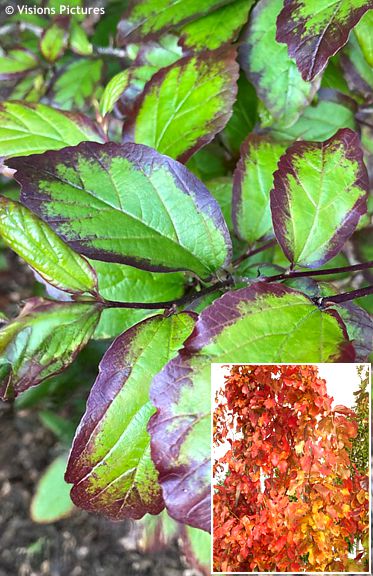
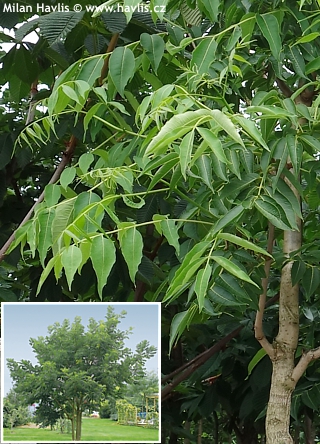
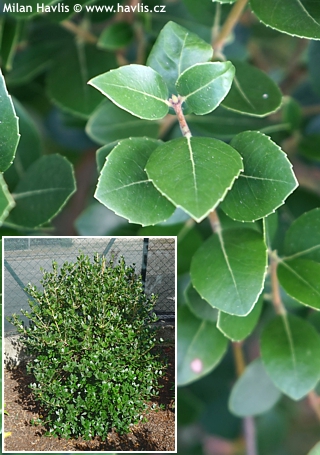
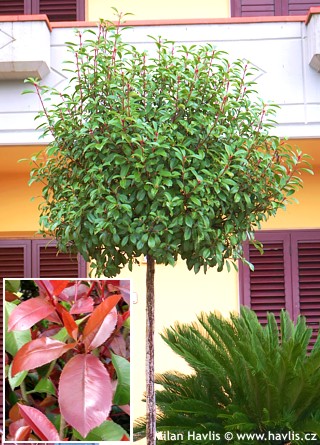
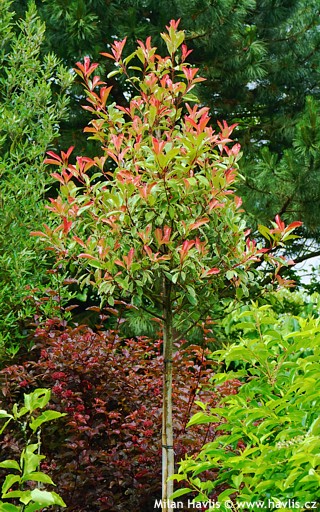
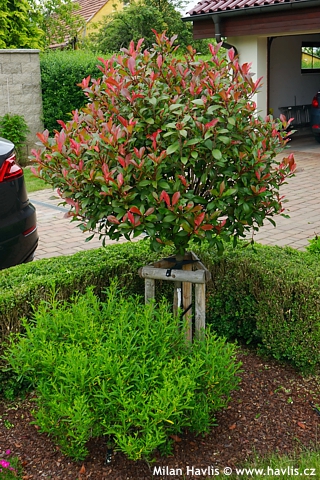
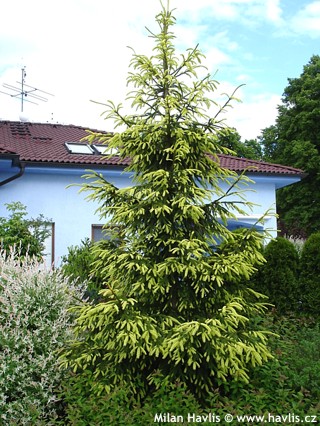
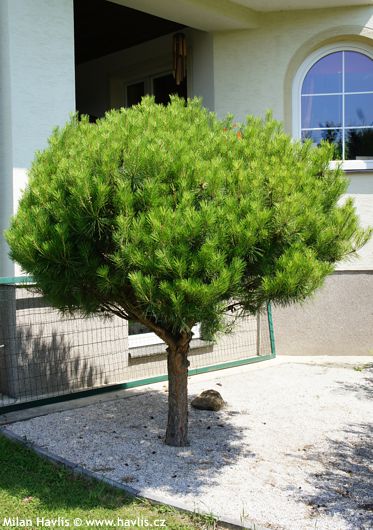
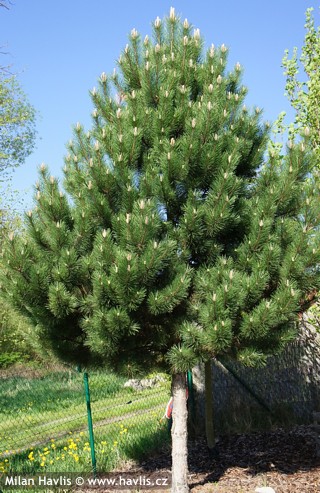
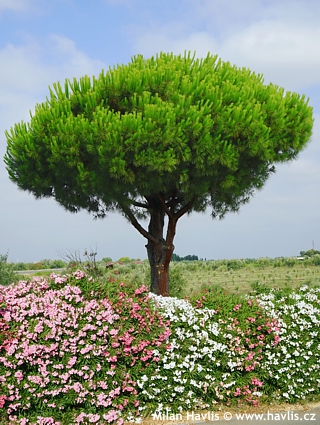
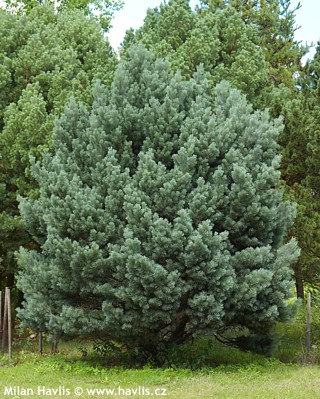
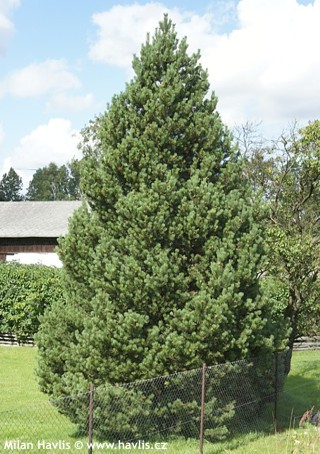
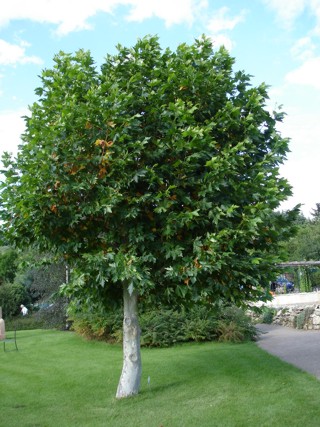
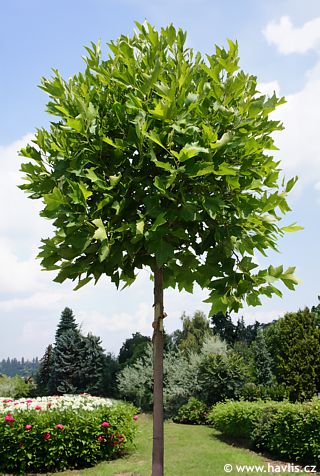
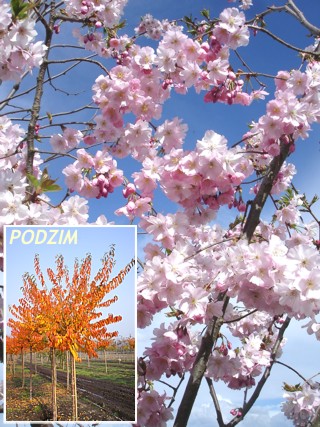
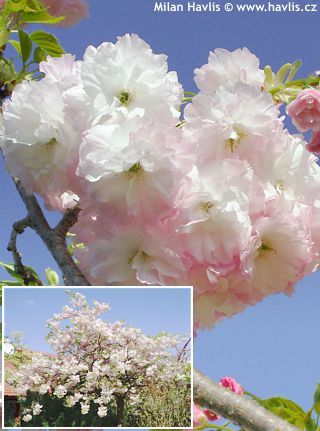
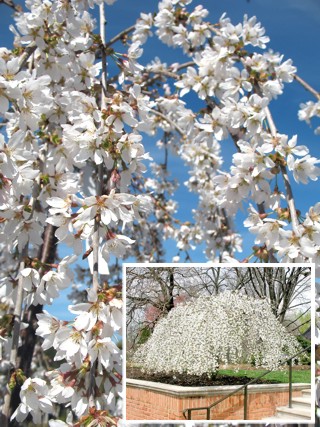
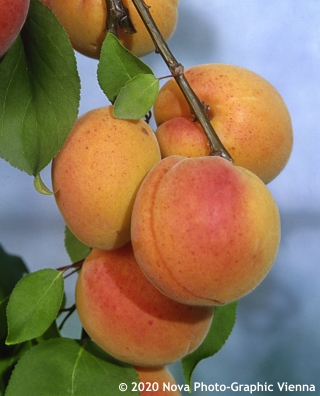
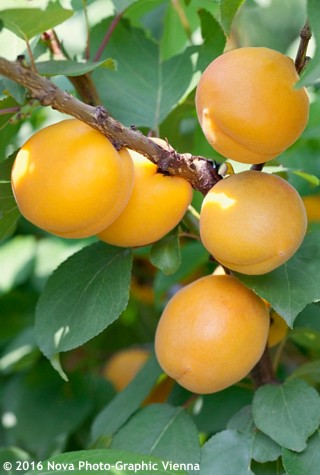
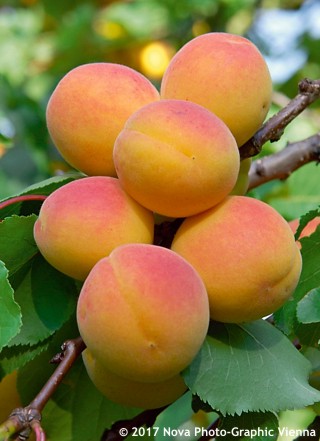
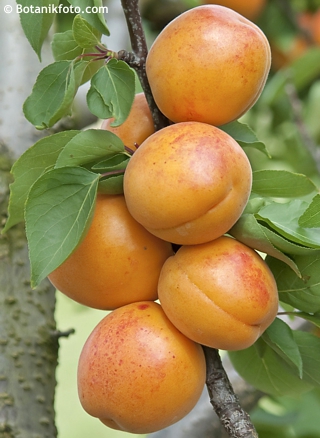
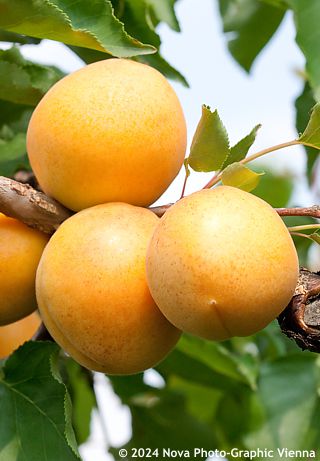
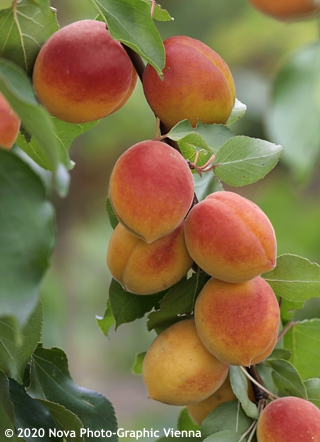
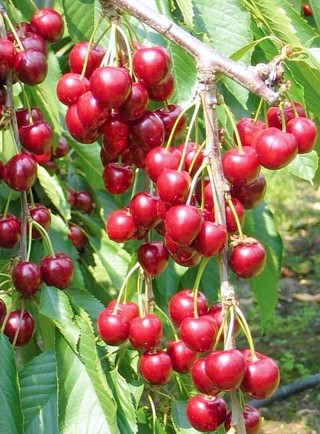
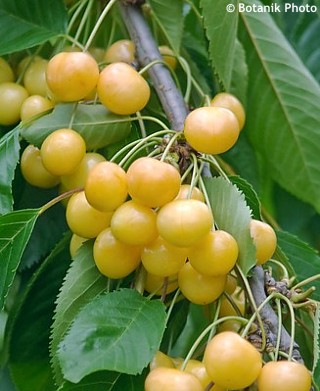
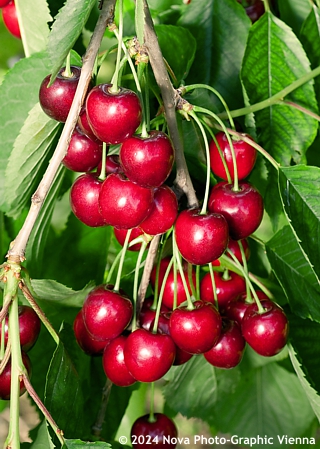
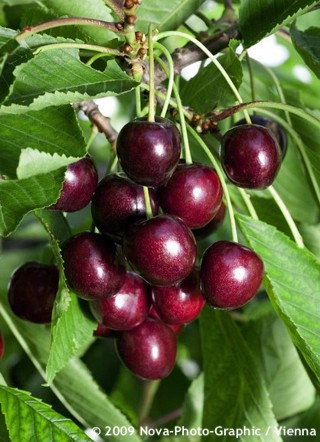
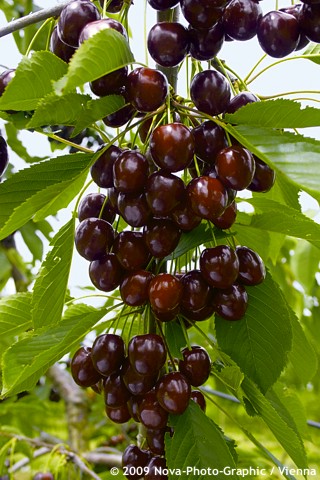
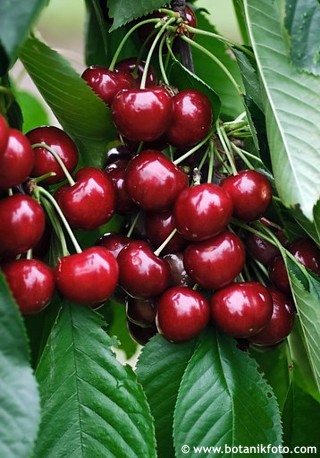
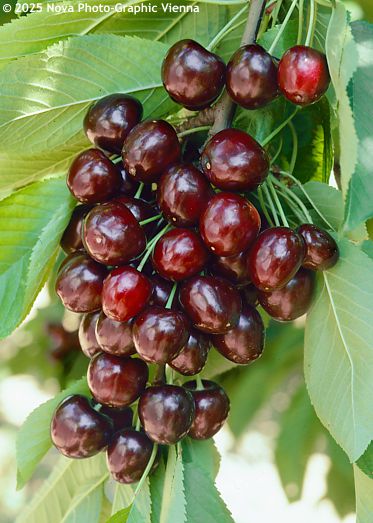
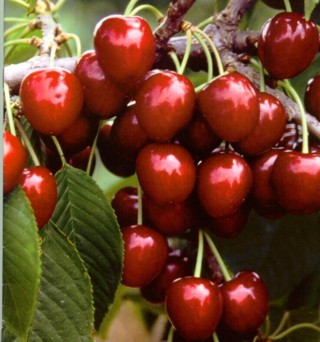
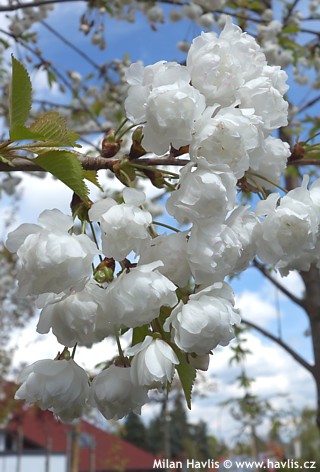
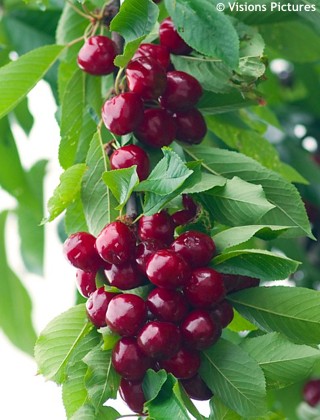
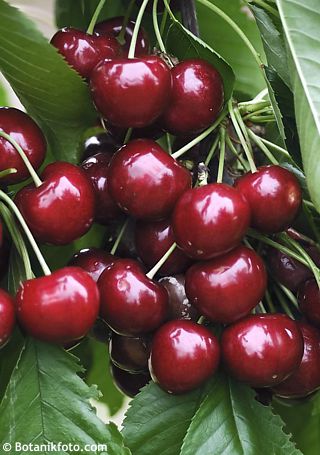
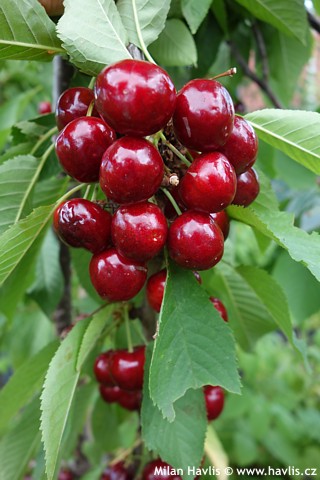
.jpg)
.jpg)
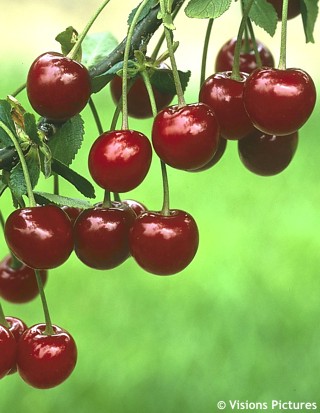
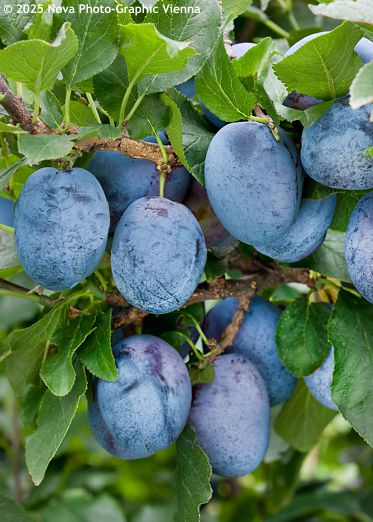
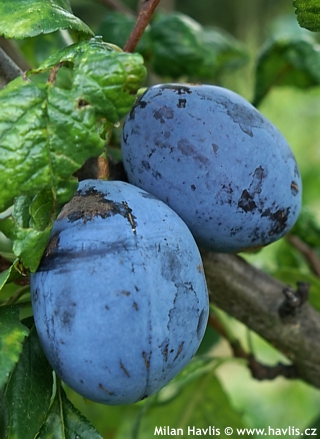
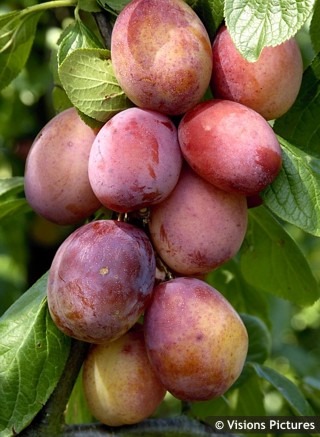
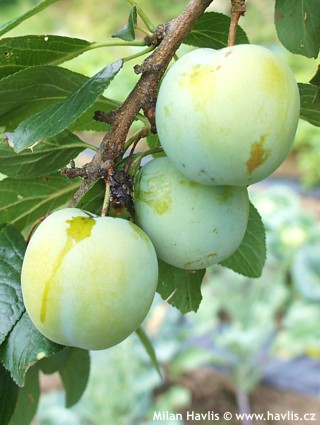
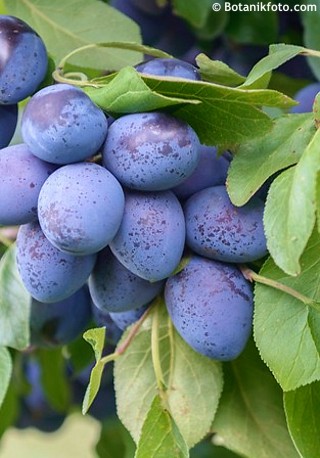
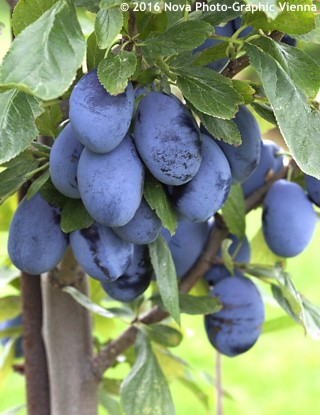
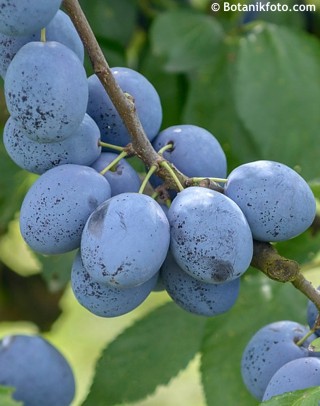
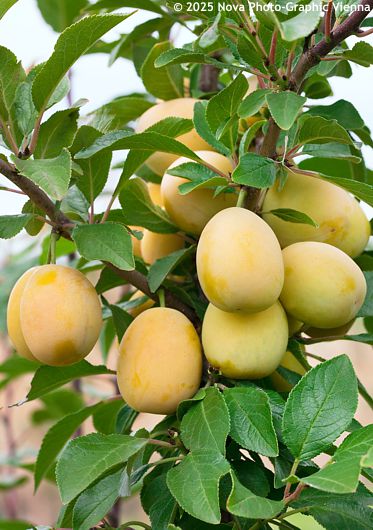
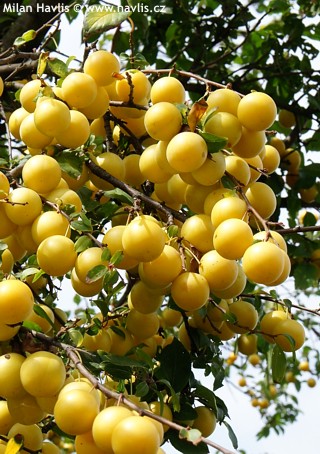
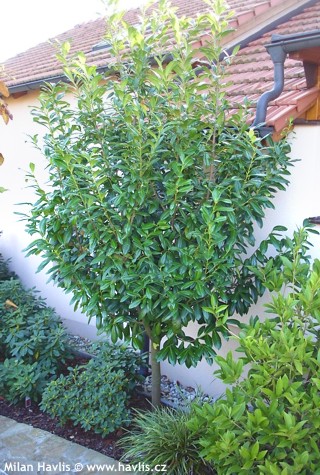
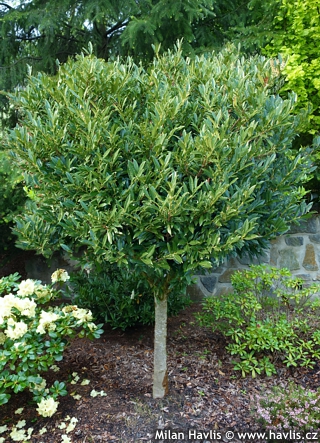
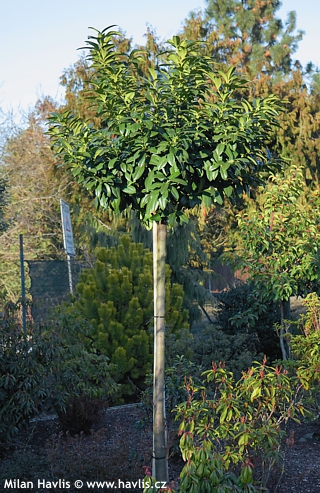
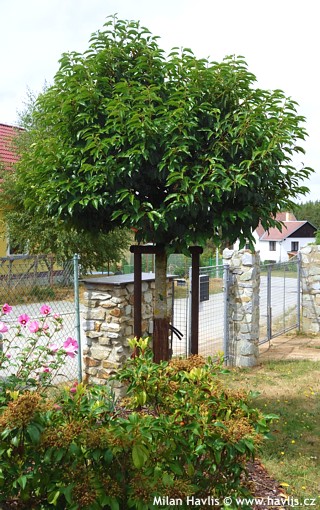
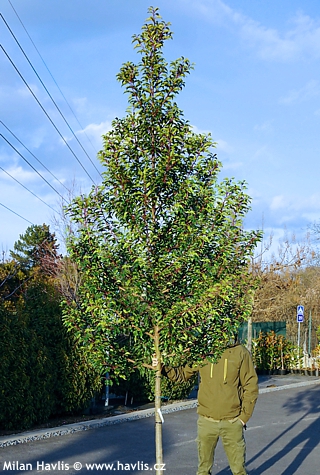
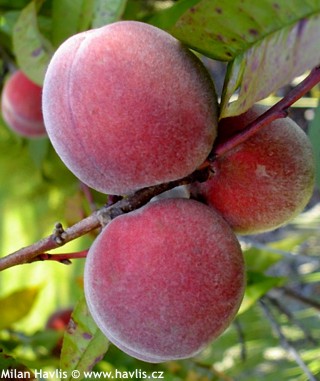
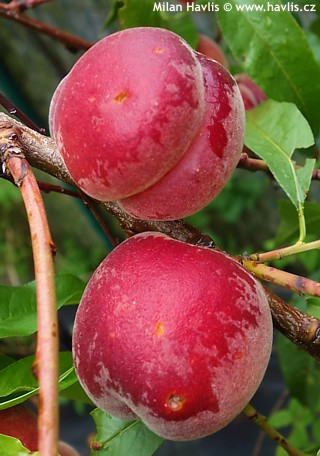
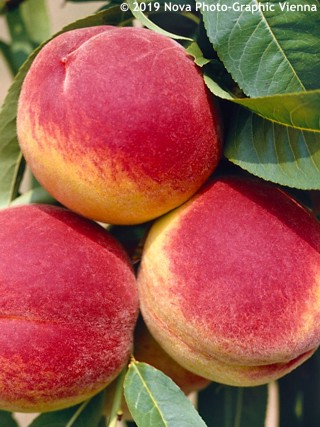
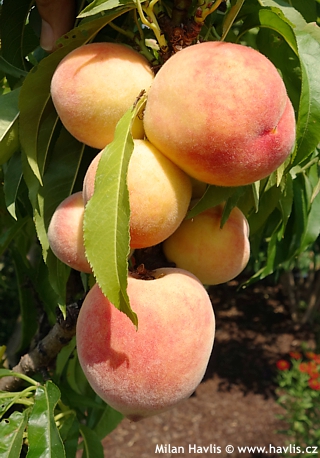
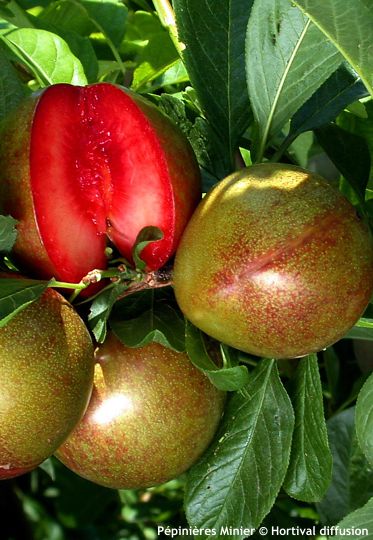
.jpg)
.jpg)
.jpg)
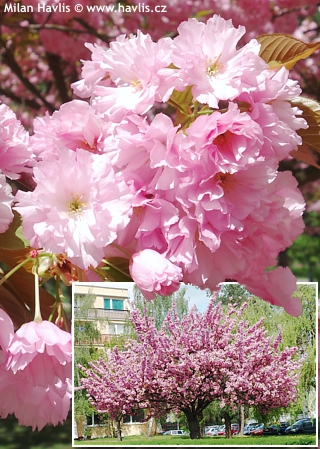
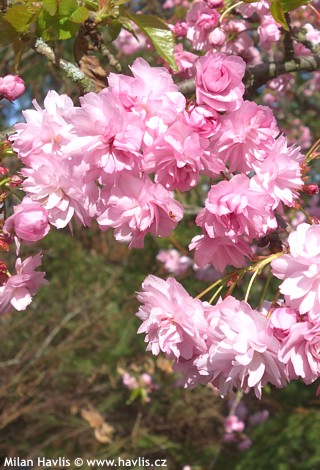
.jpg)
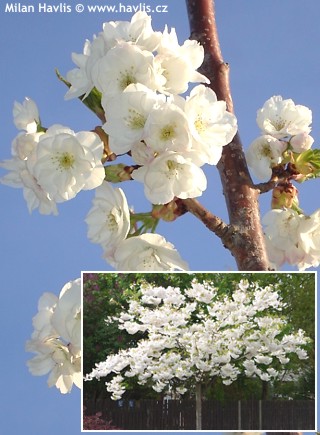
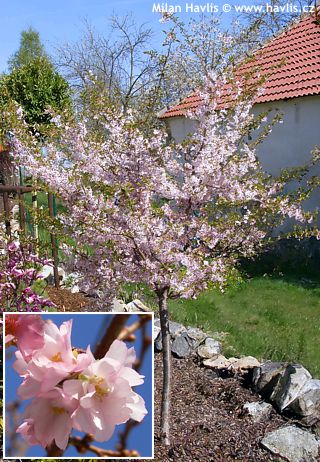
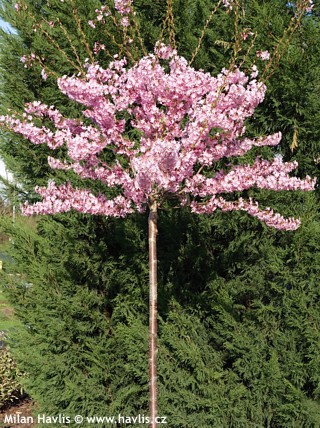
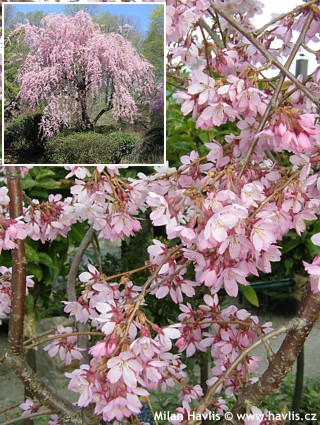
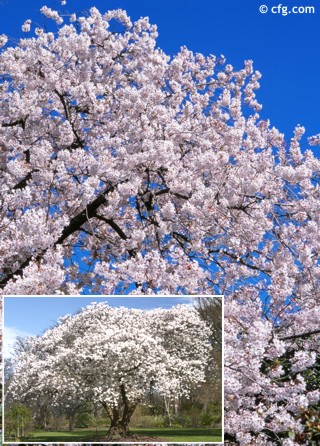
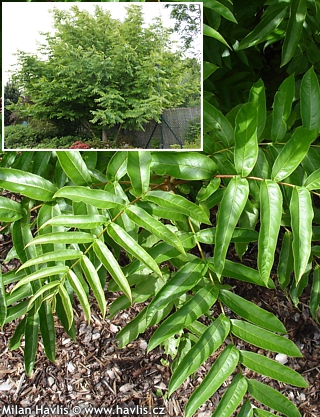
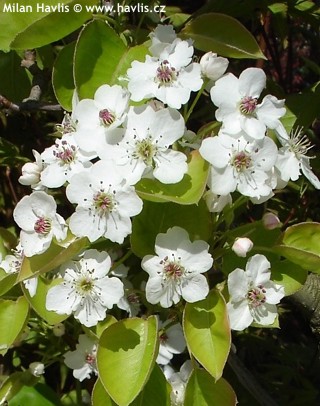
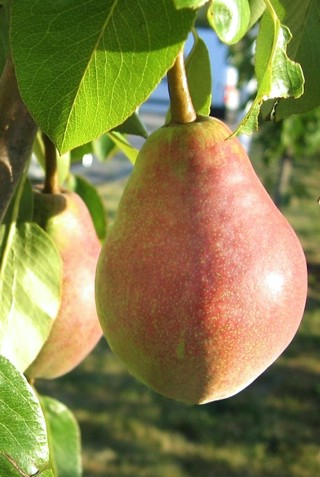
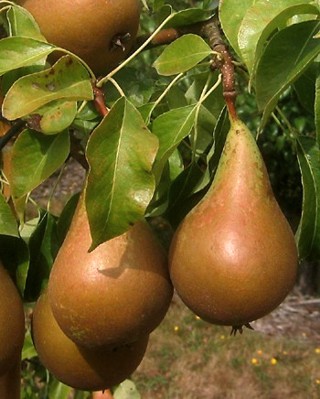
.jpg)
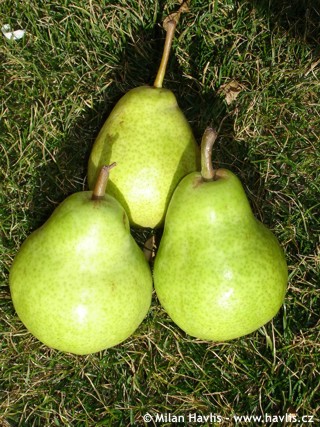
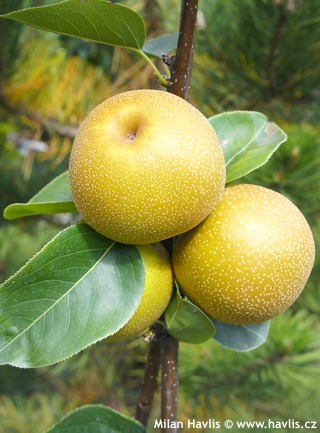
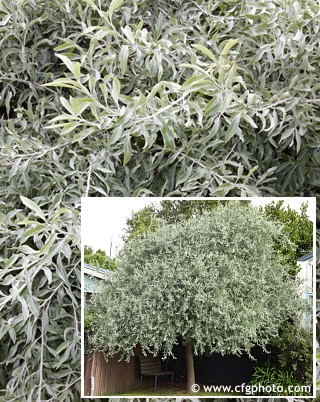
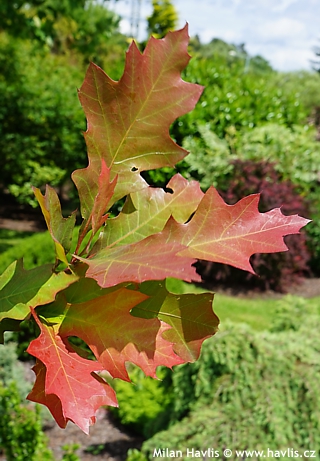
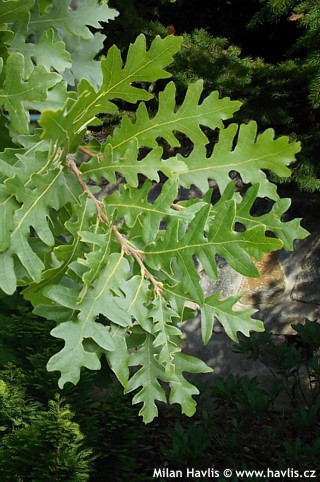
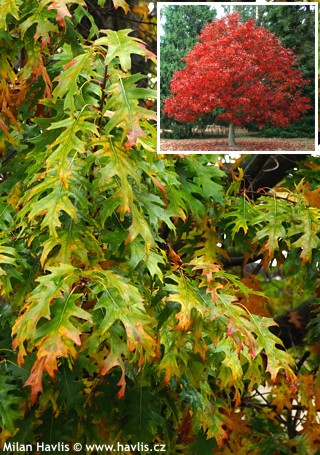
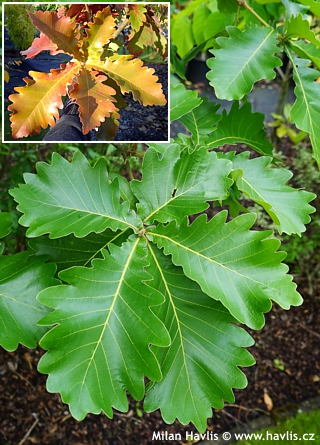
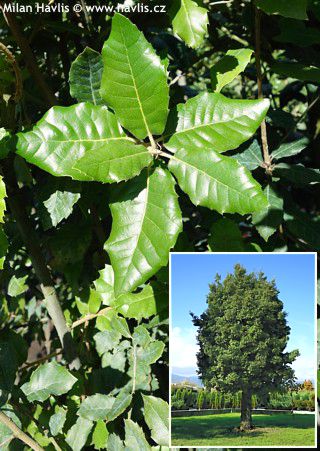
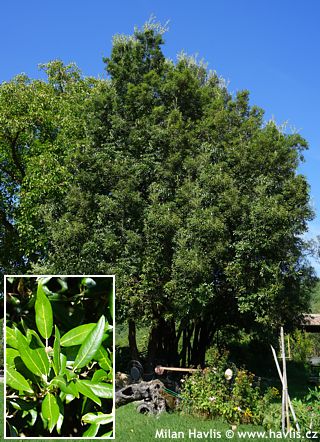
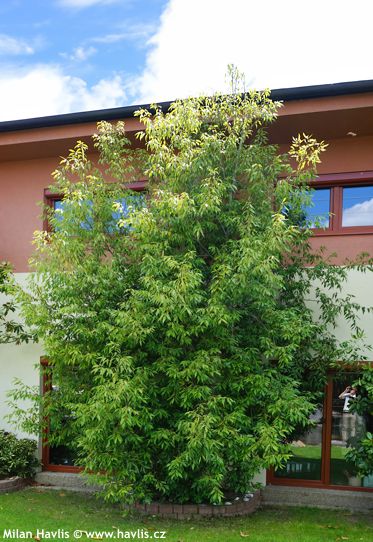
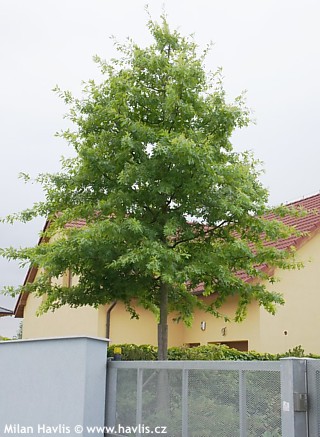
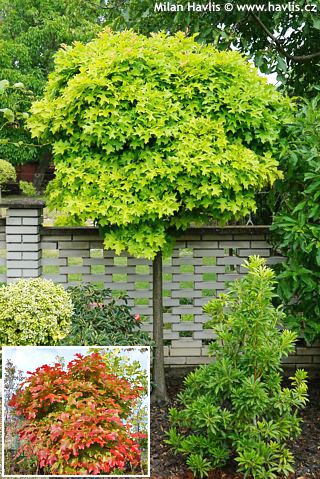
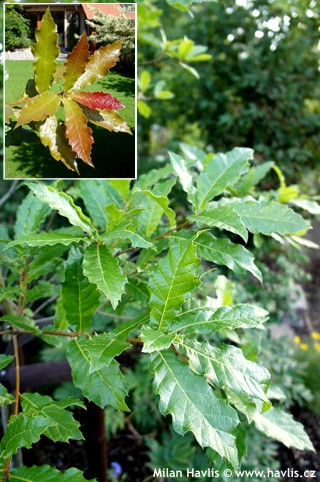
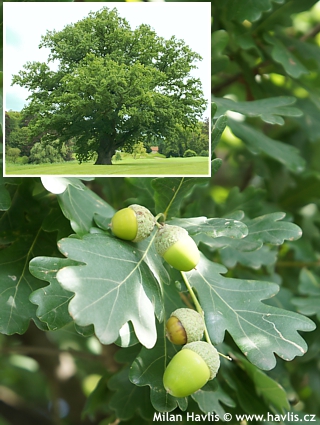
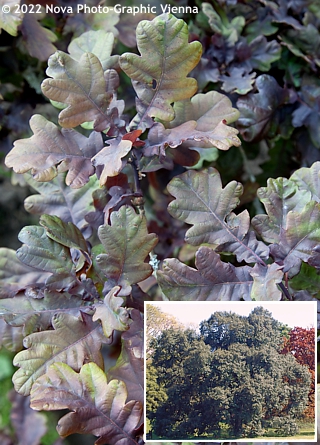
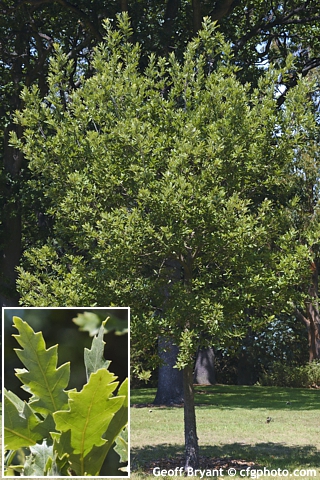
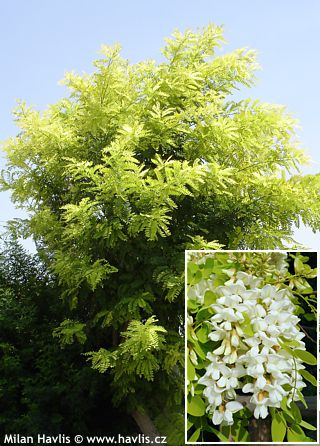
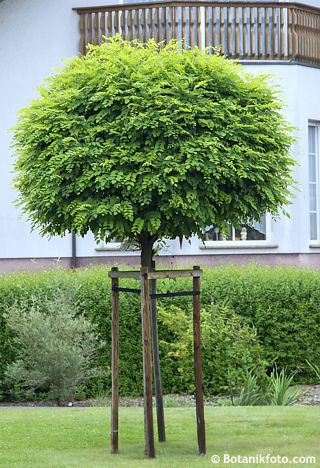
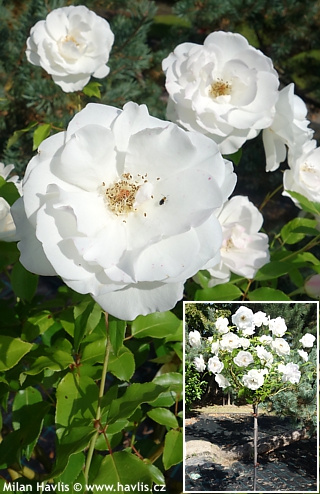
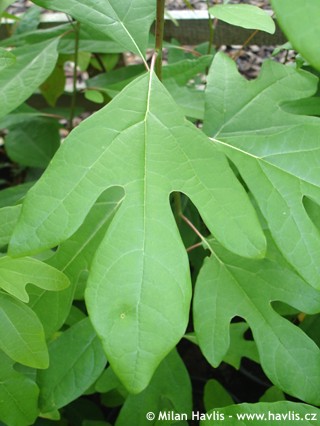
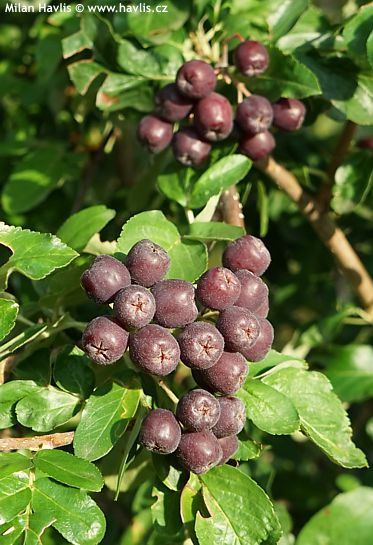
.jpg)
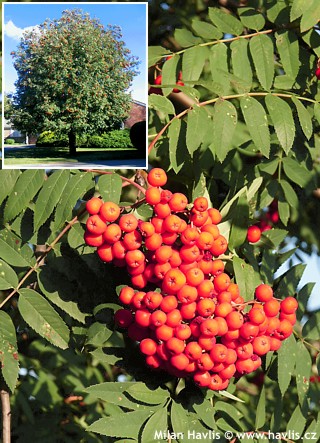
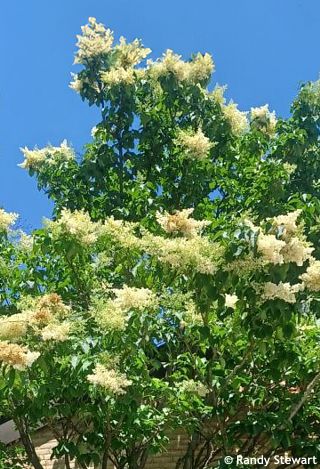
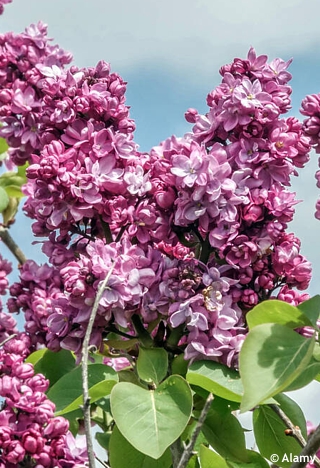
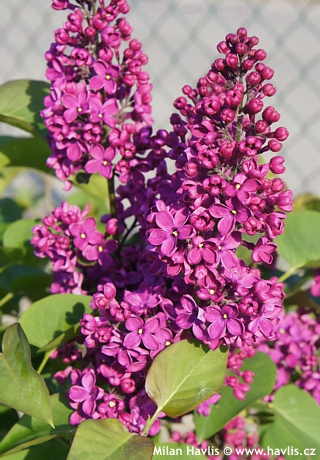
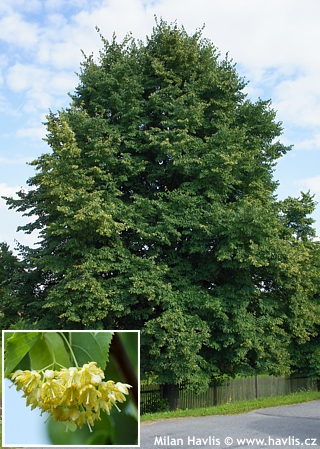
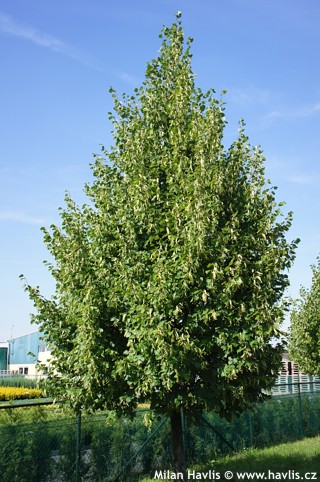
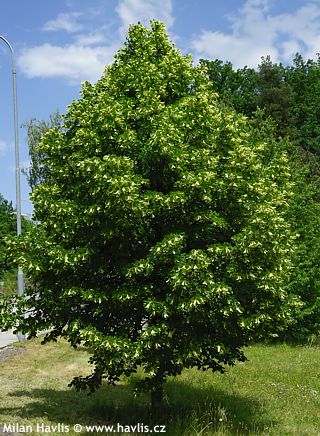
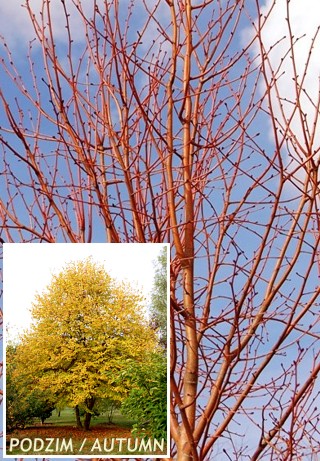
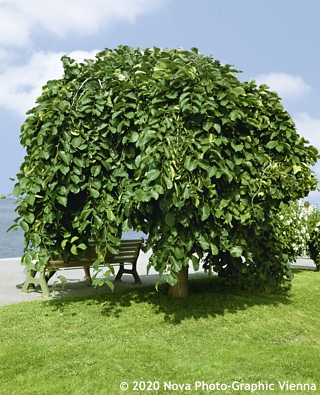
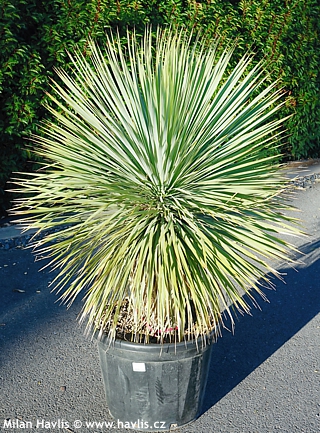
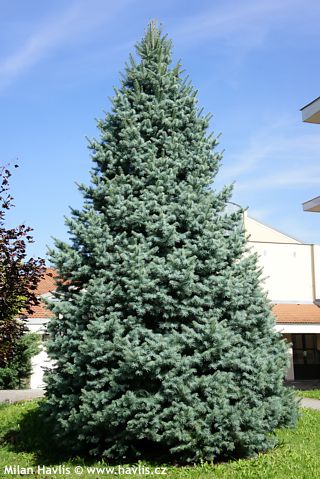
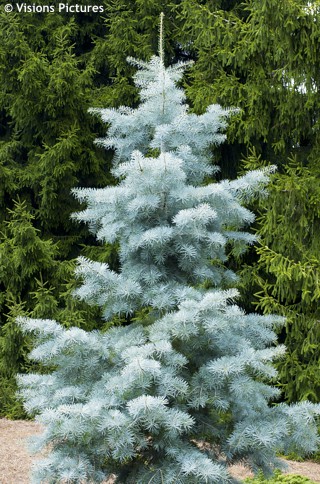
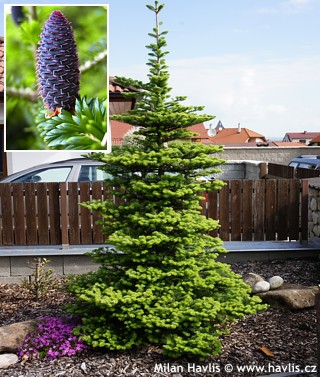
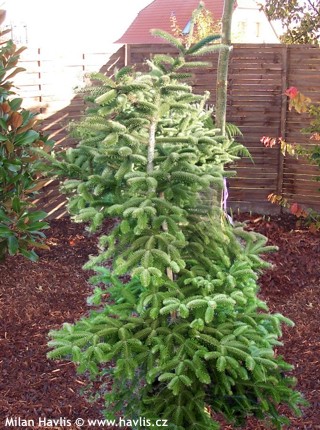
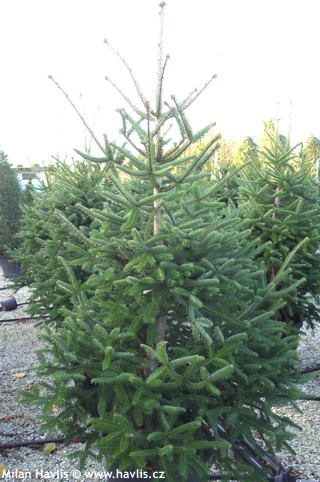
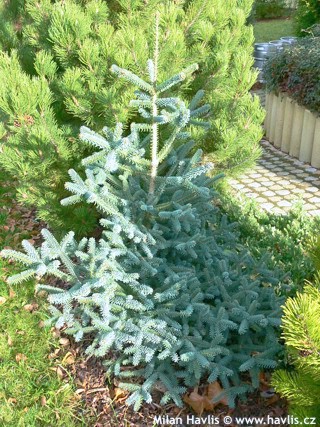
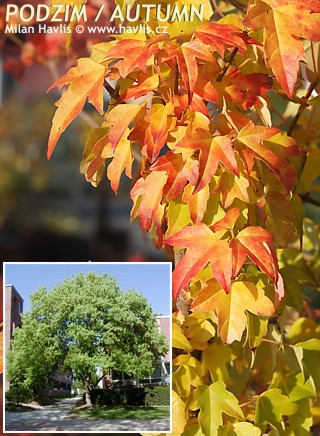
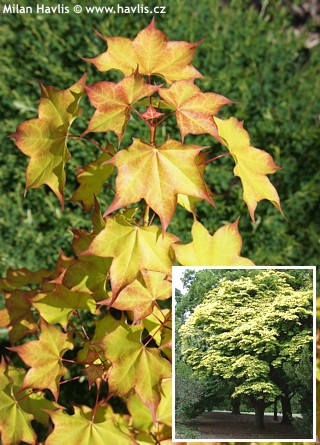
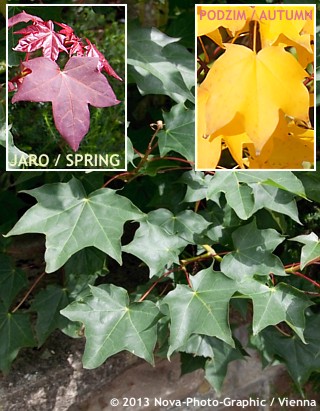
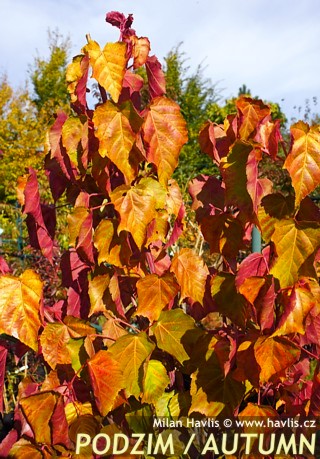
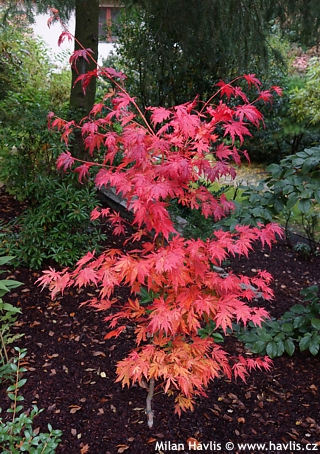
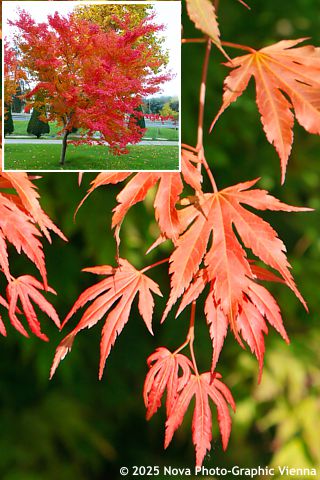
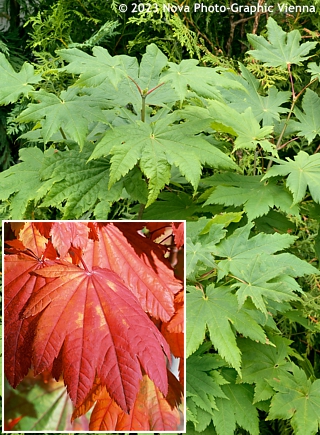
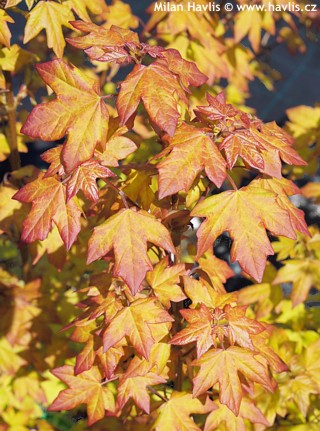
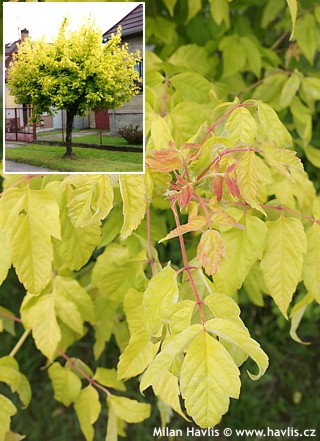
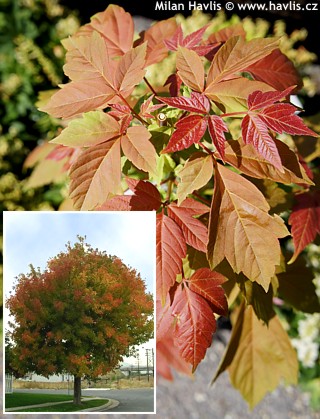
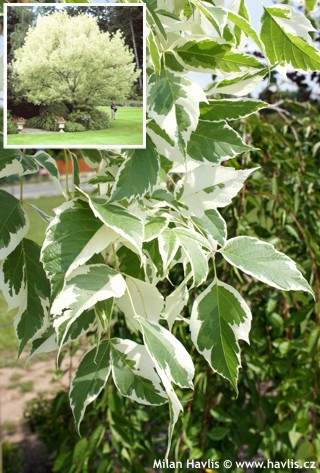
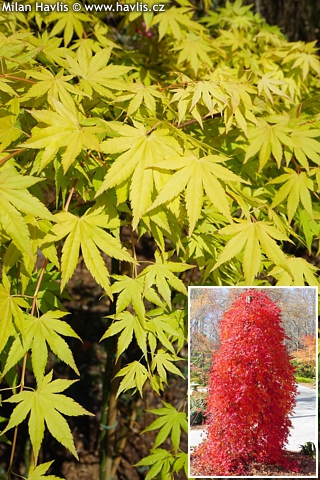
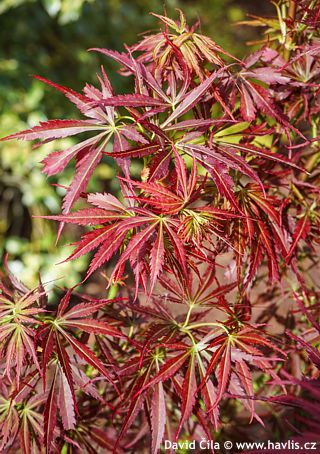
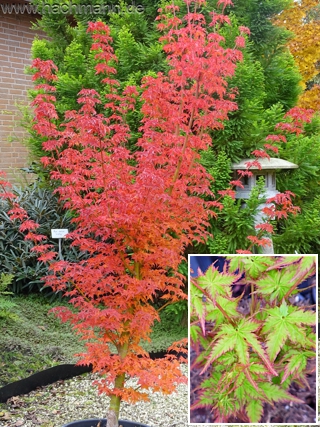
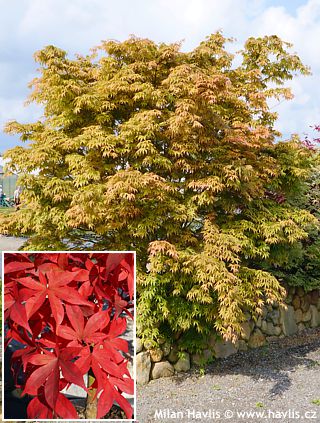
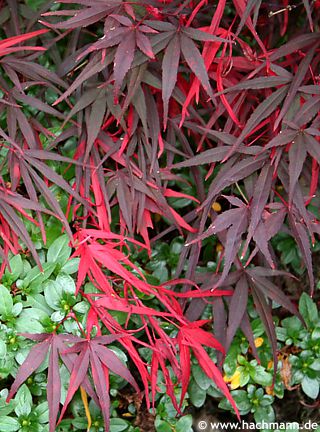
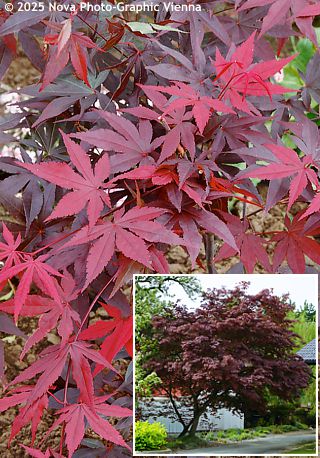
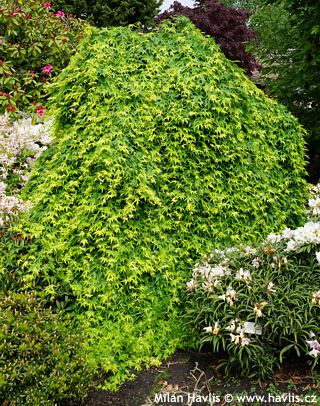
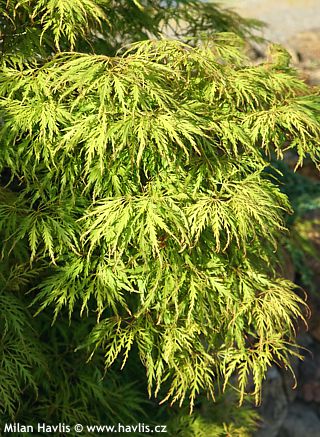
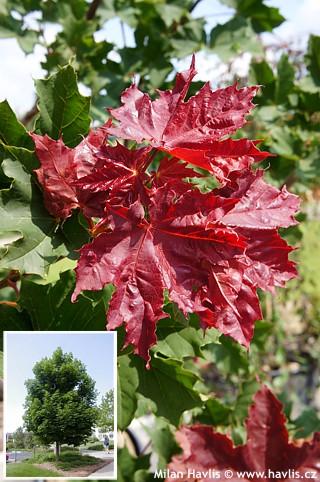
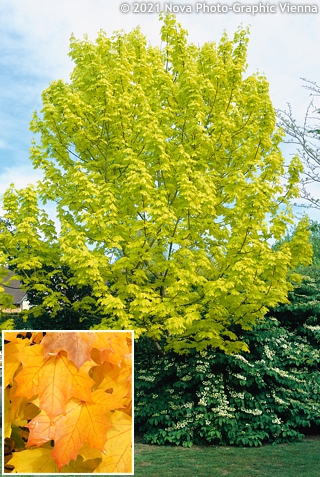
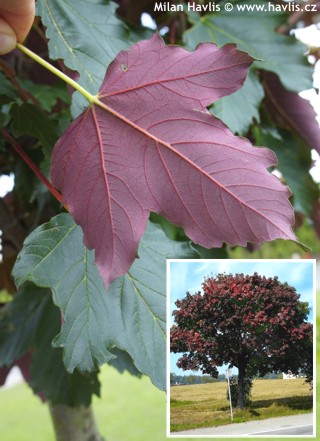
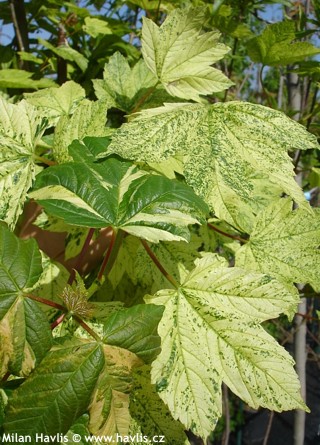
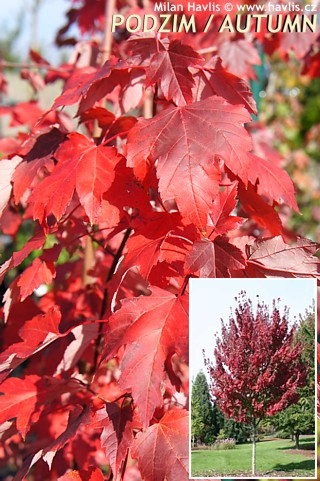
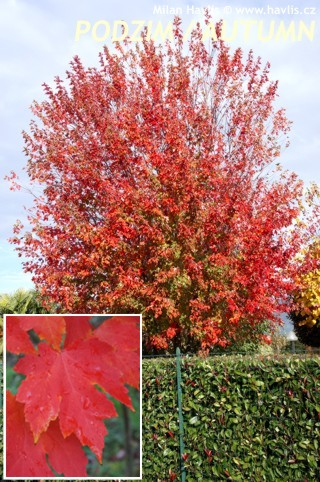
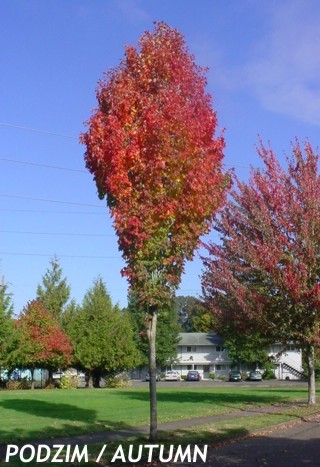
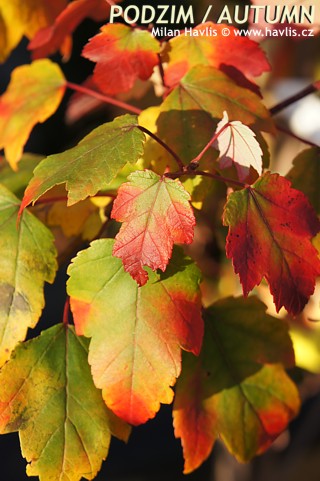
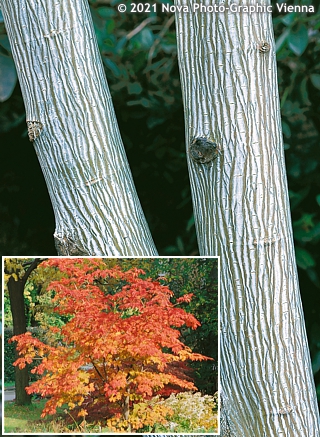
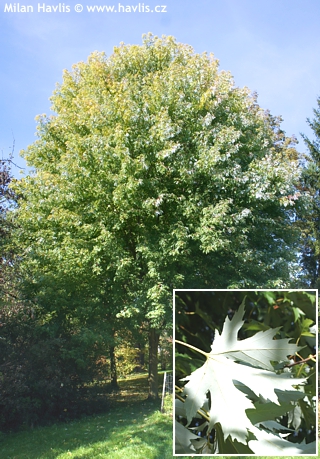
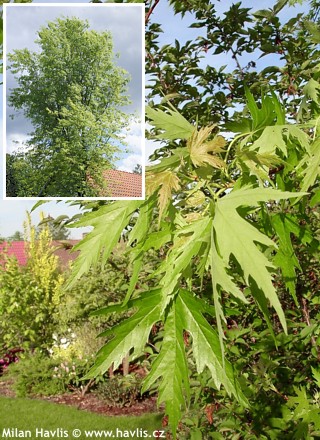
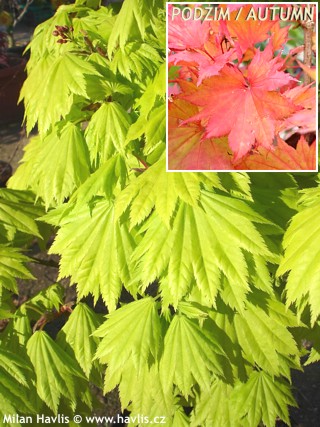
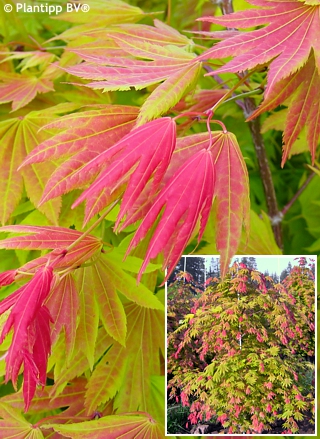
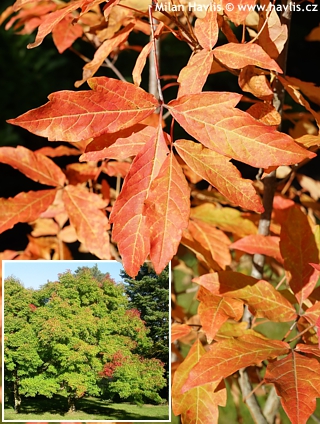
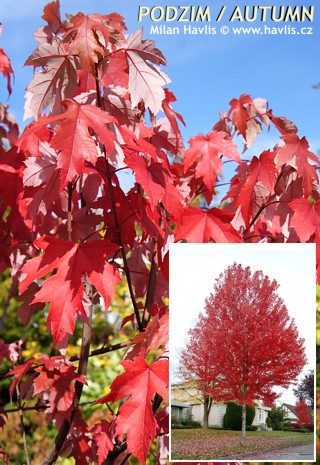
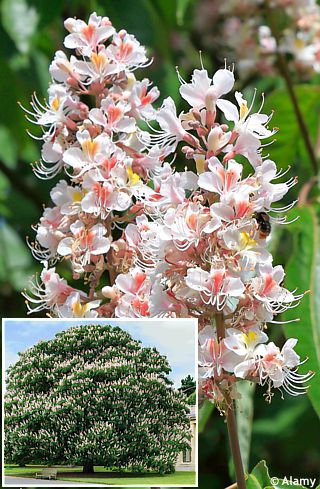
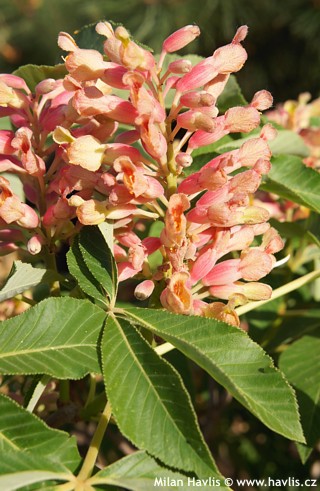
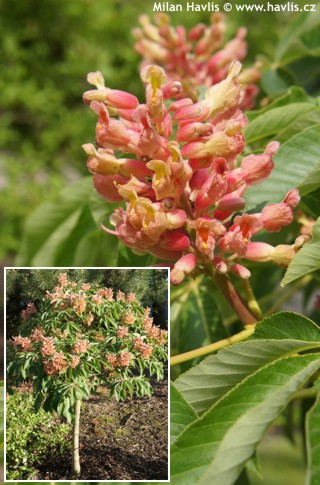
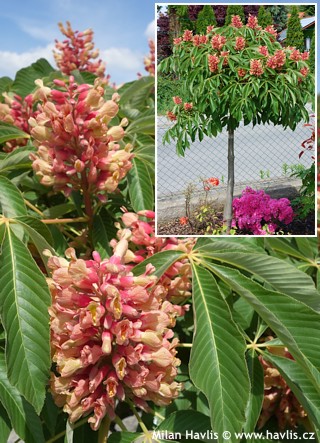
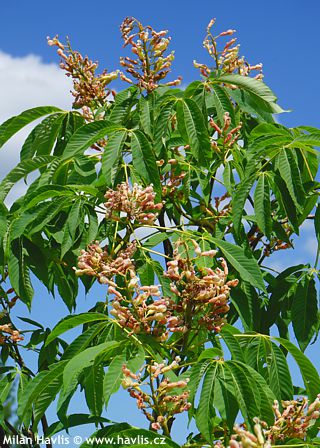
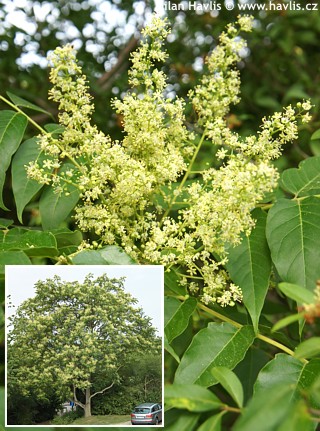
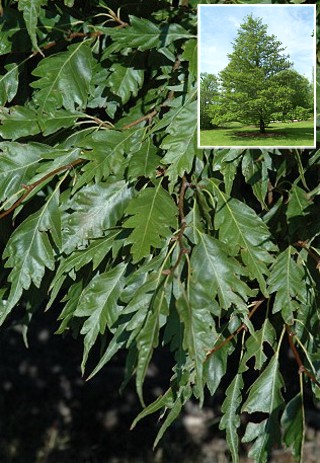
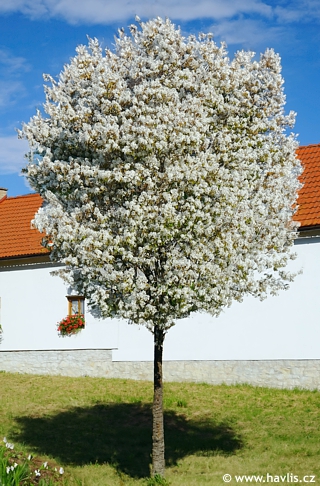
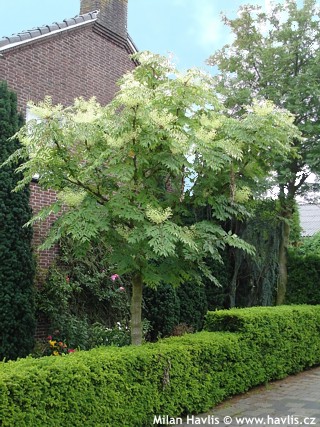
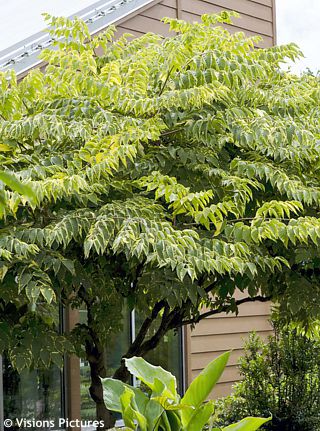
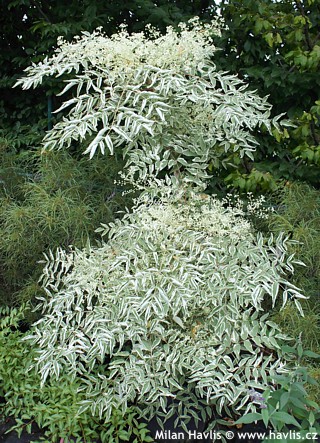
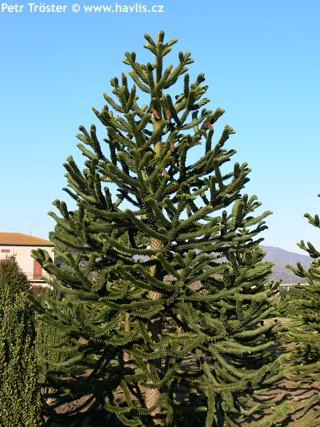
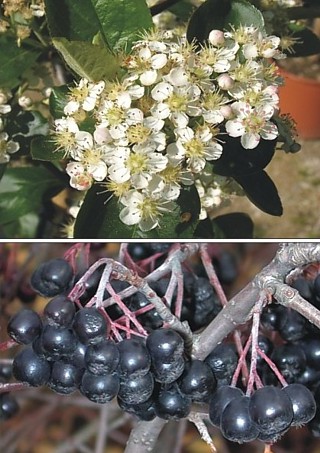
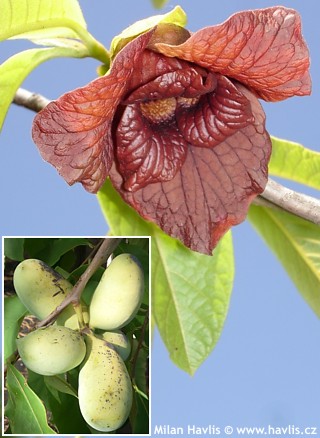
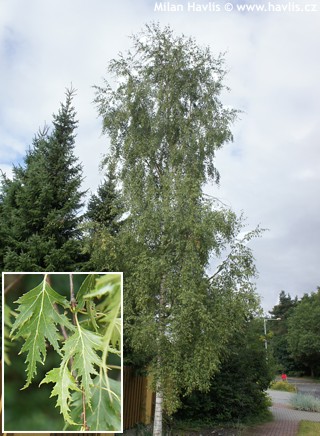
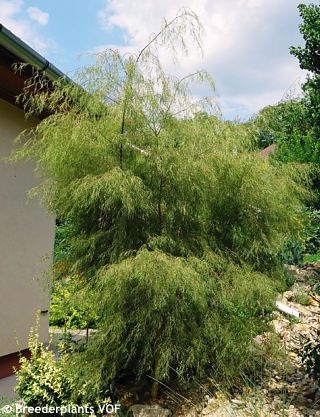
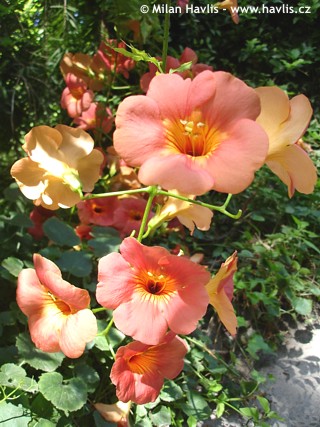
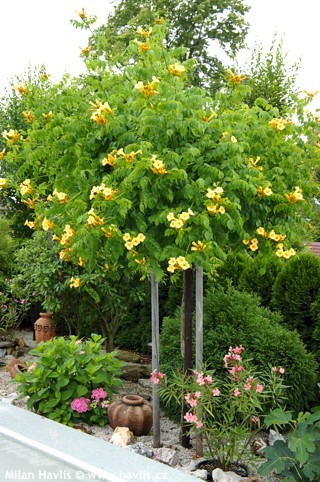
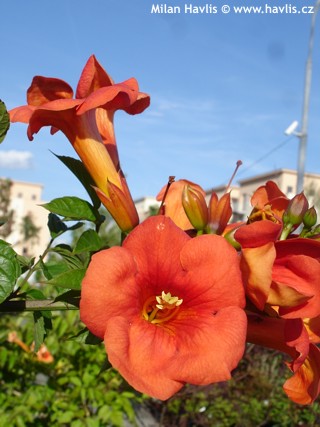
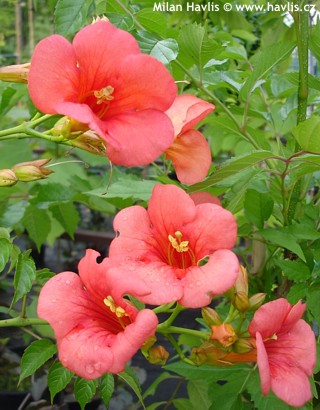
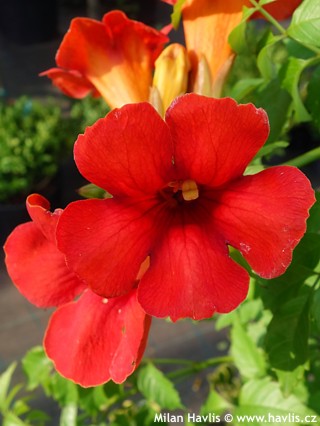
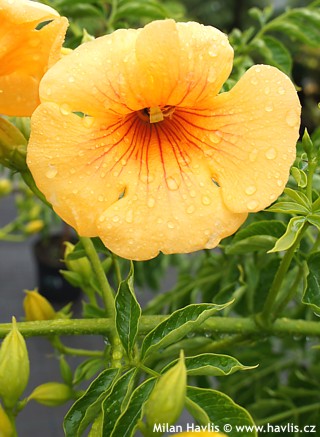
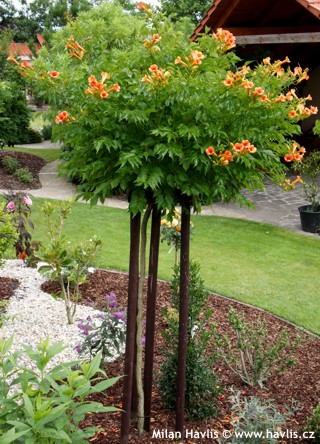
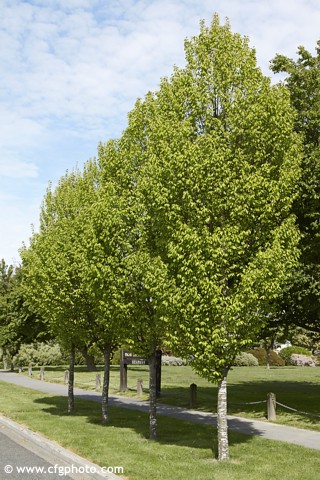
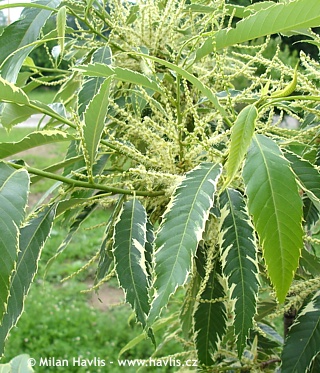
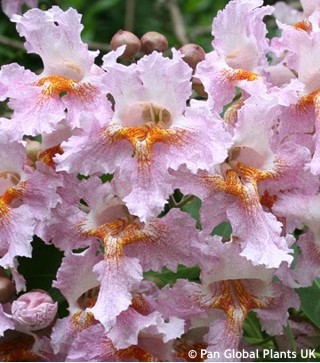
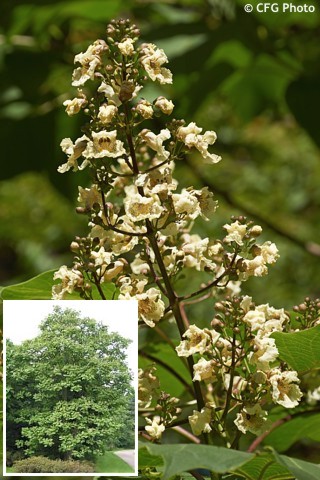
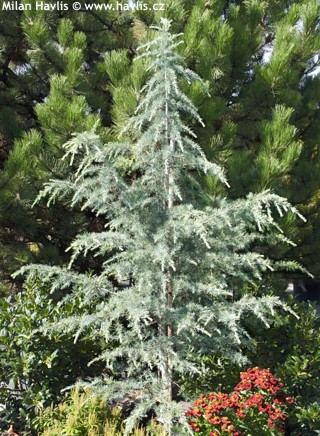
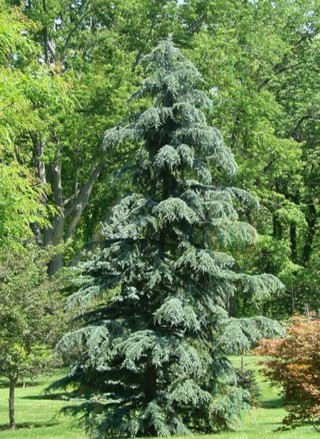
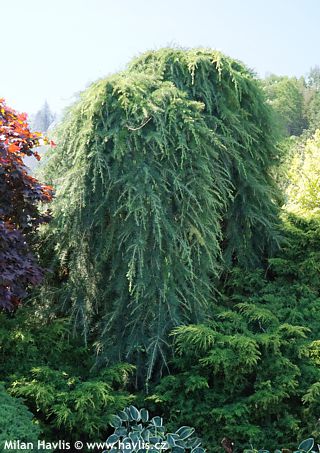
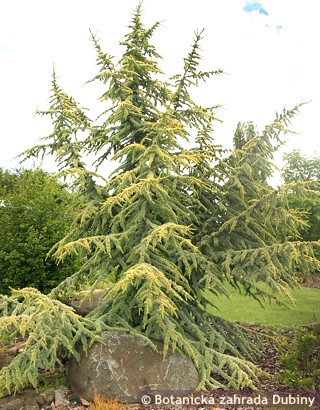
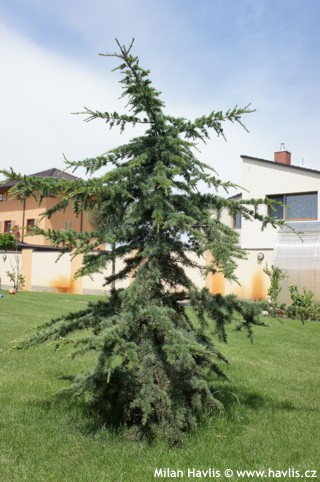
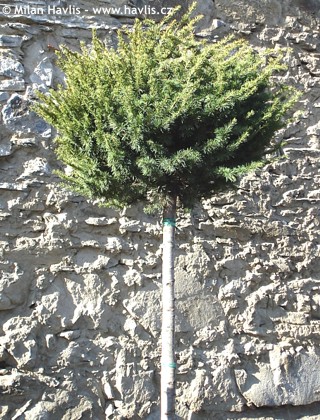
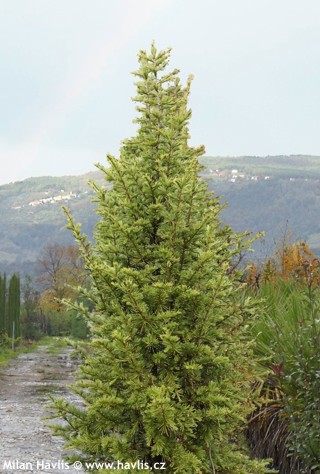
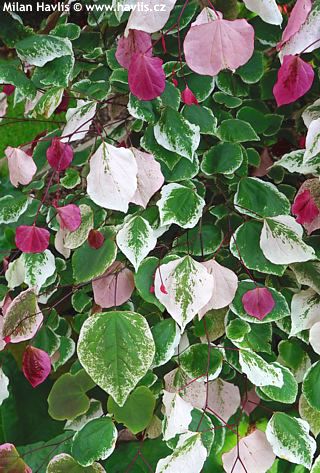
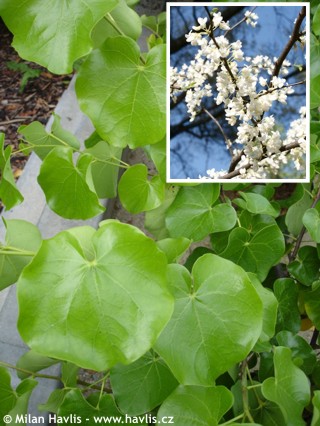
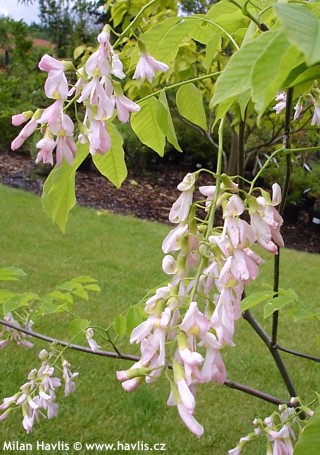
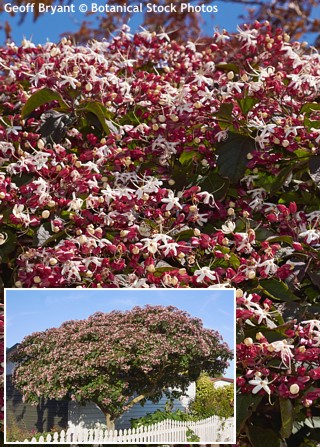
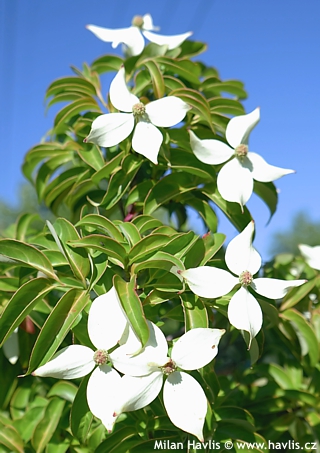
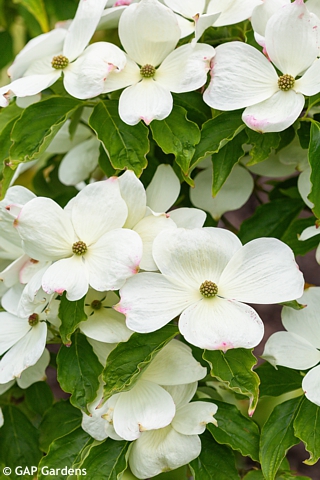
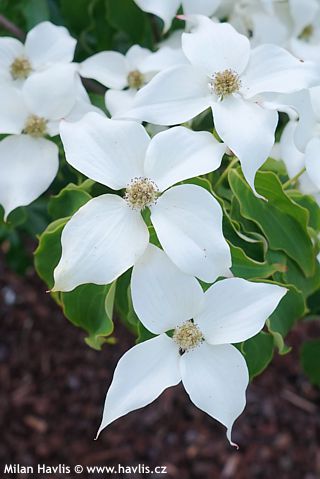
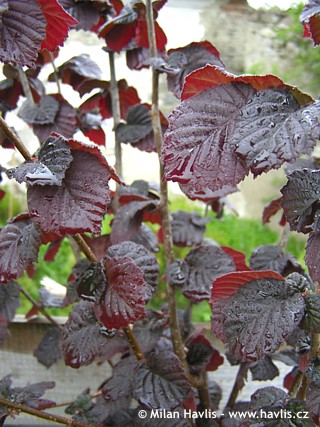
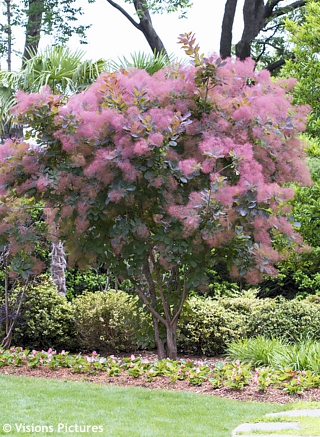
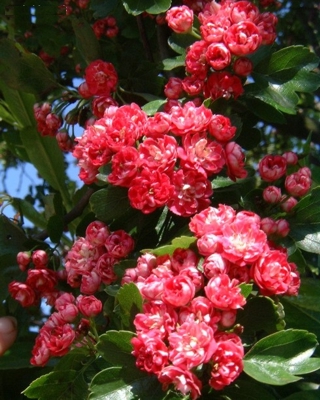
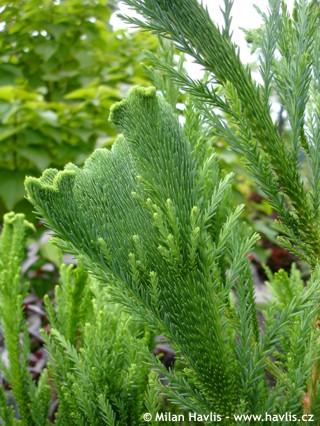
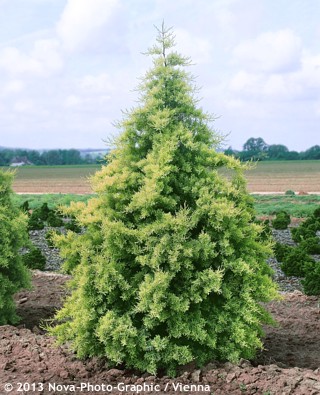
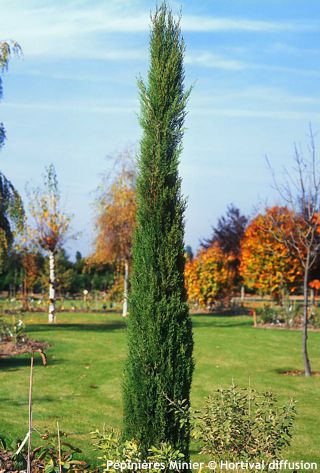
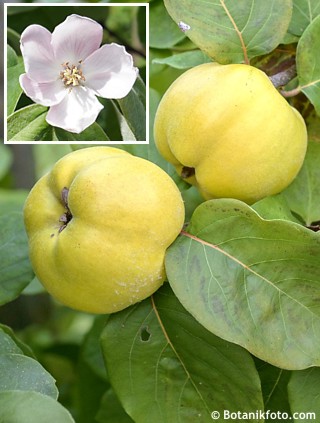
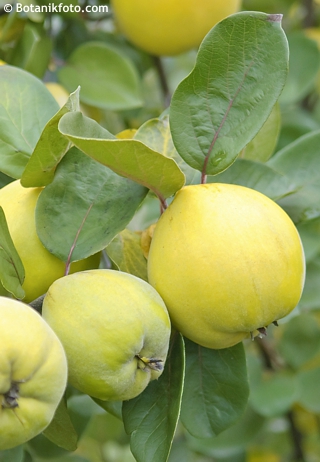
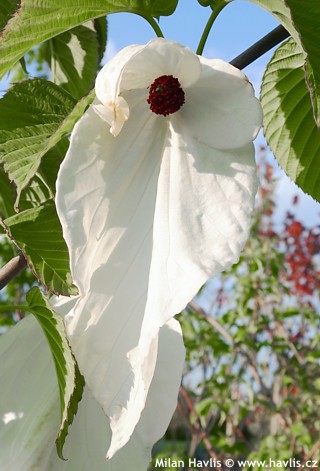
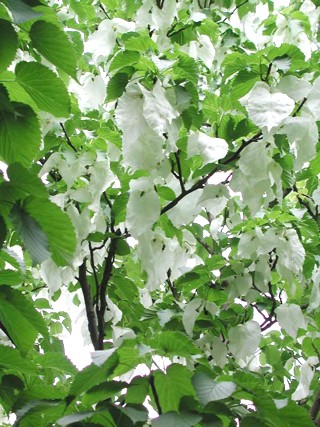
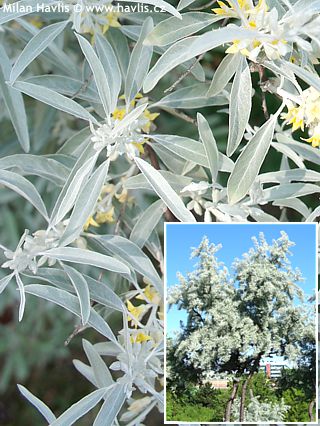
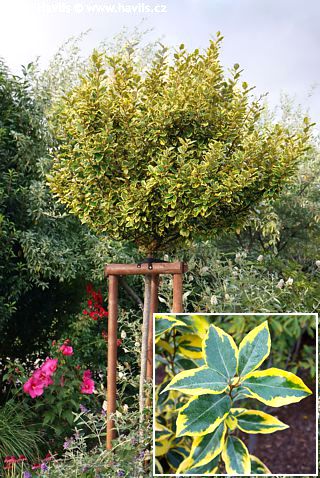
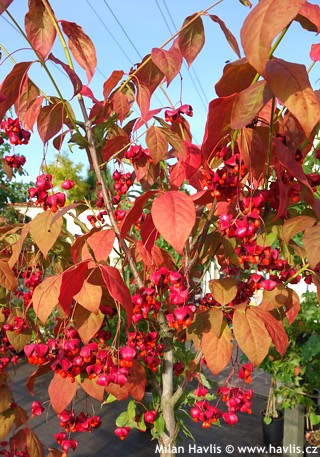
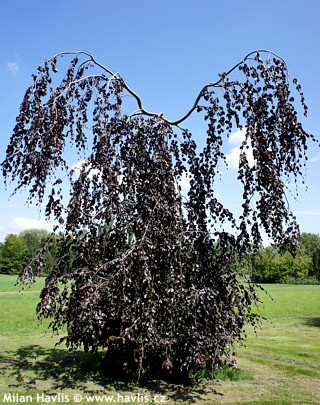
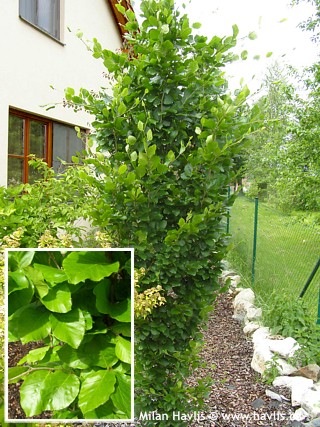
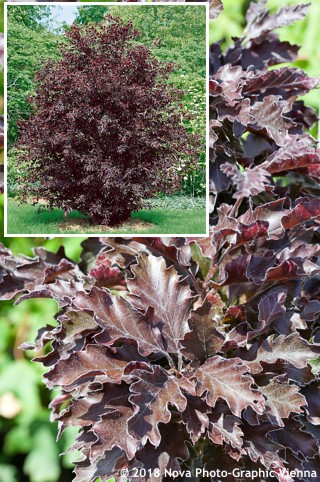
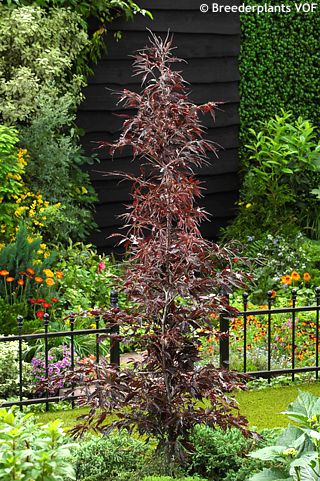
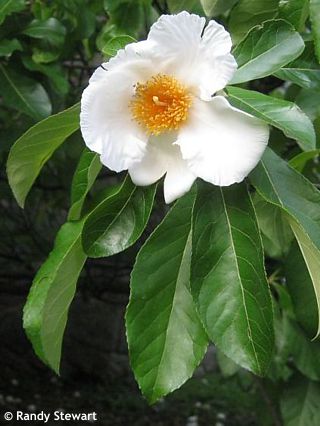
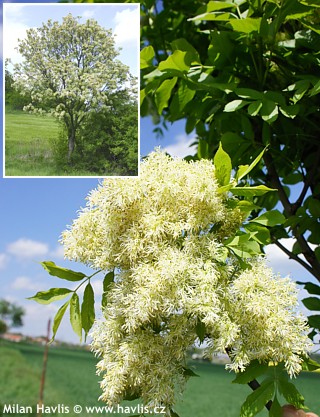
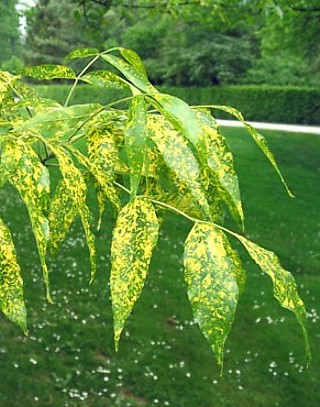
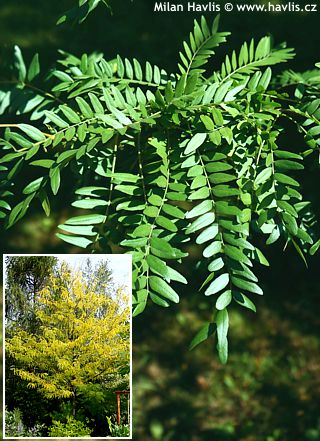
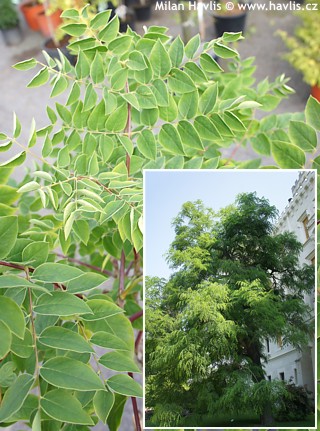
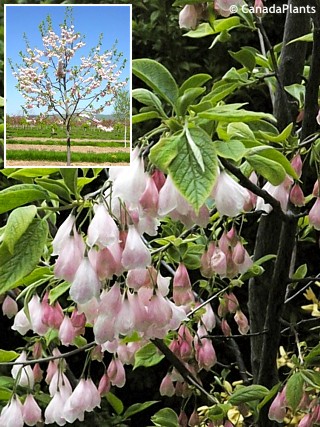
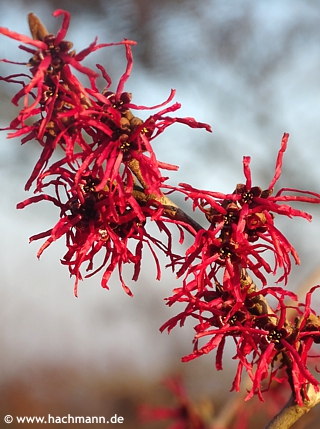
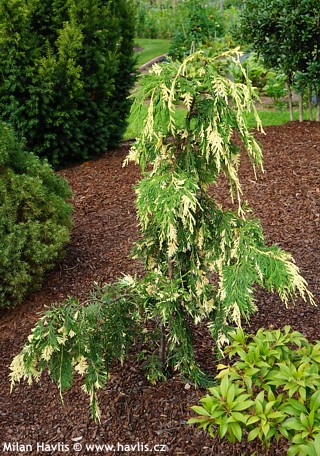
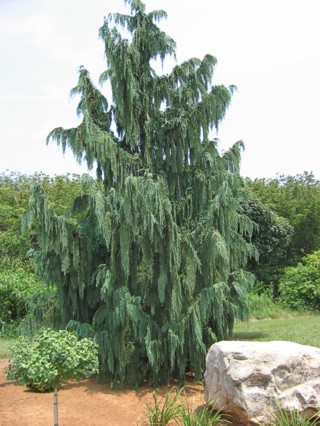
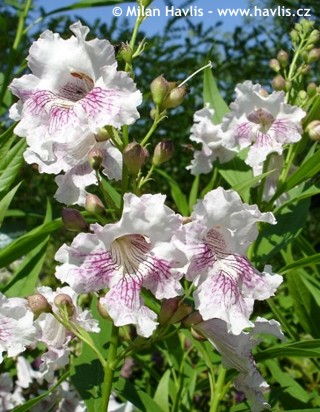
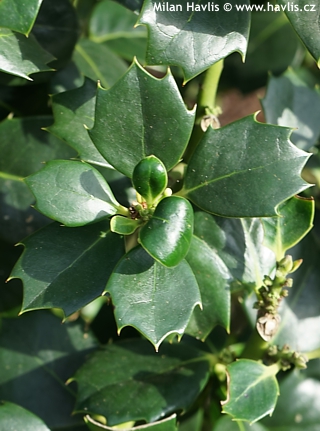
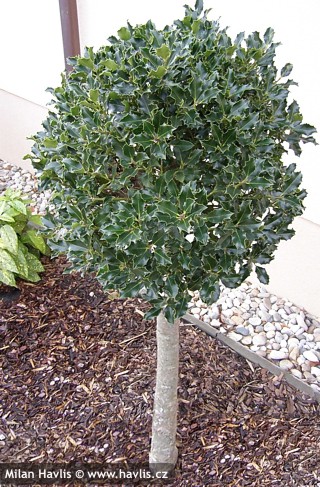
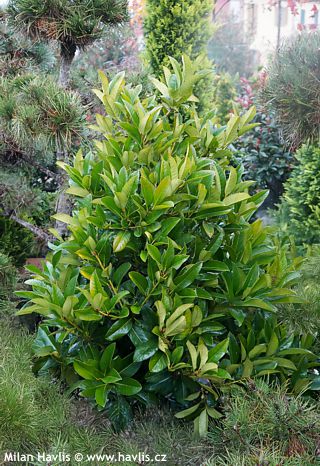
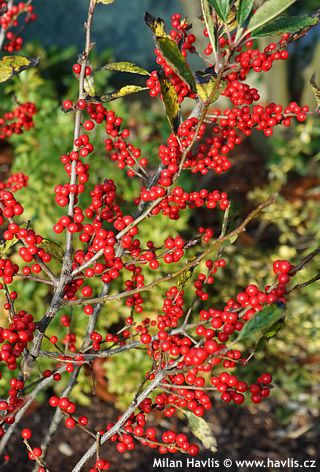
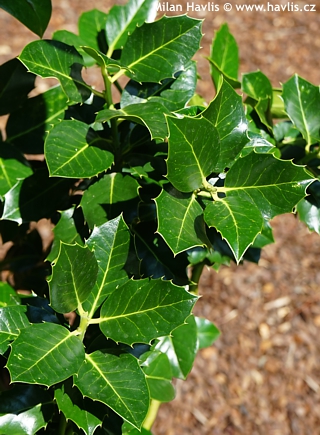
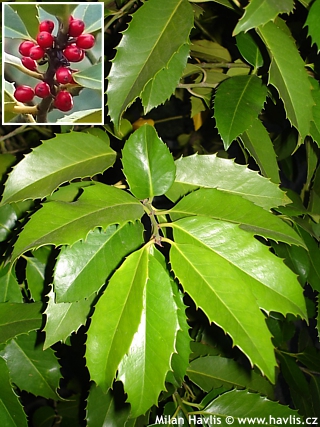
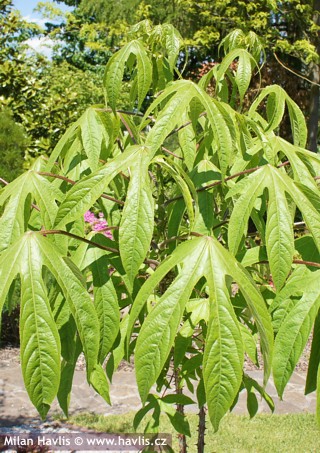
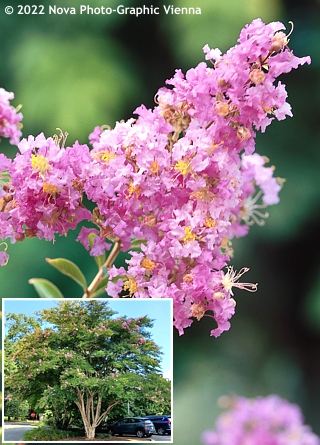
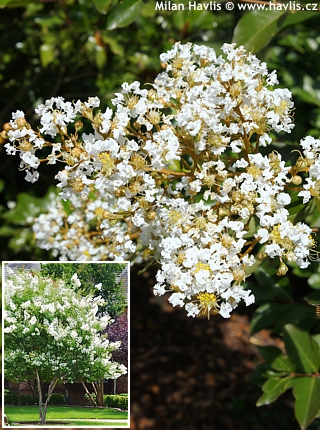
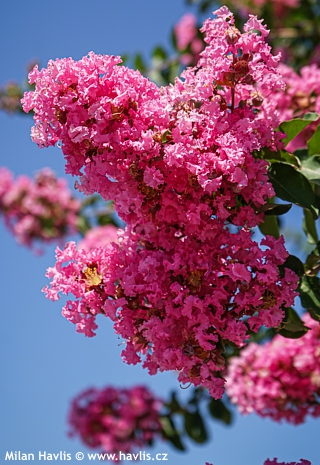
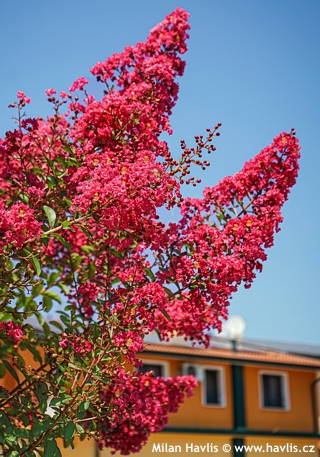
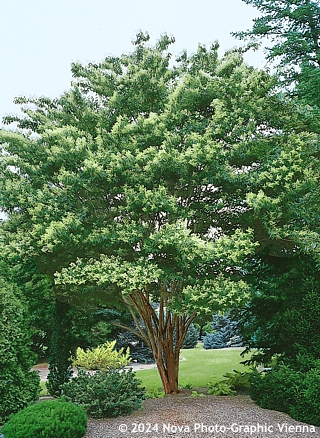
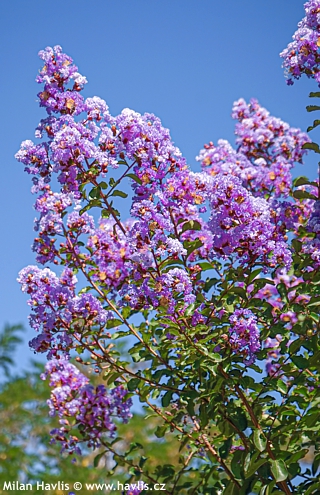
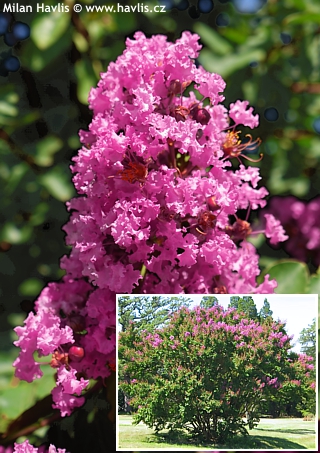
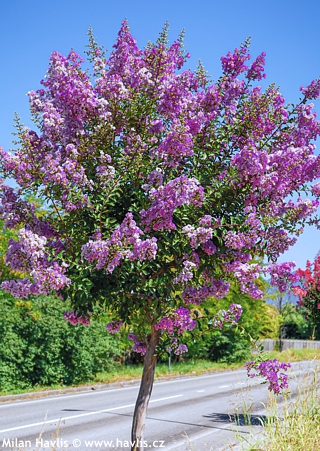
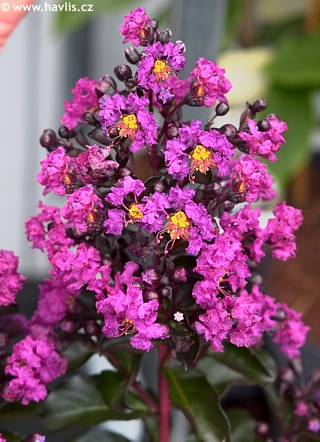
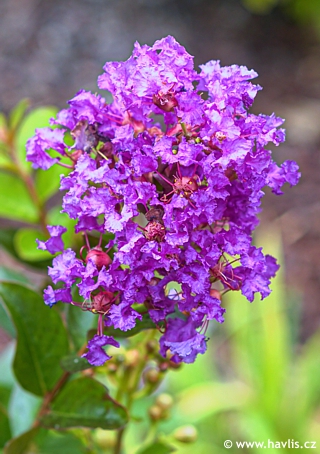
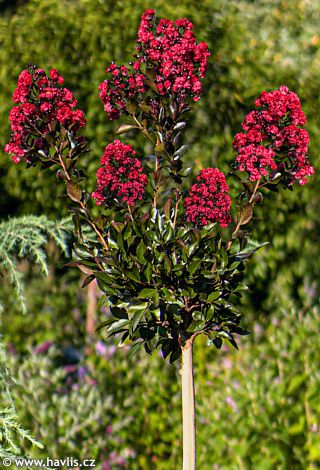
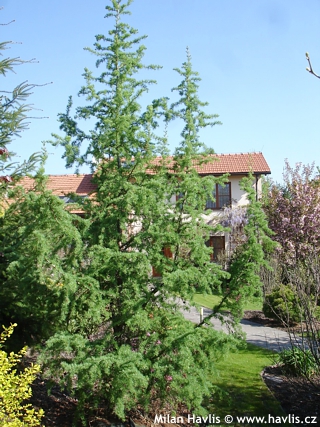
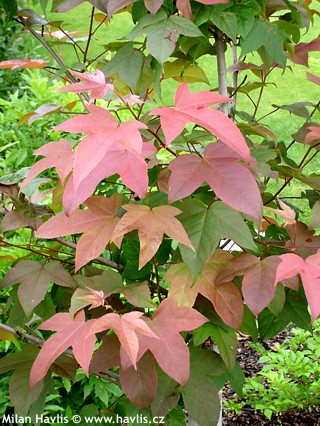
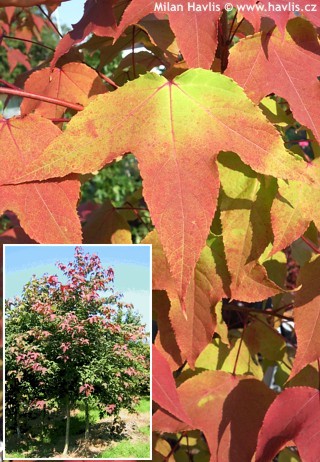
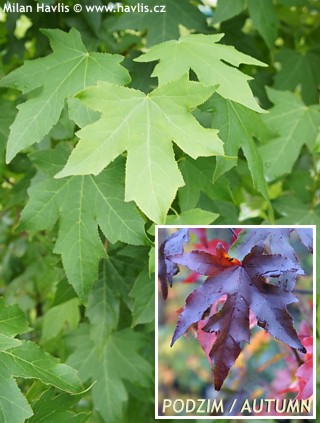
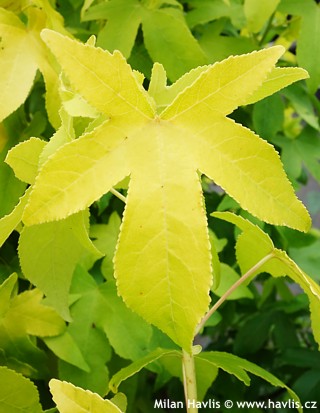
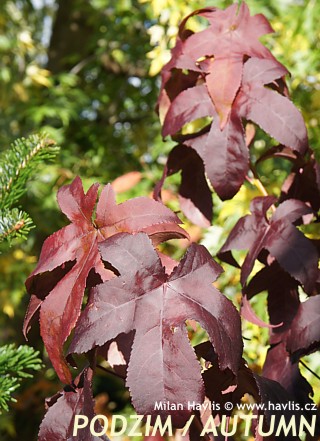
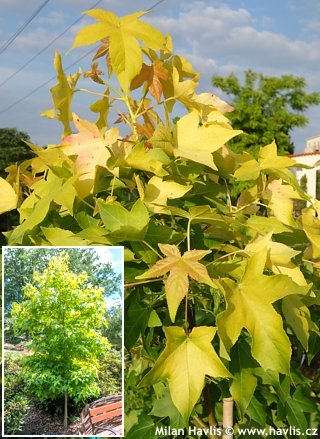
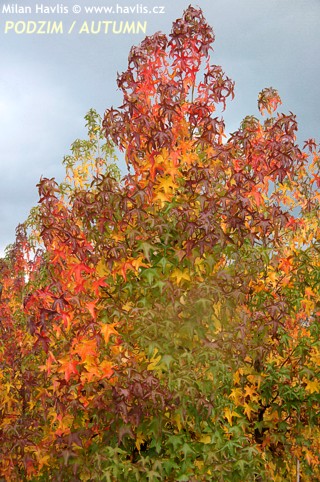
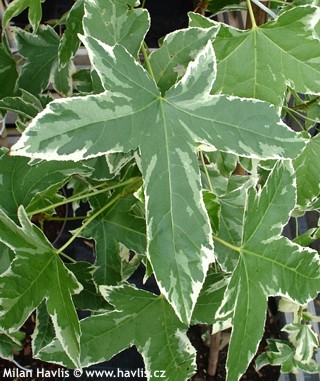
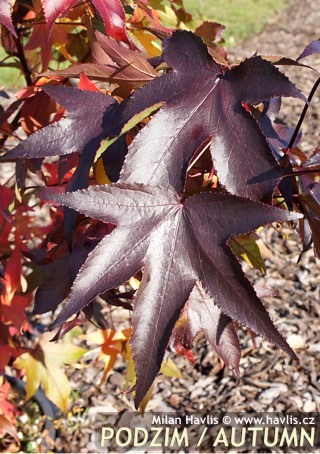
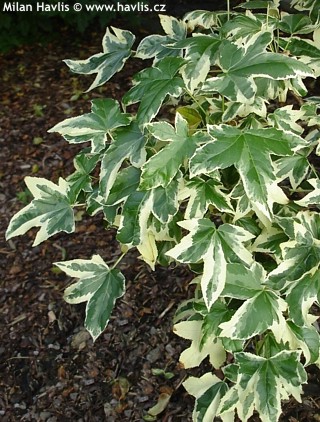
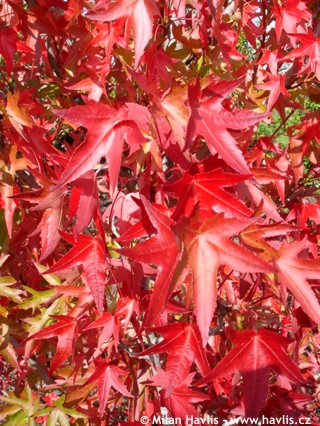
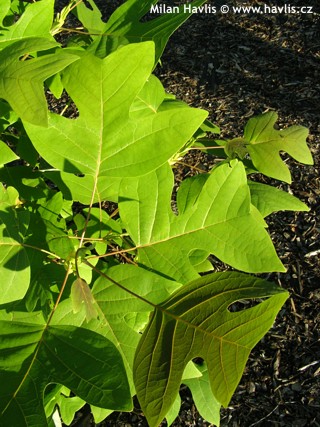
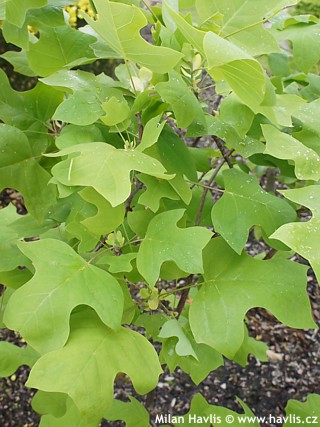
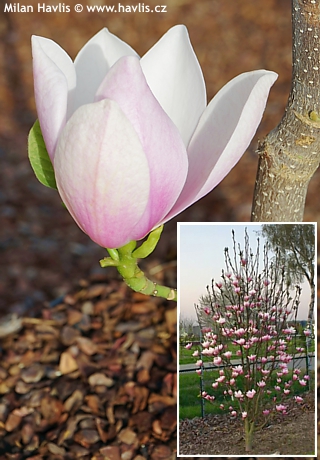
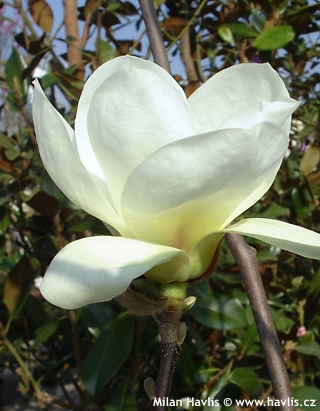
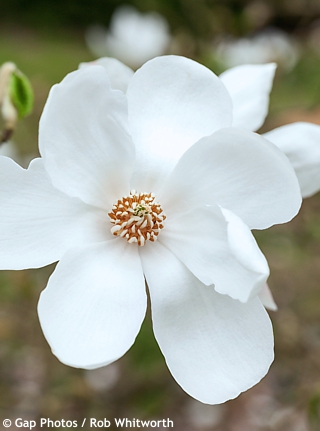
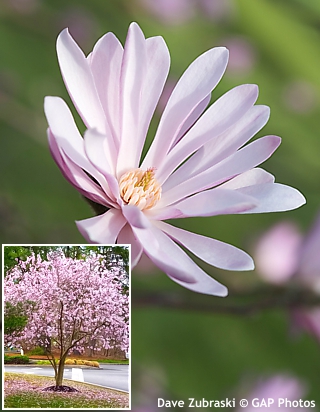
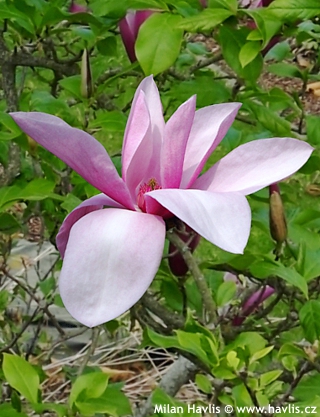
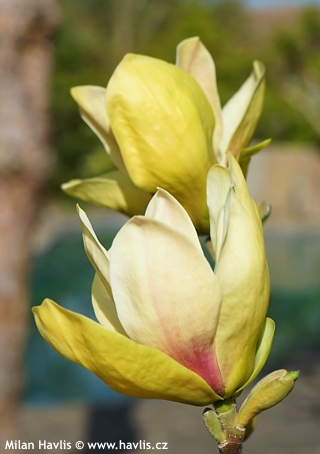
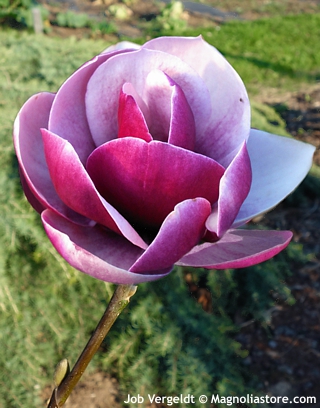
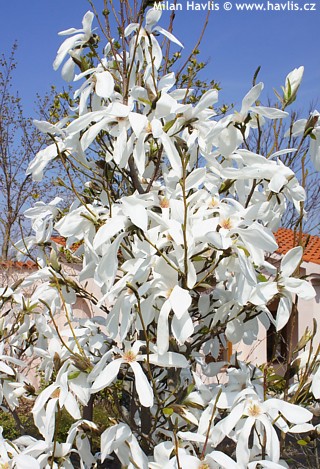
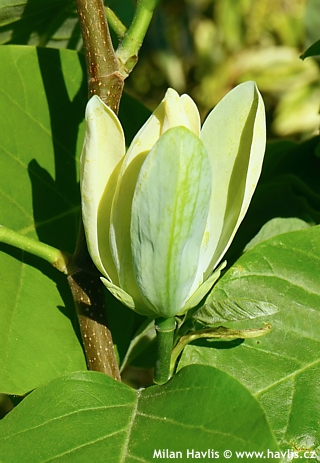
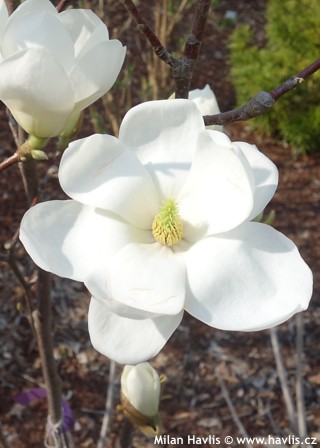
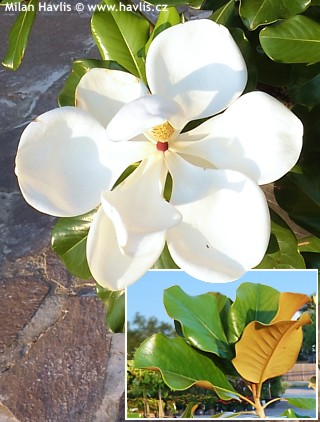
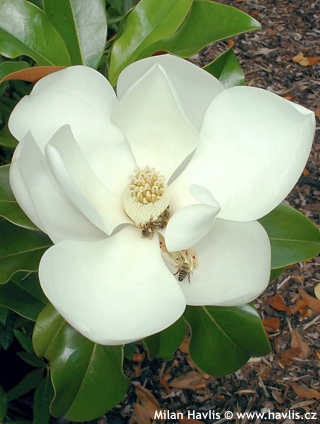
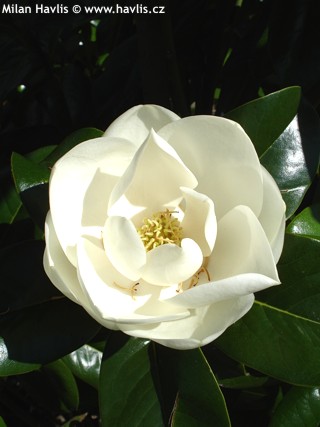
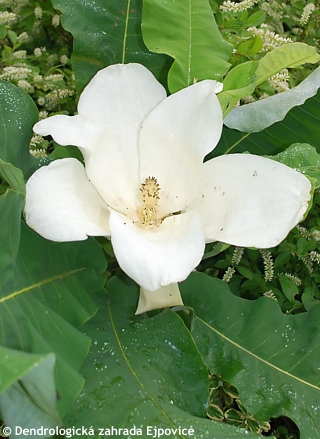
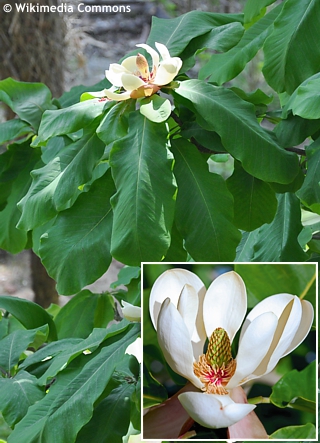
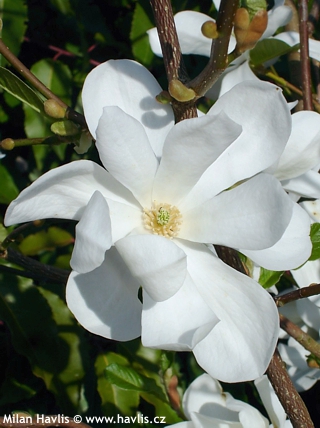
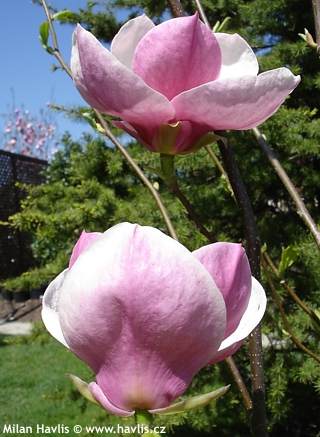
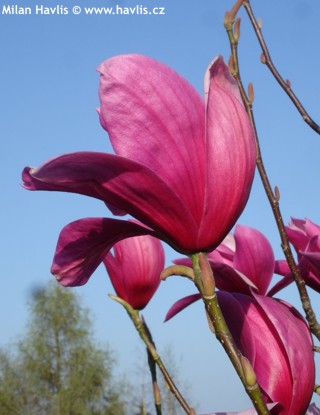
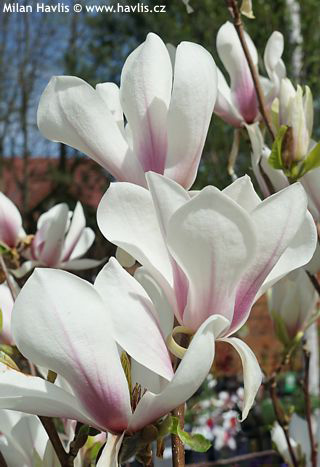
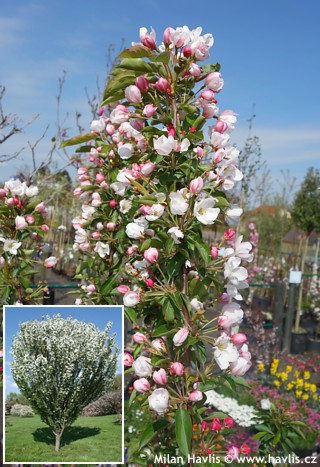
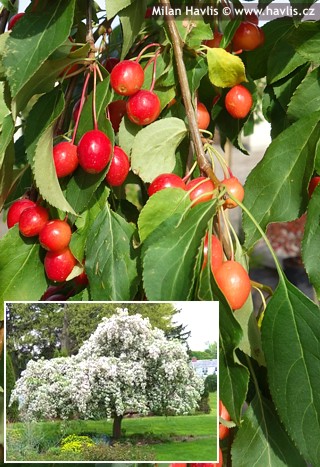
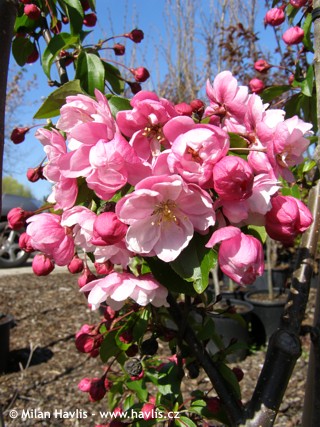
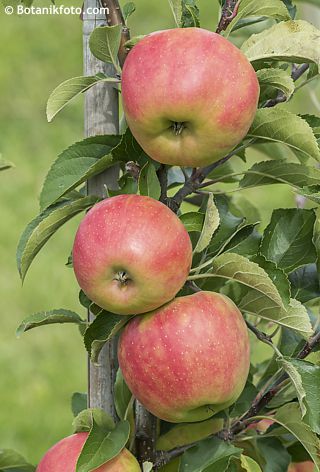
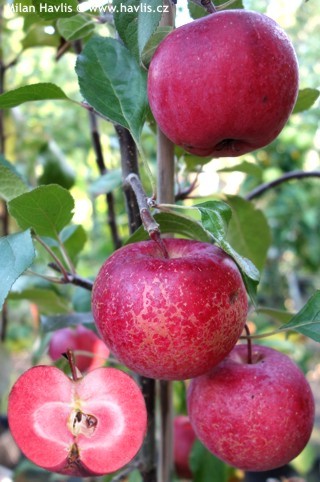
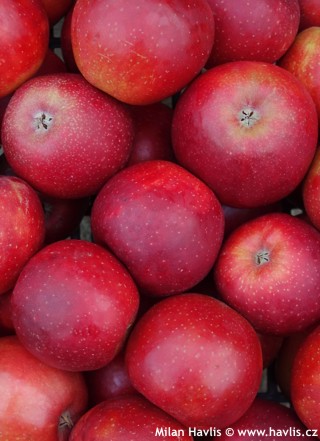
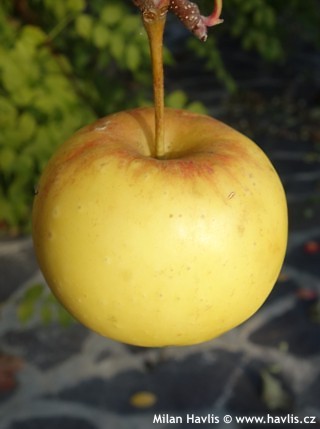
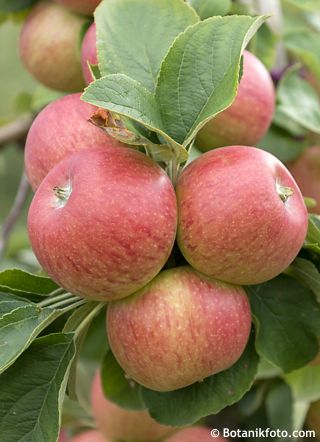
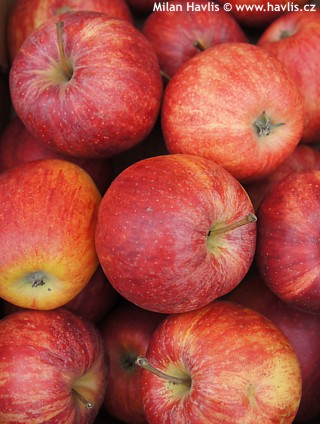
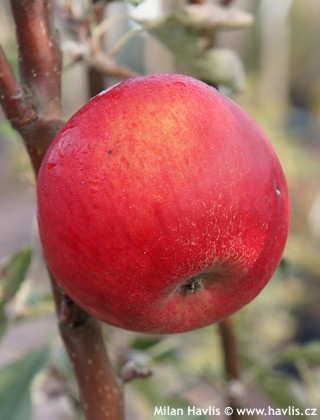
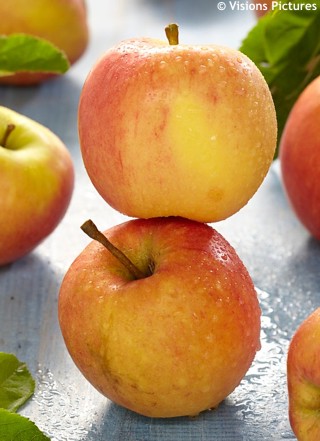
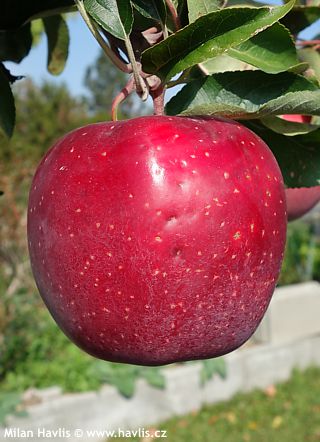
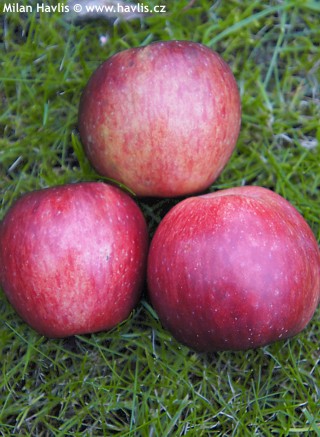
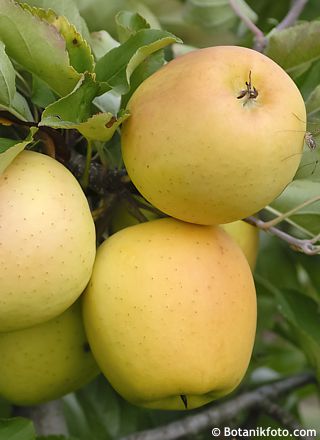
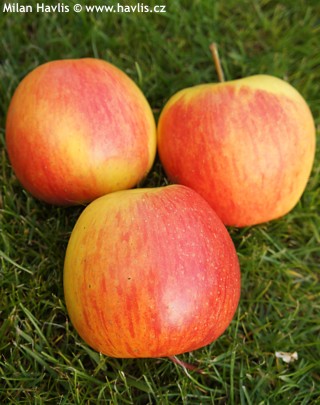
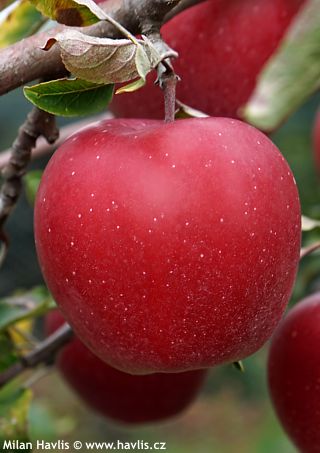
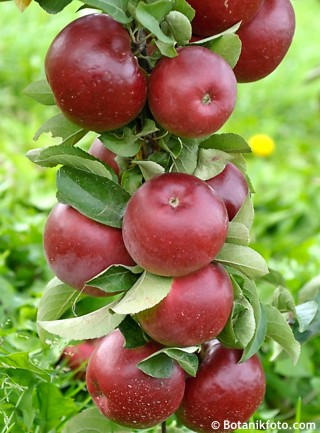
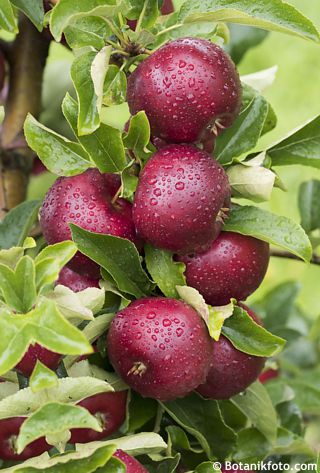
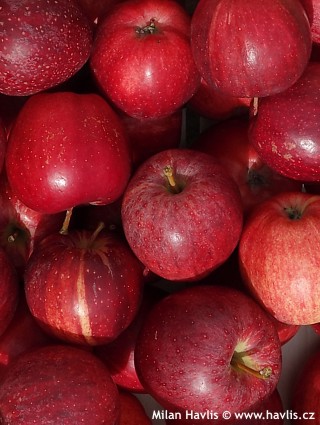
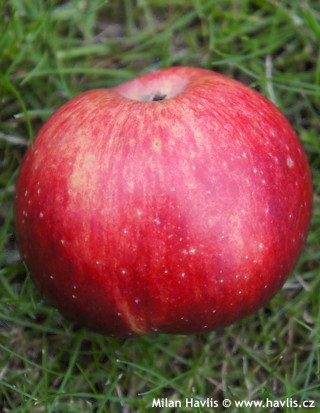
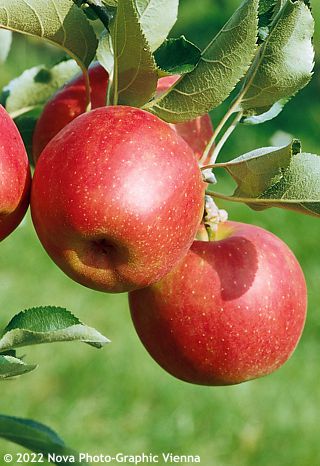
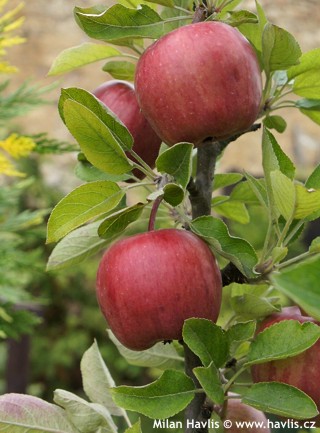
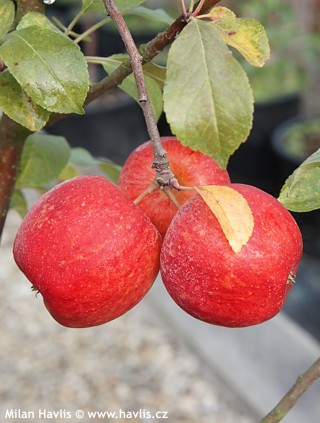
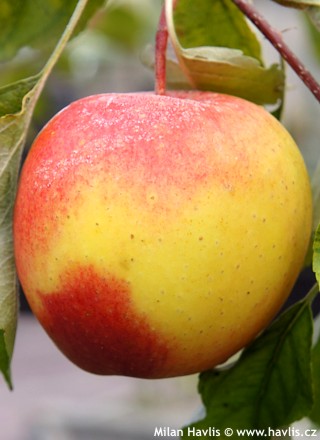
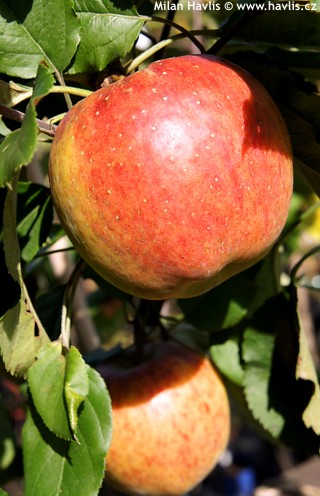
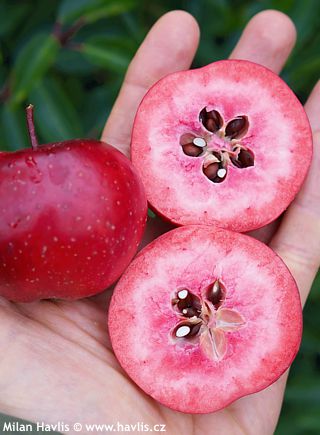
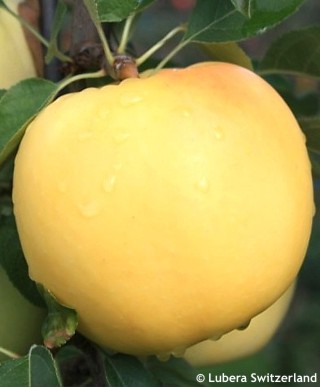
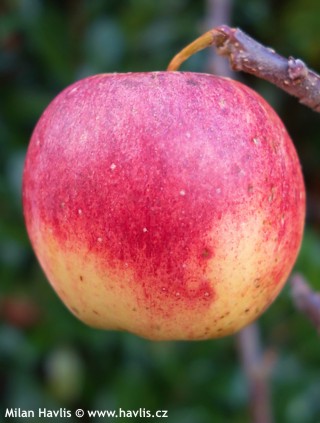
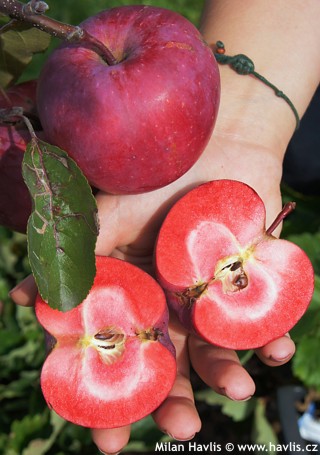
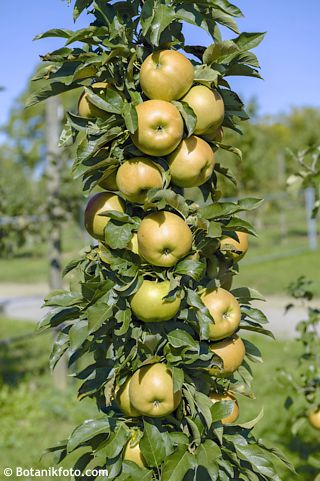
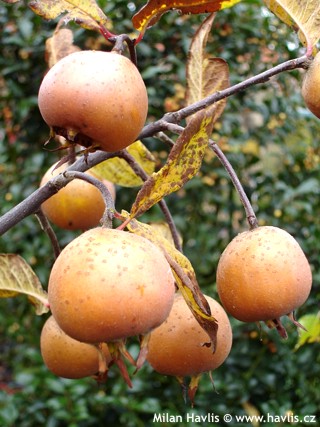
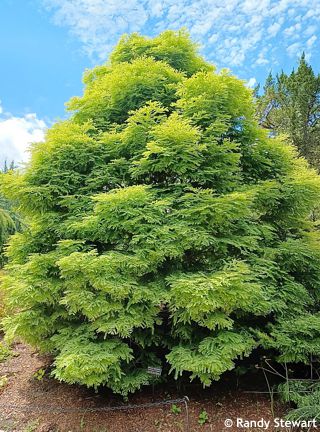
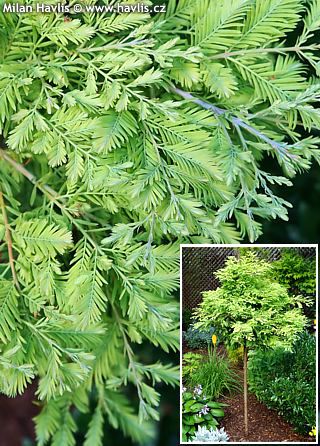
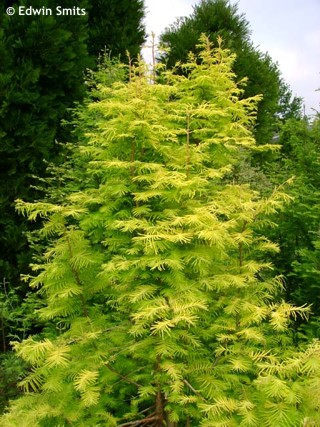
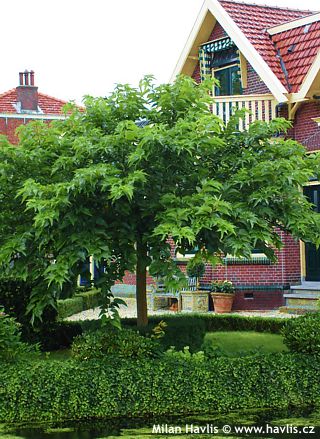
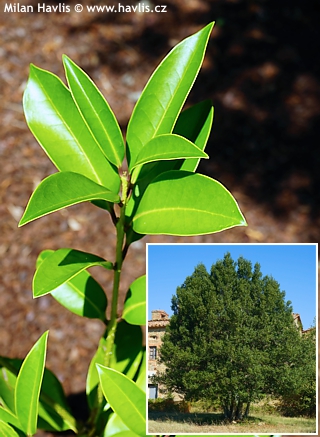
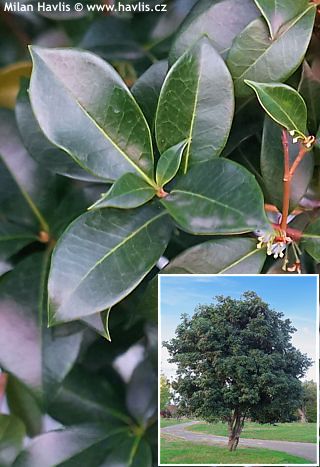
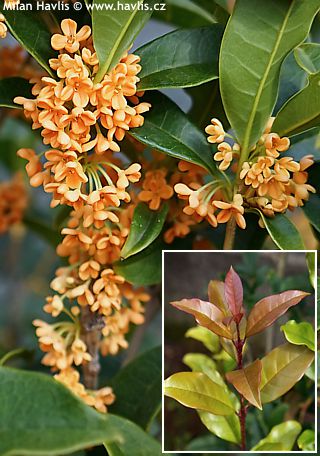
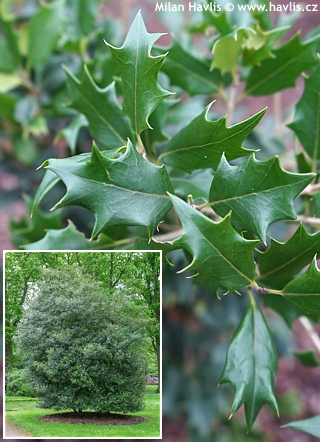
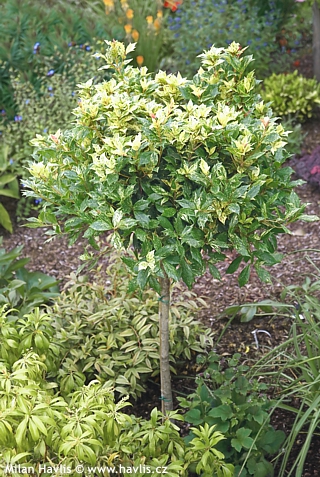
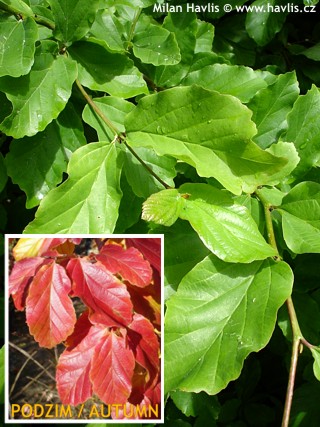
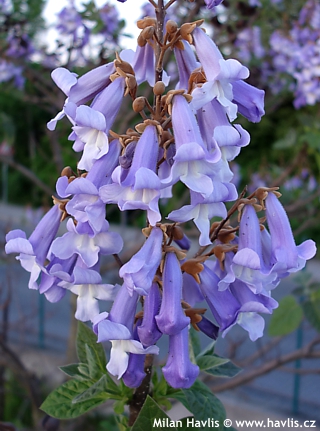
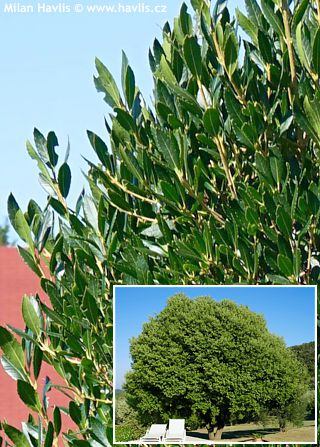
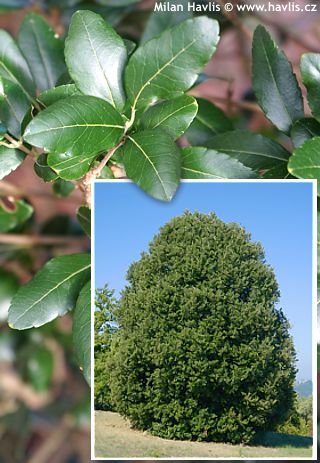
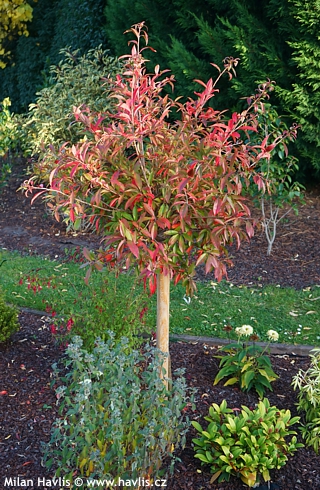
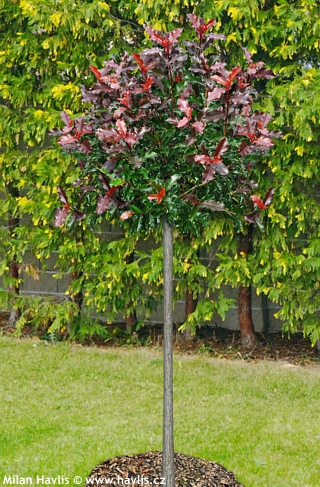
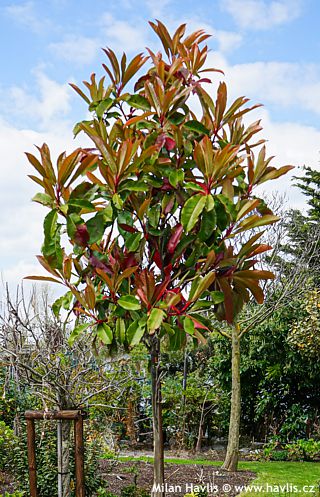
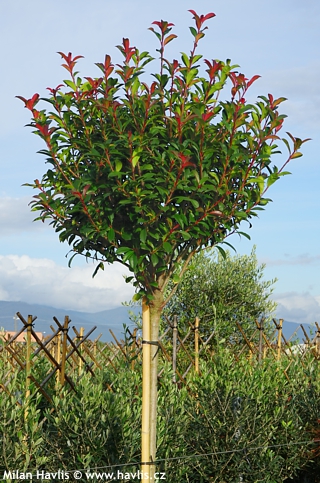
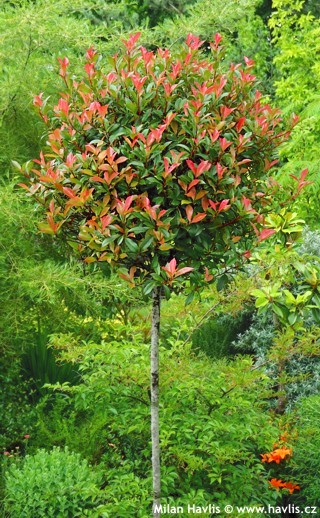
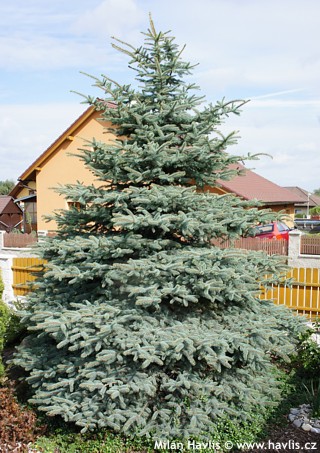
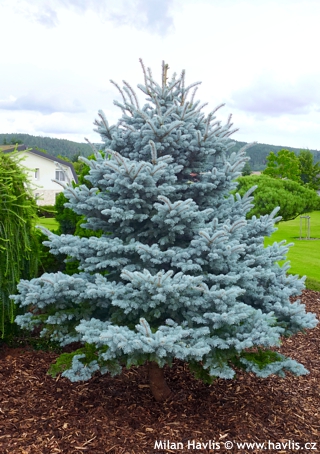
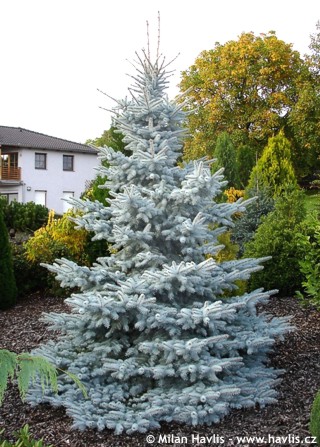
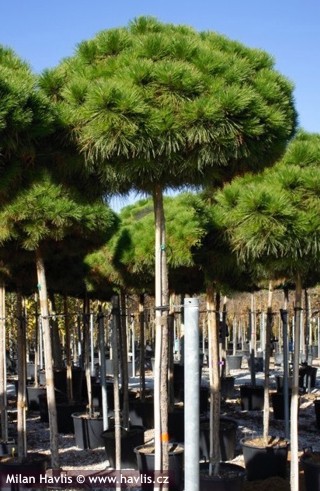
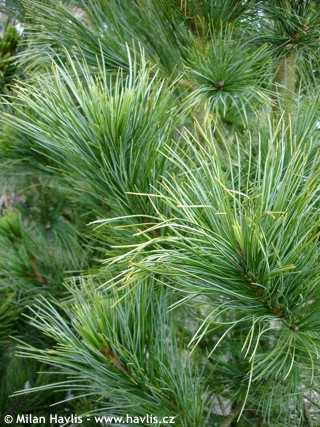
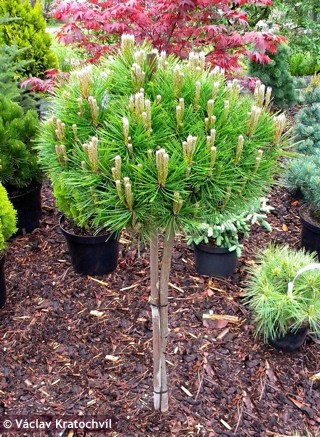
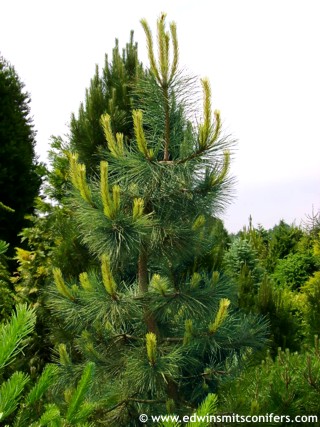
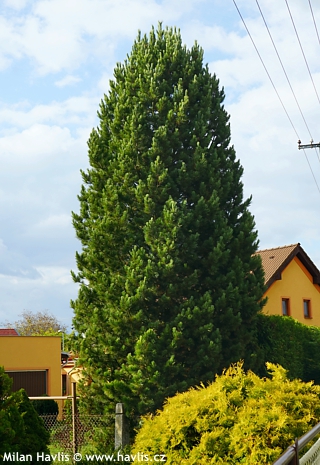
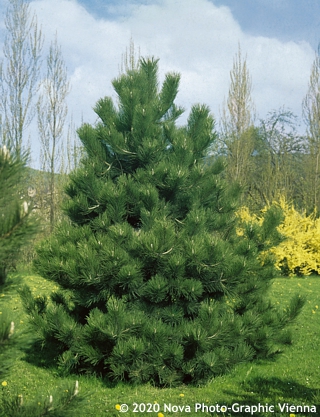
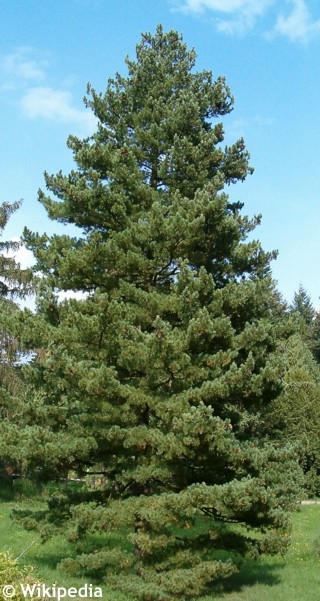
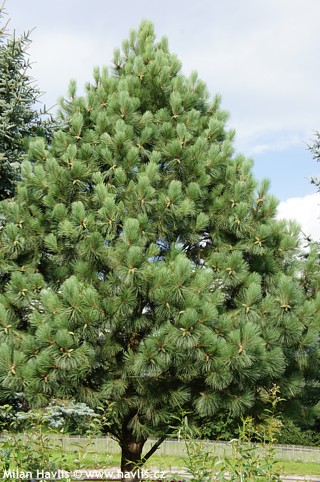
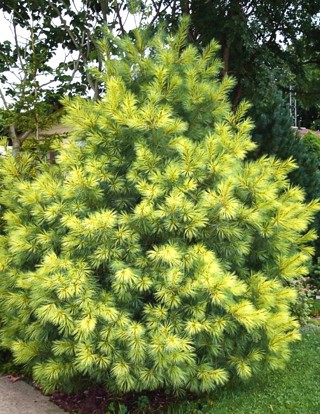
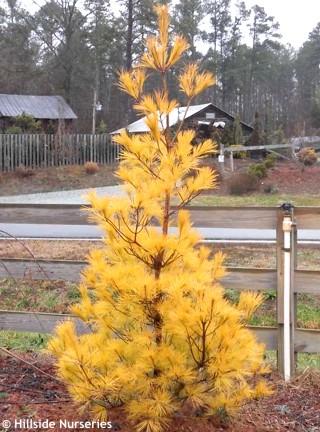
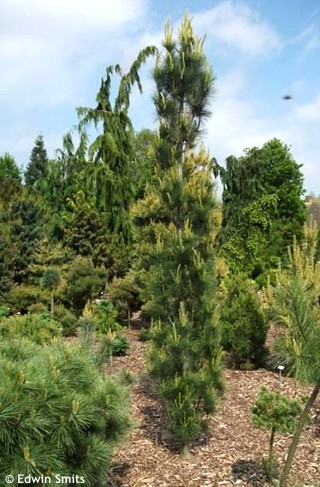
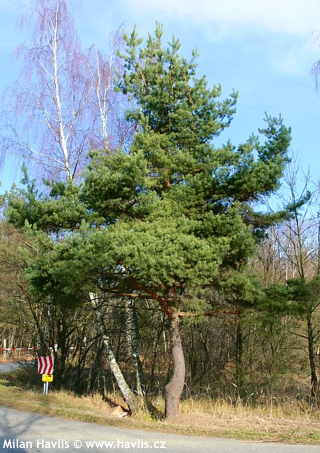
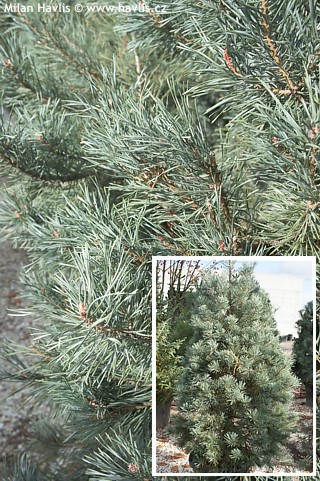
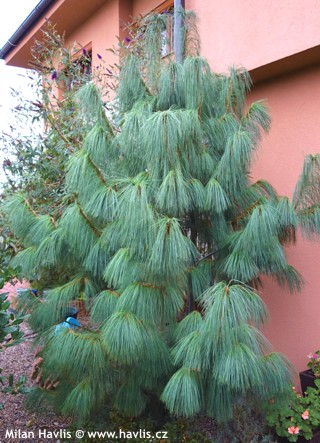
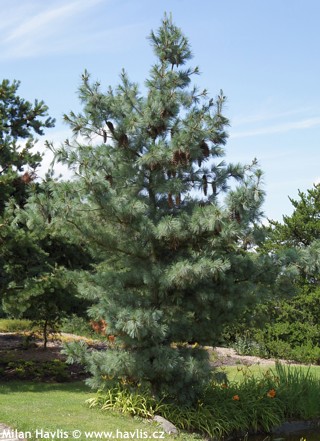
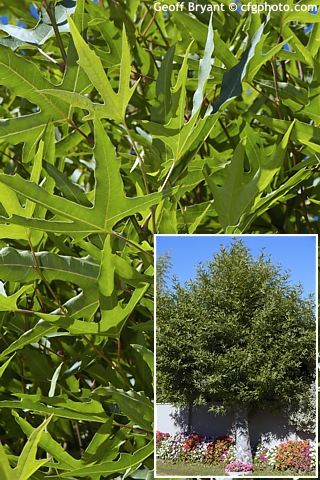
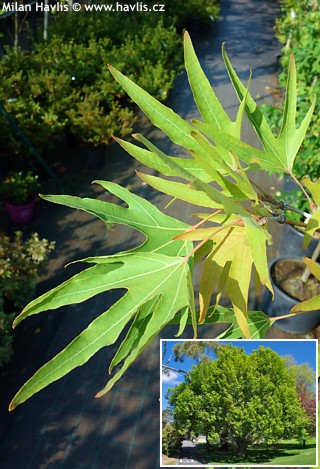
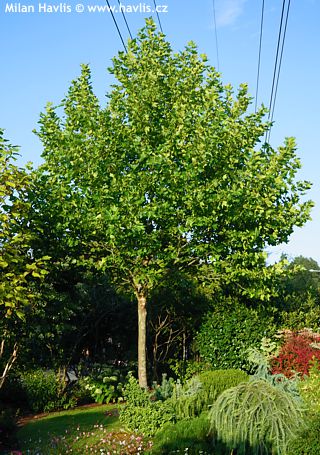
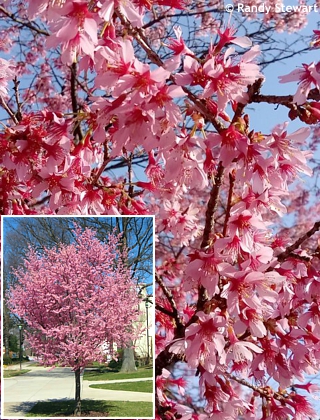
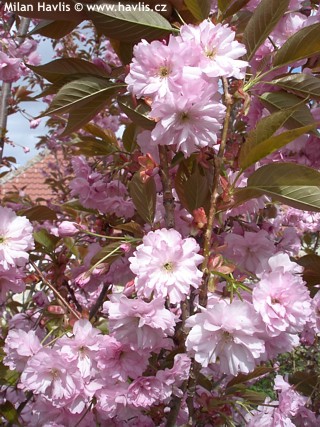
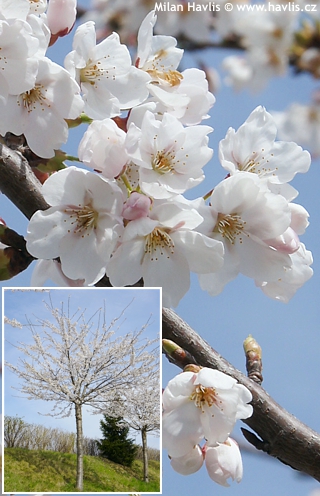
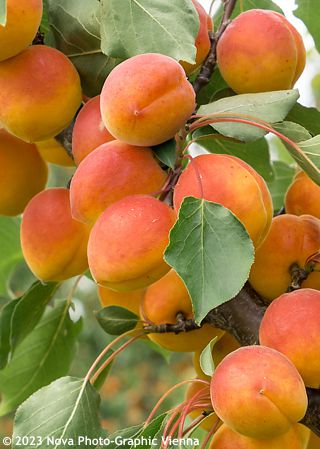
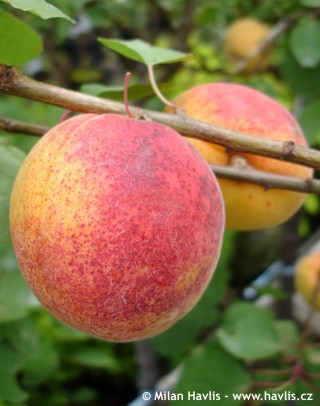
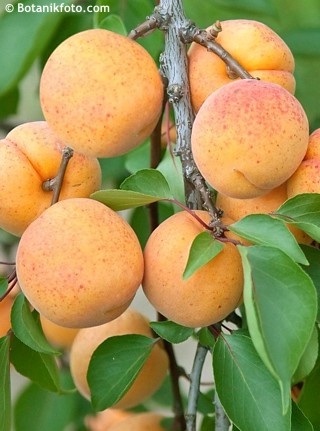
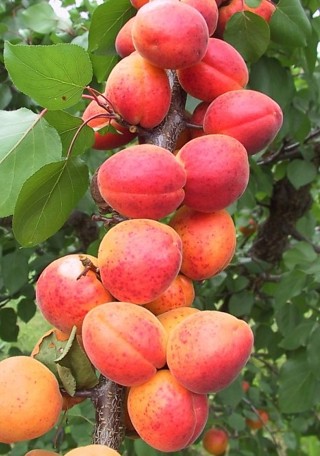
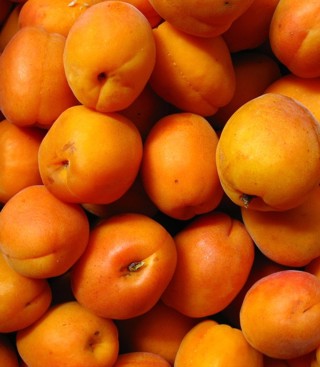
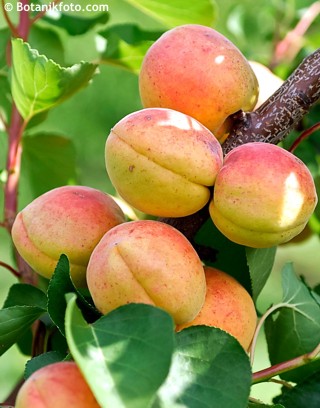
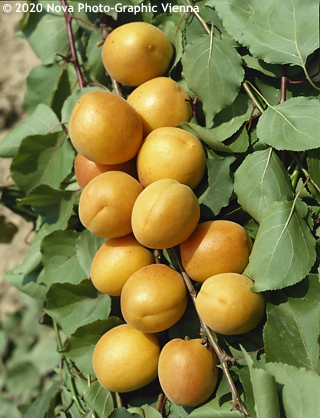
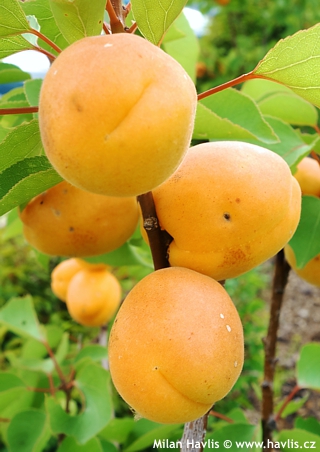
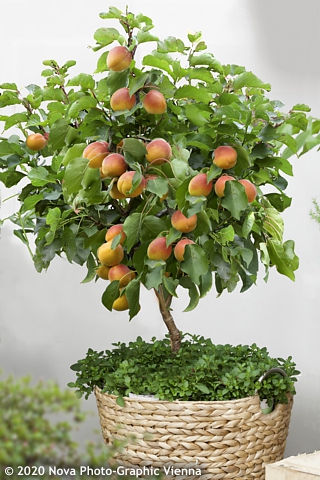
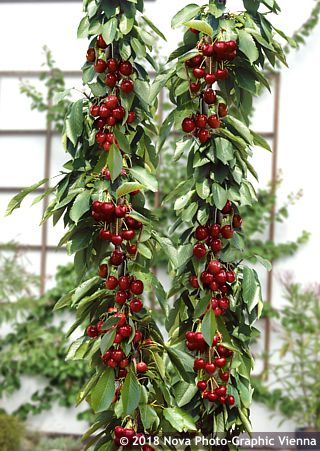
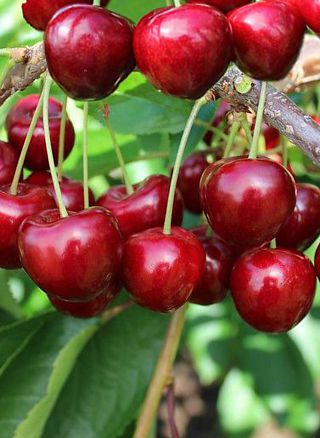
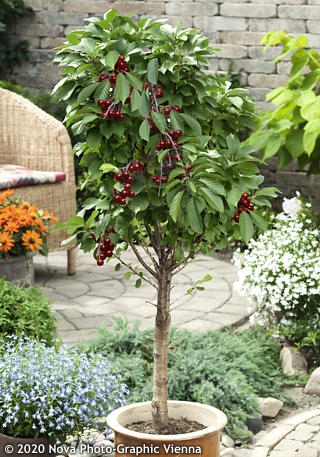
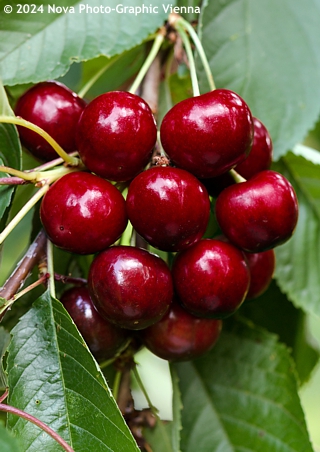
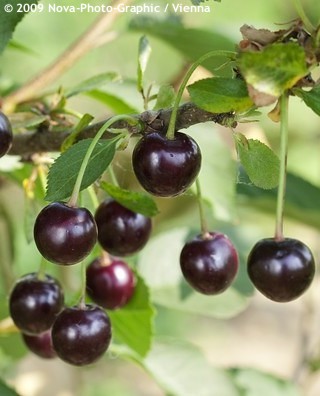
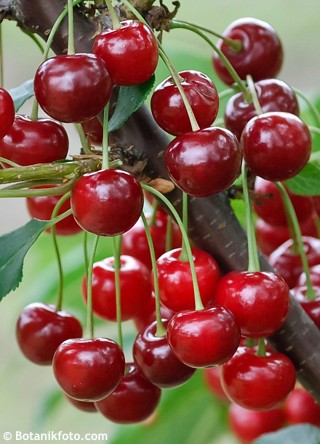
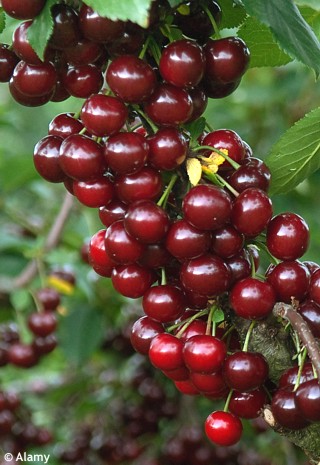
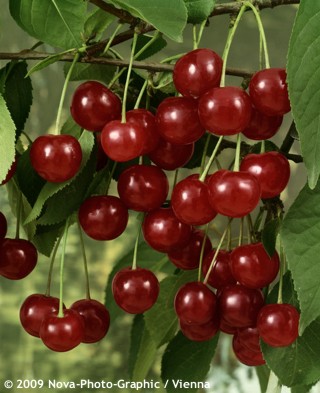
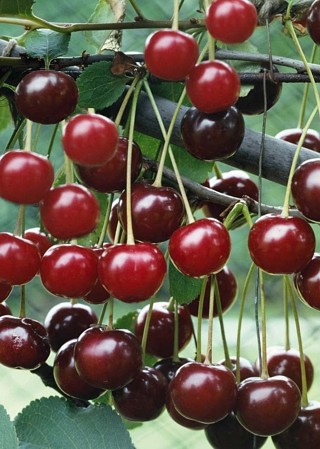
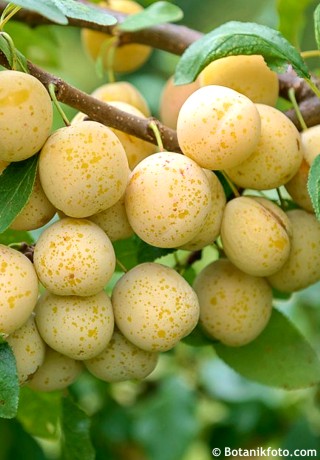
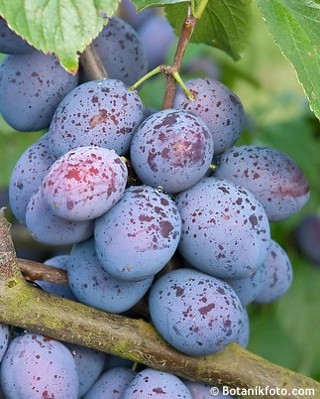
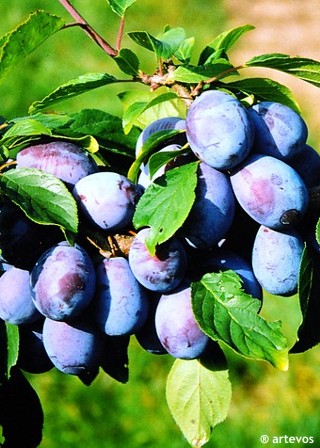
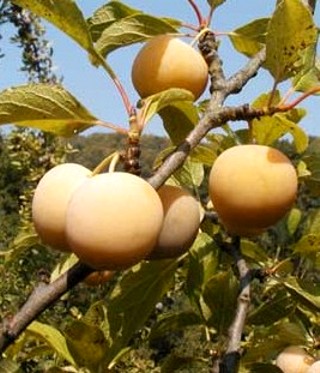
.jpg)
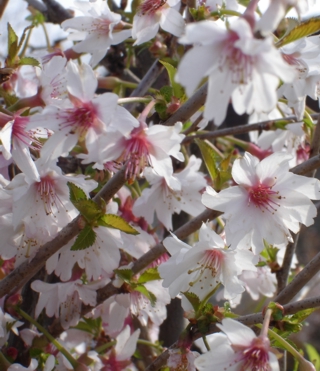
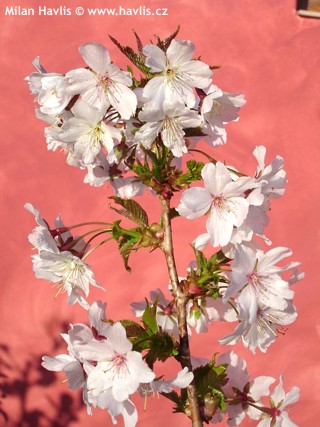
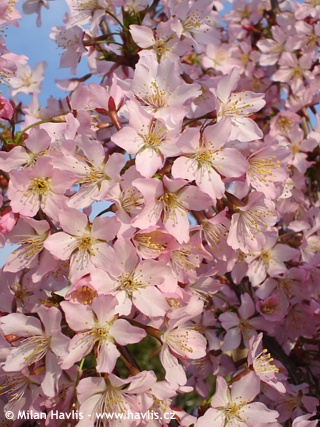
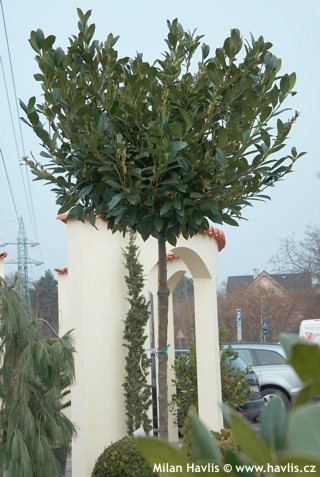
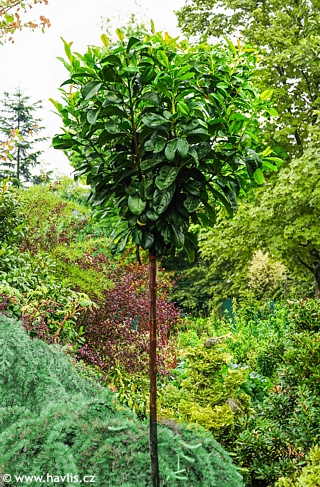
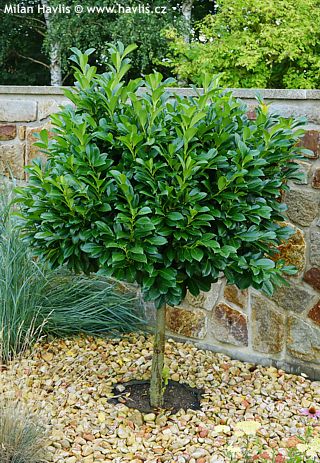
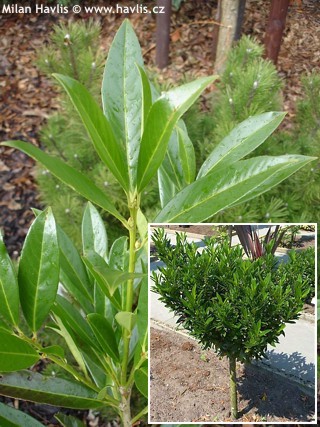
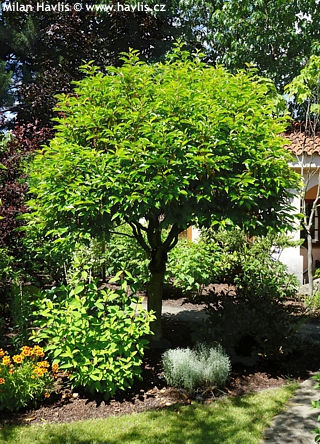
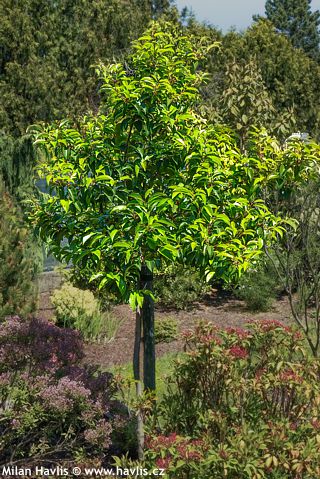
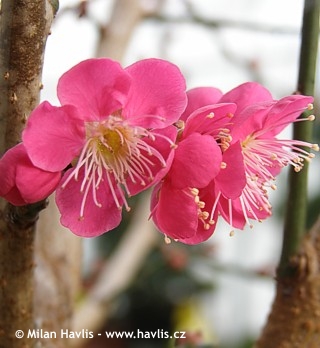
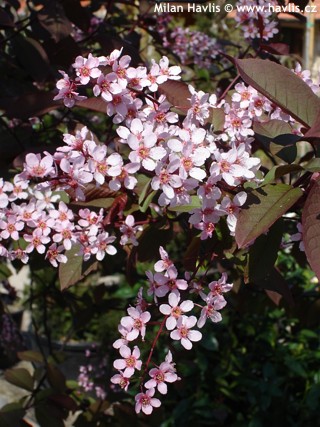
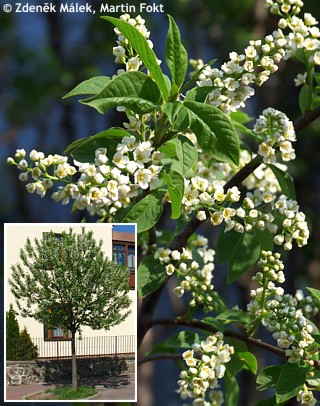
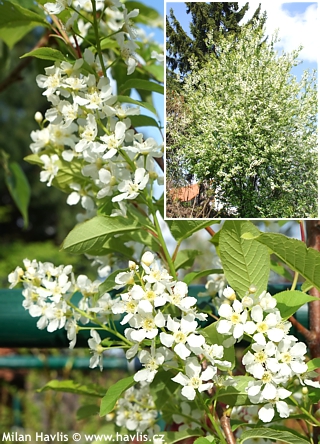
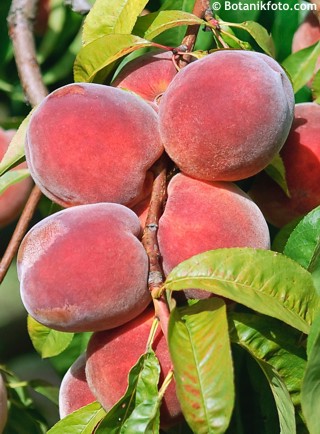
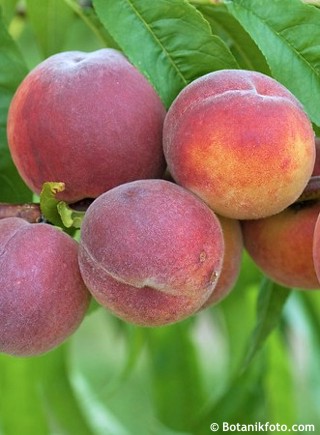
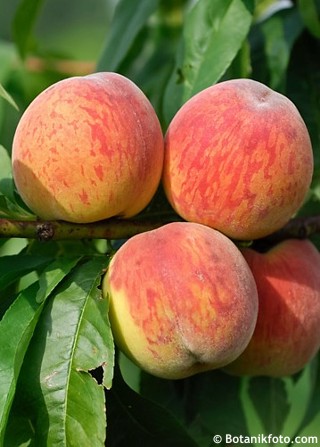
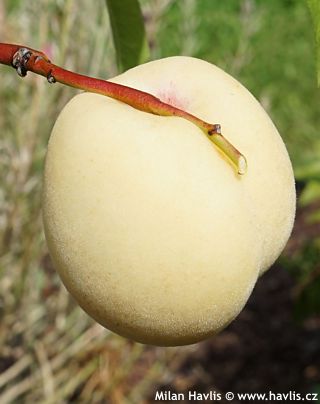
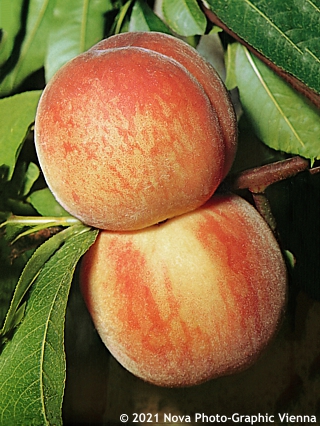
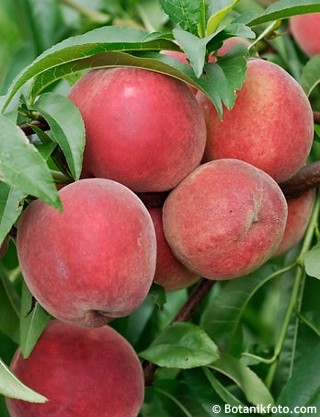
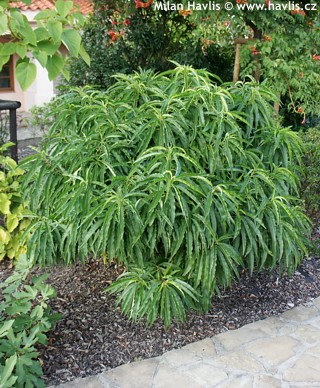
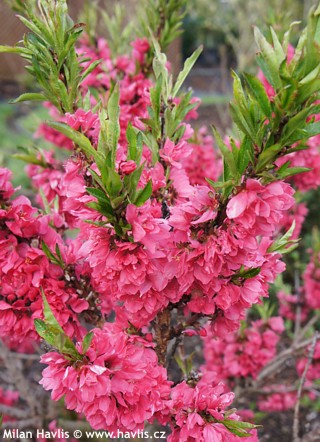
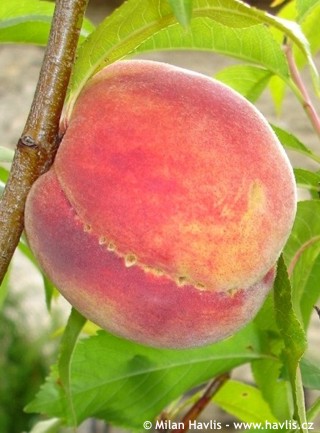
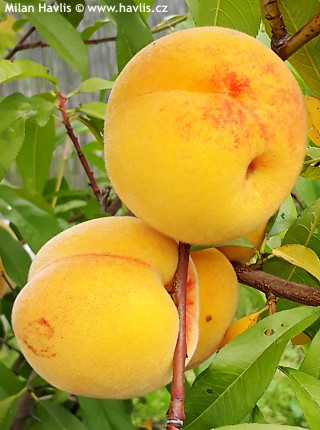
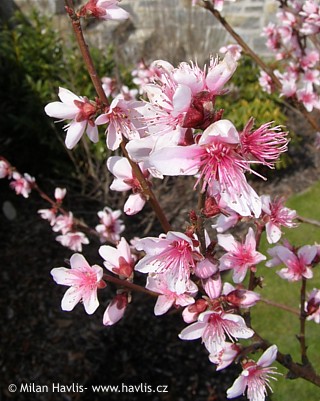
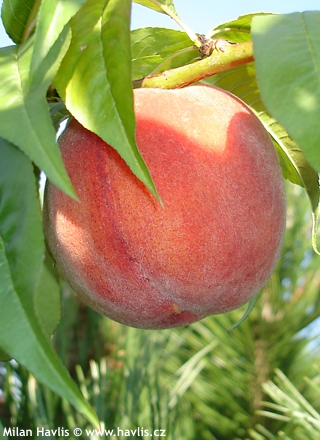
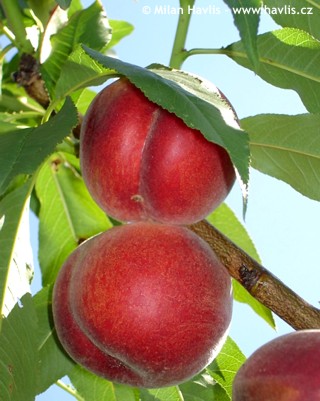
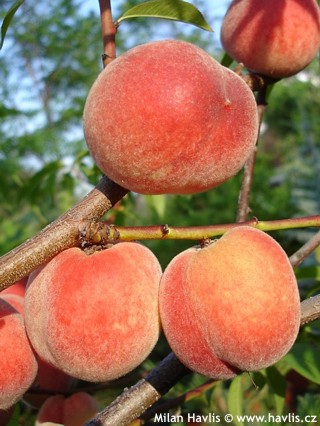
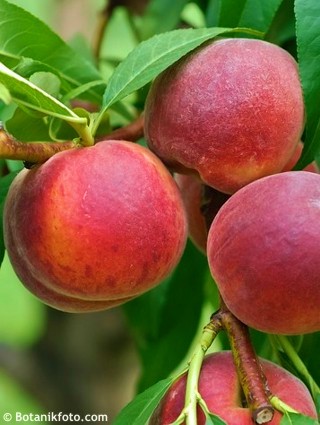
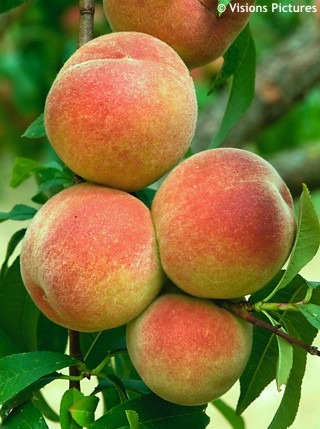
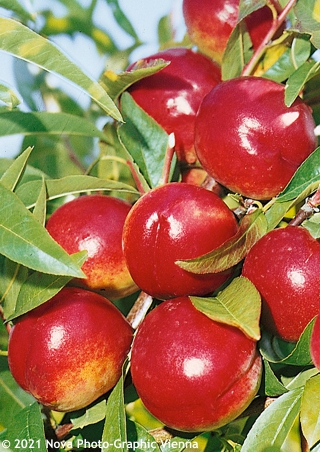
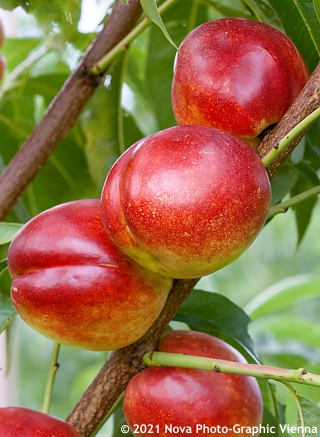
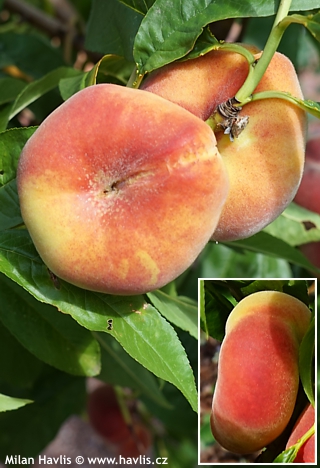
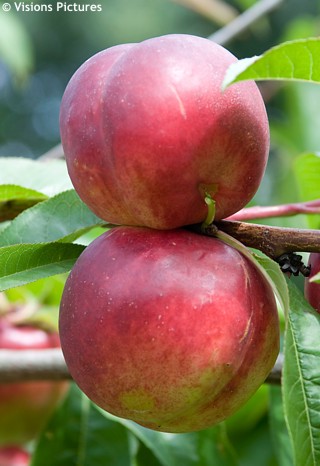
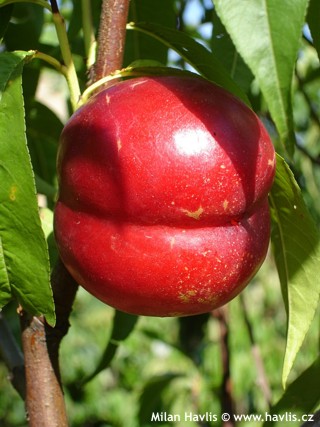
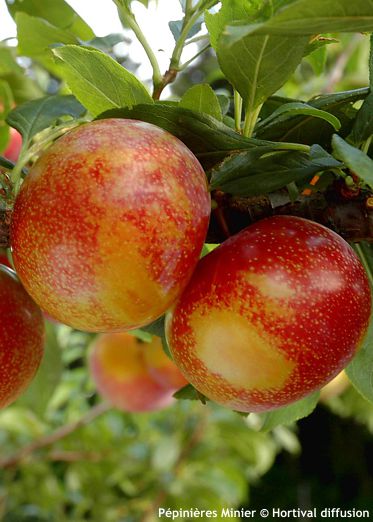
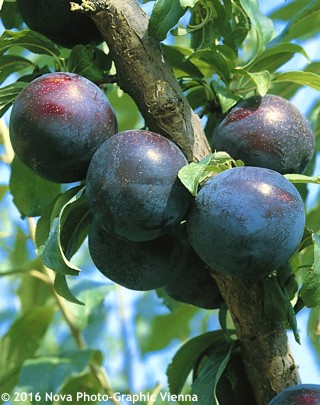
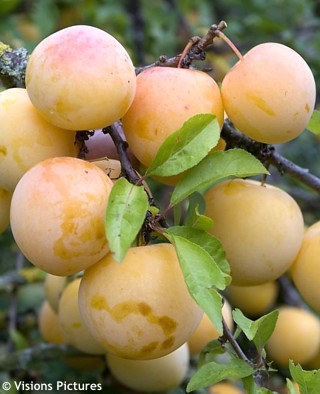
.jpg)
